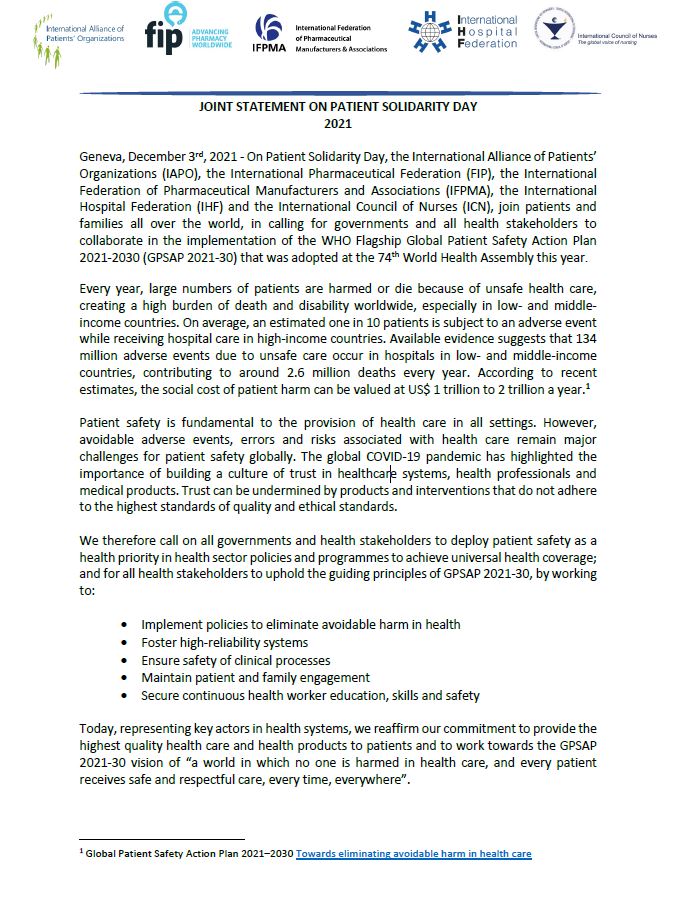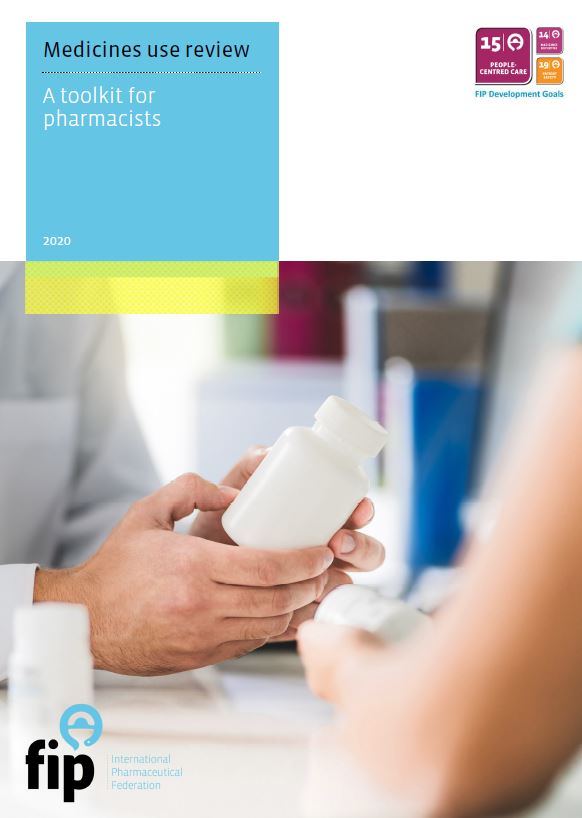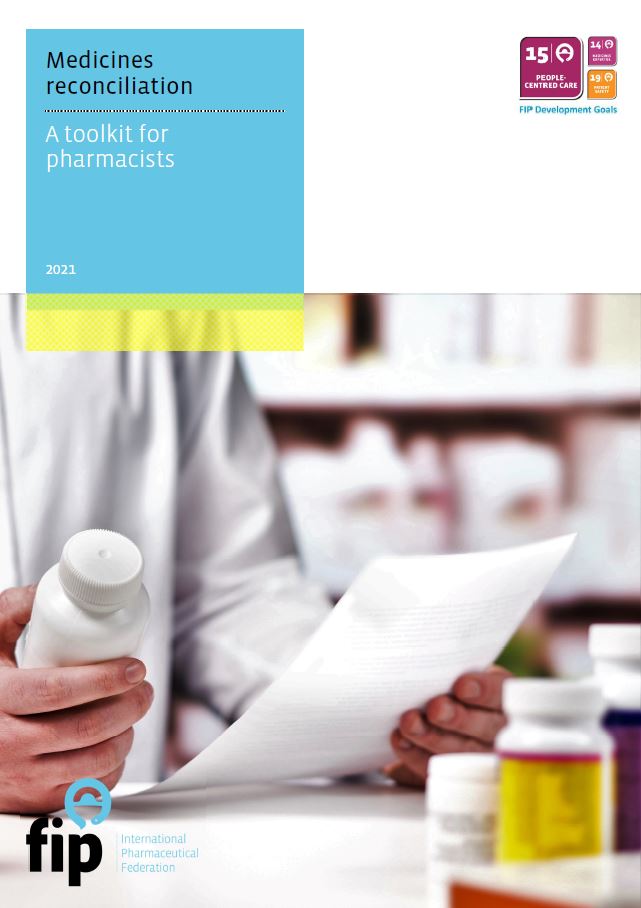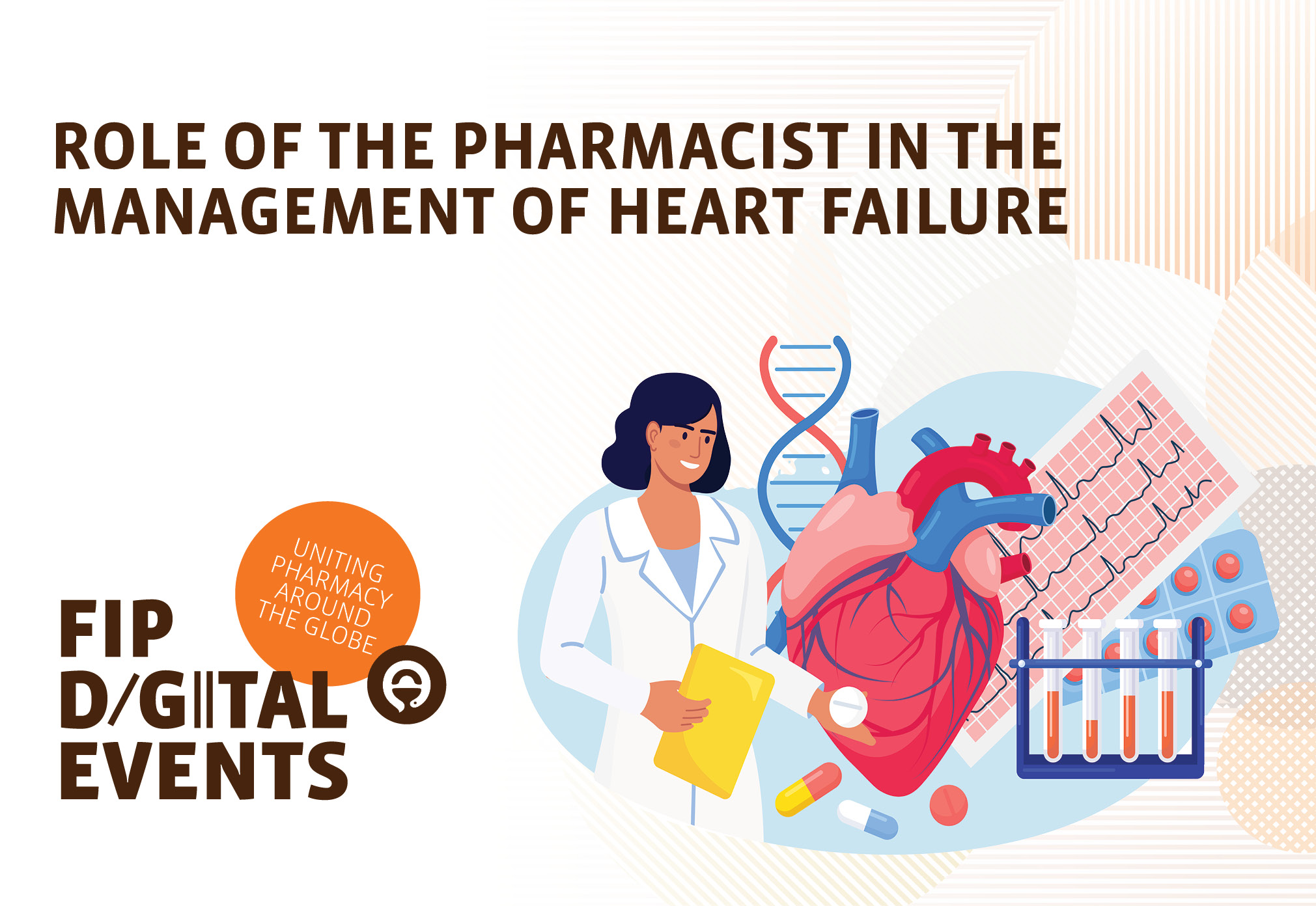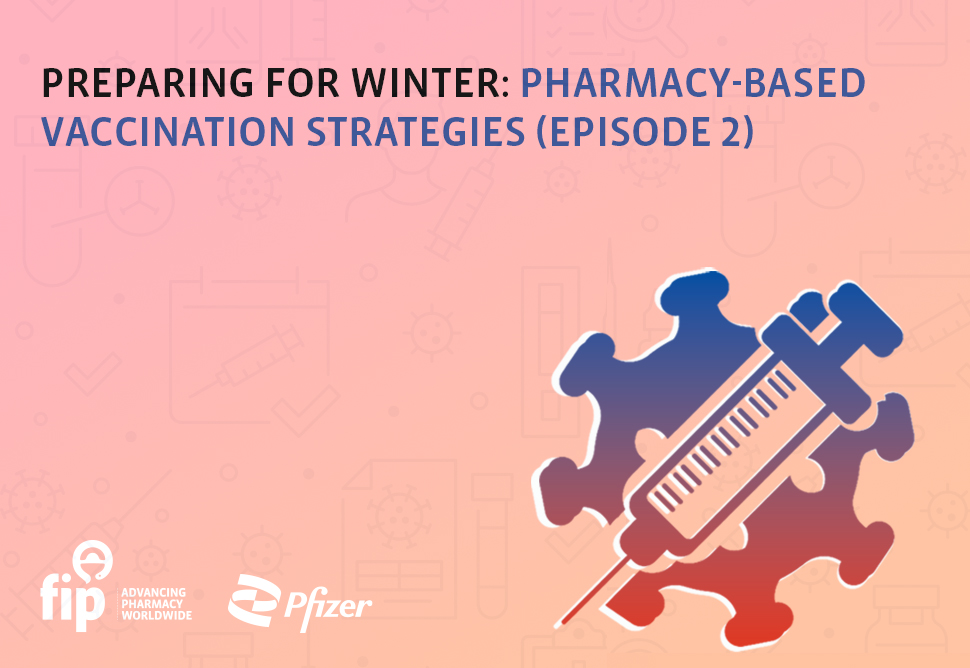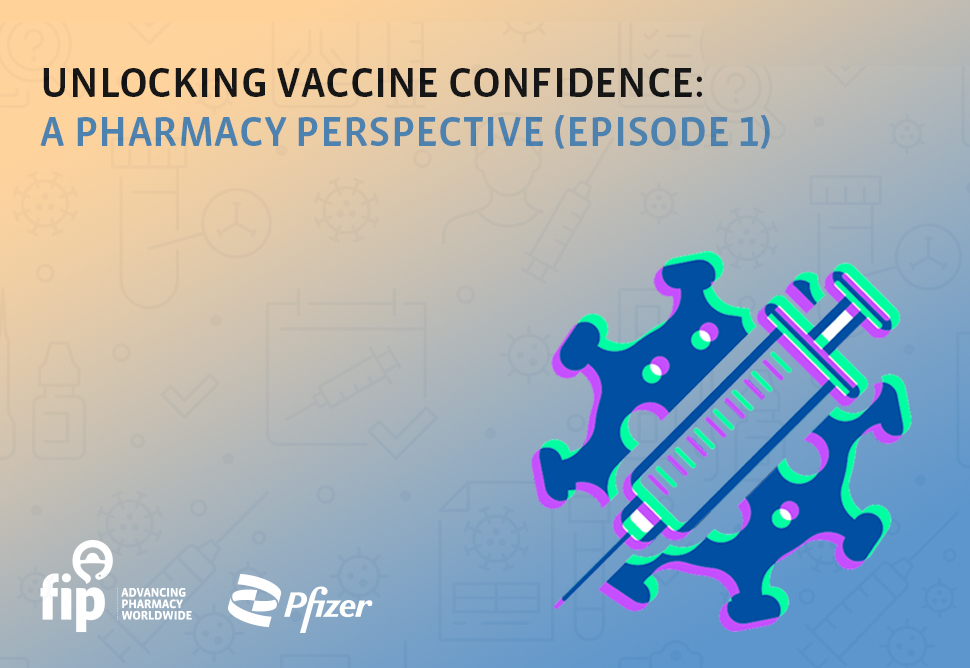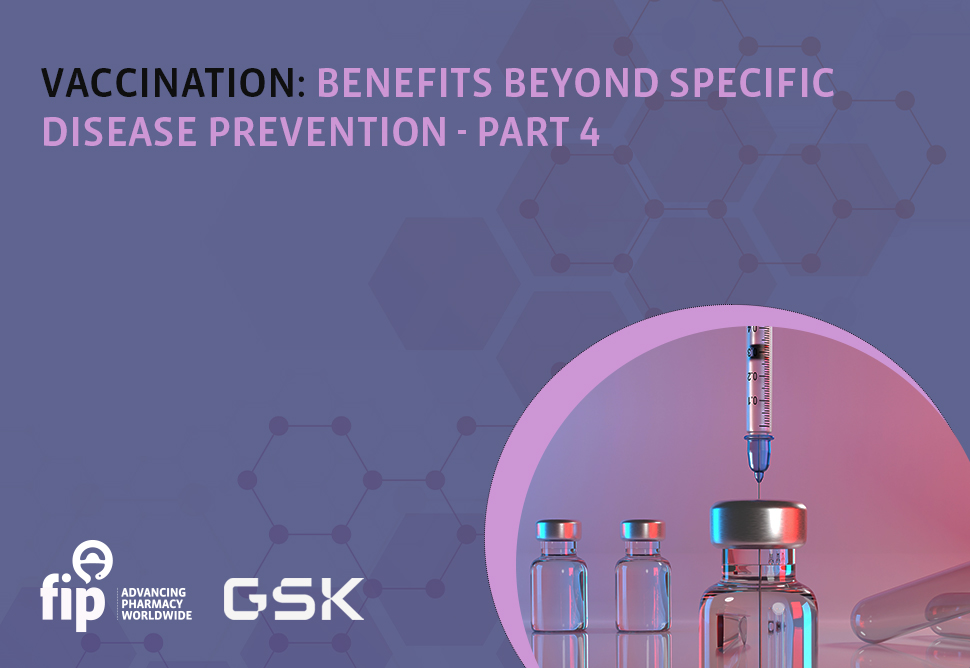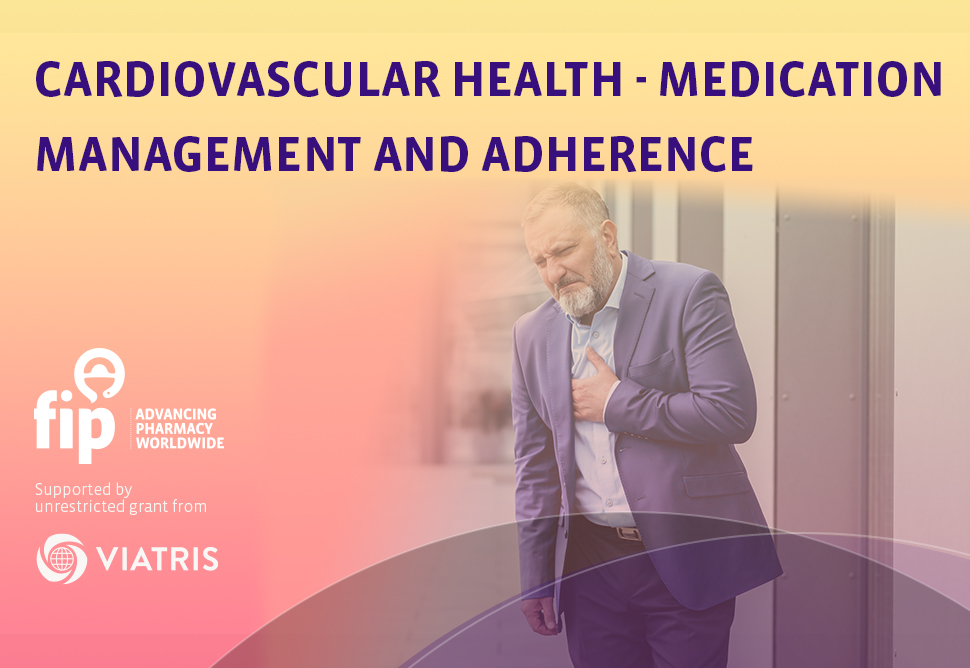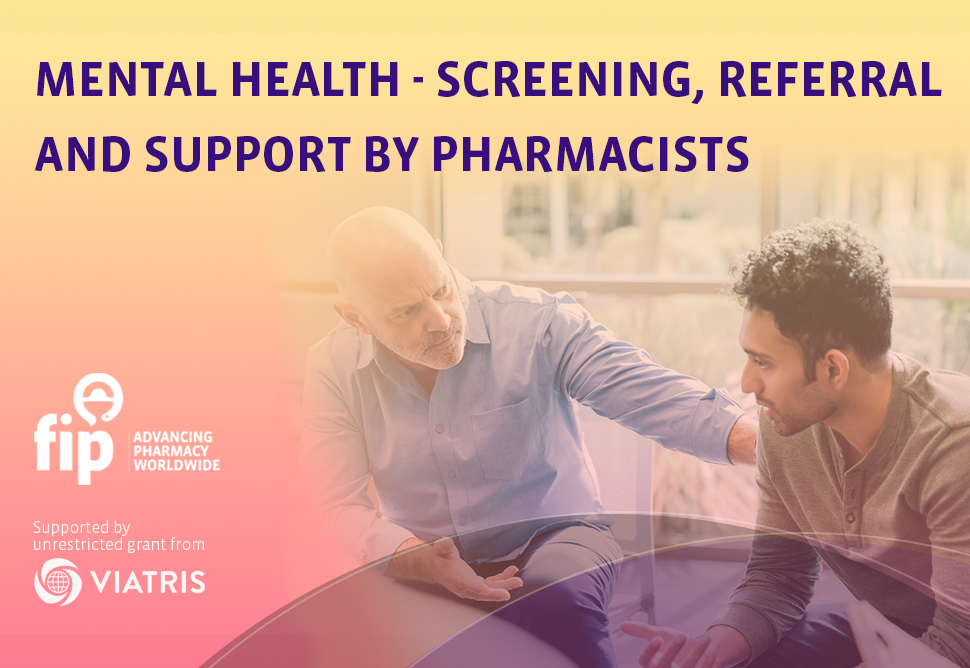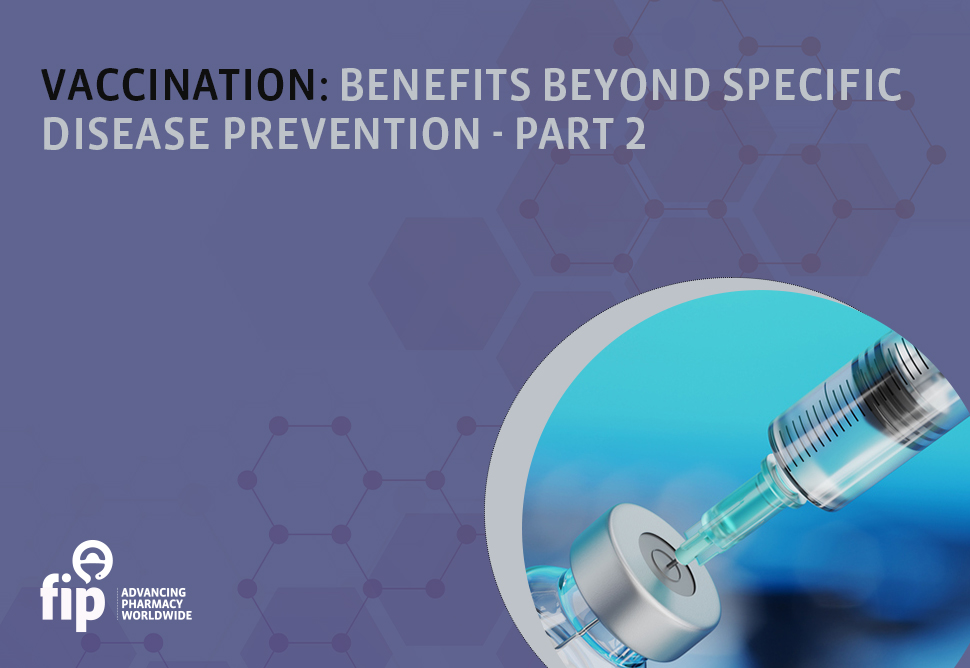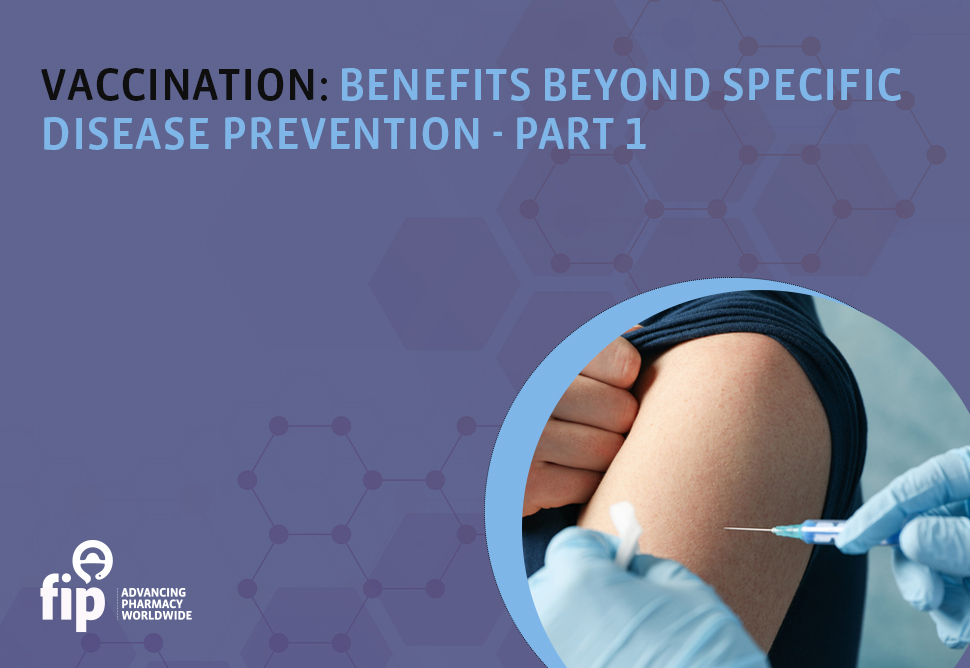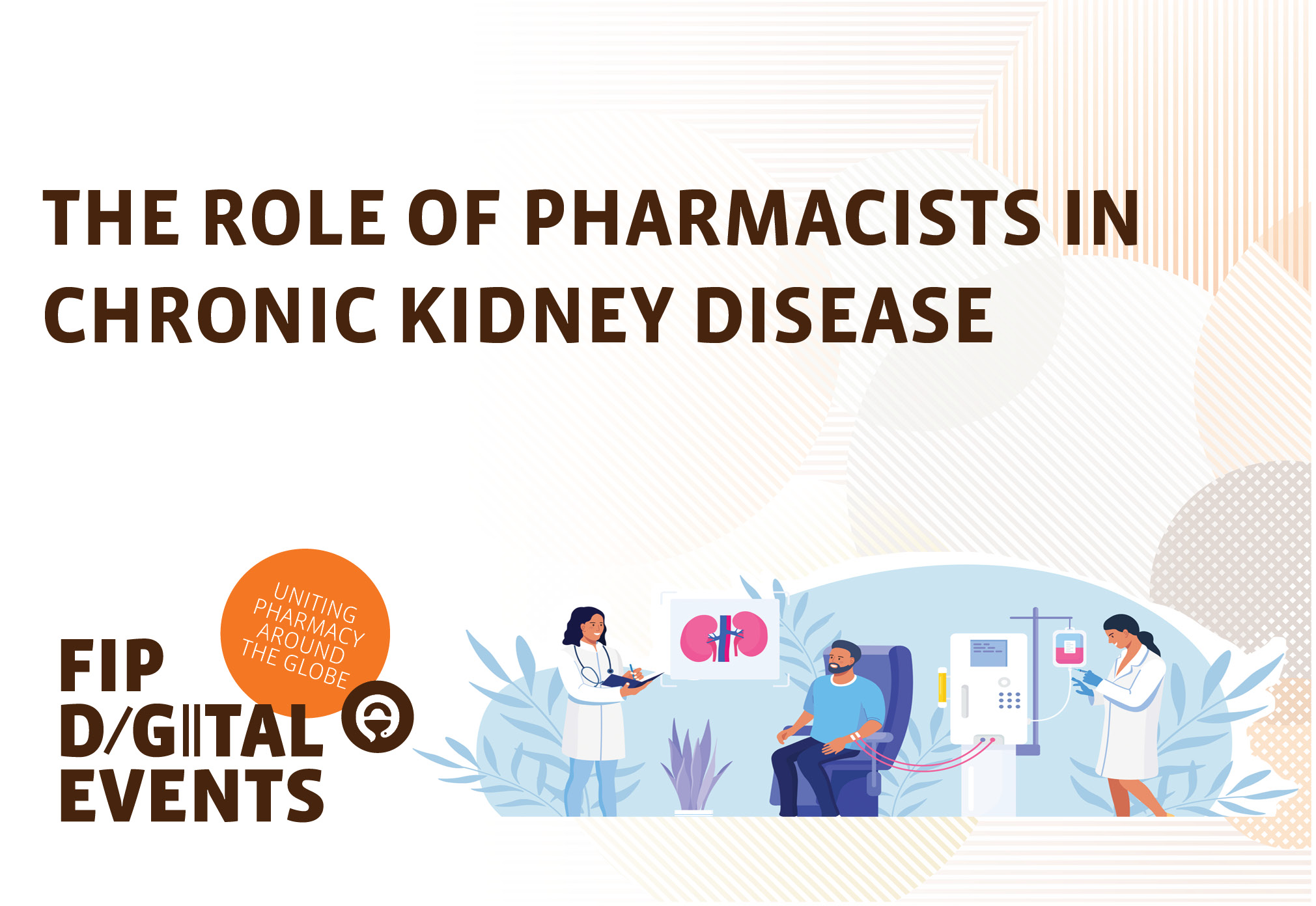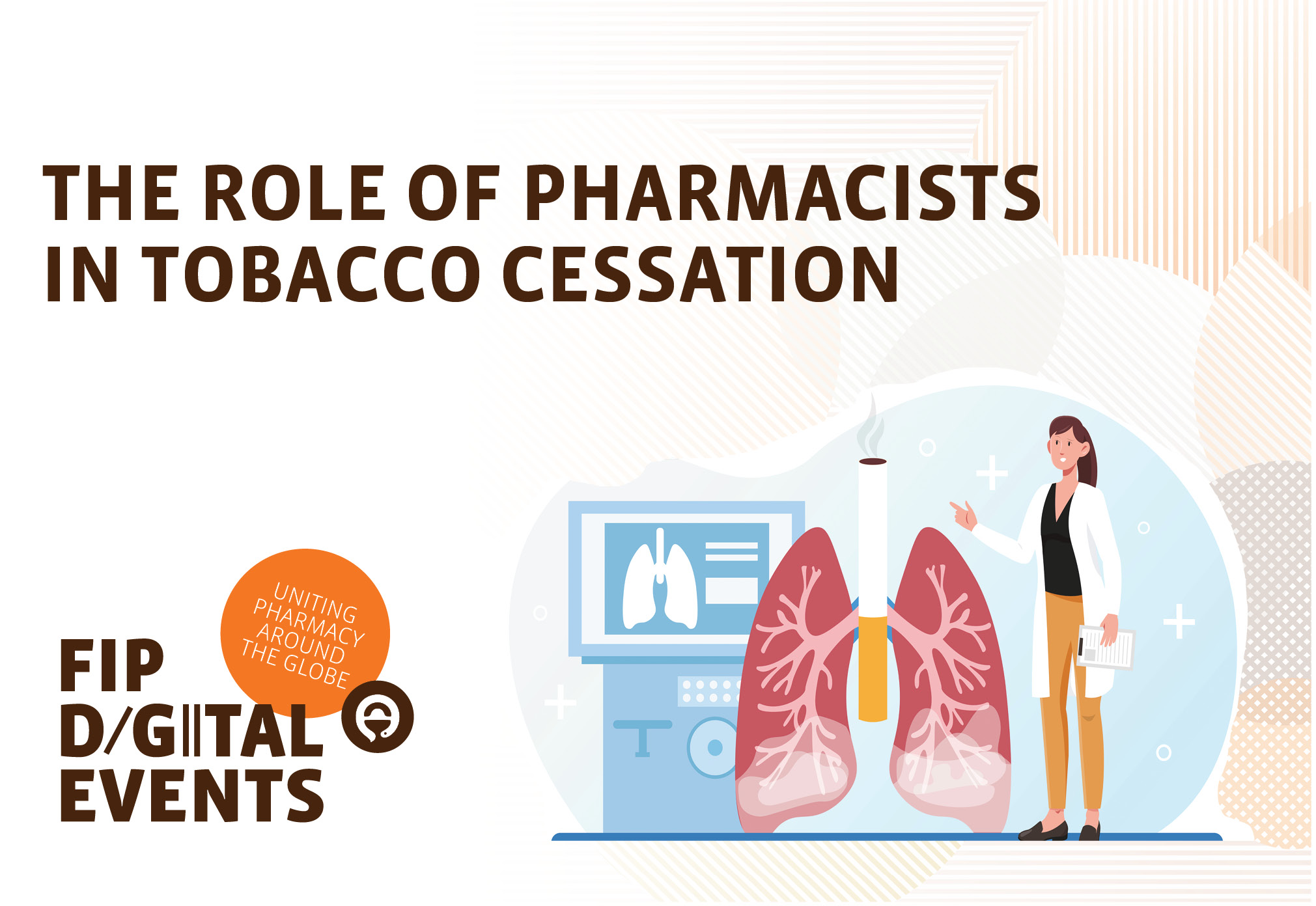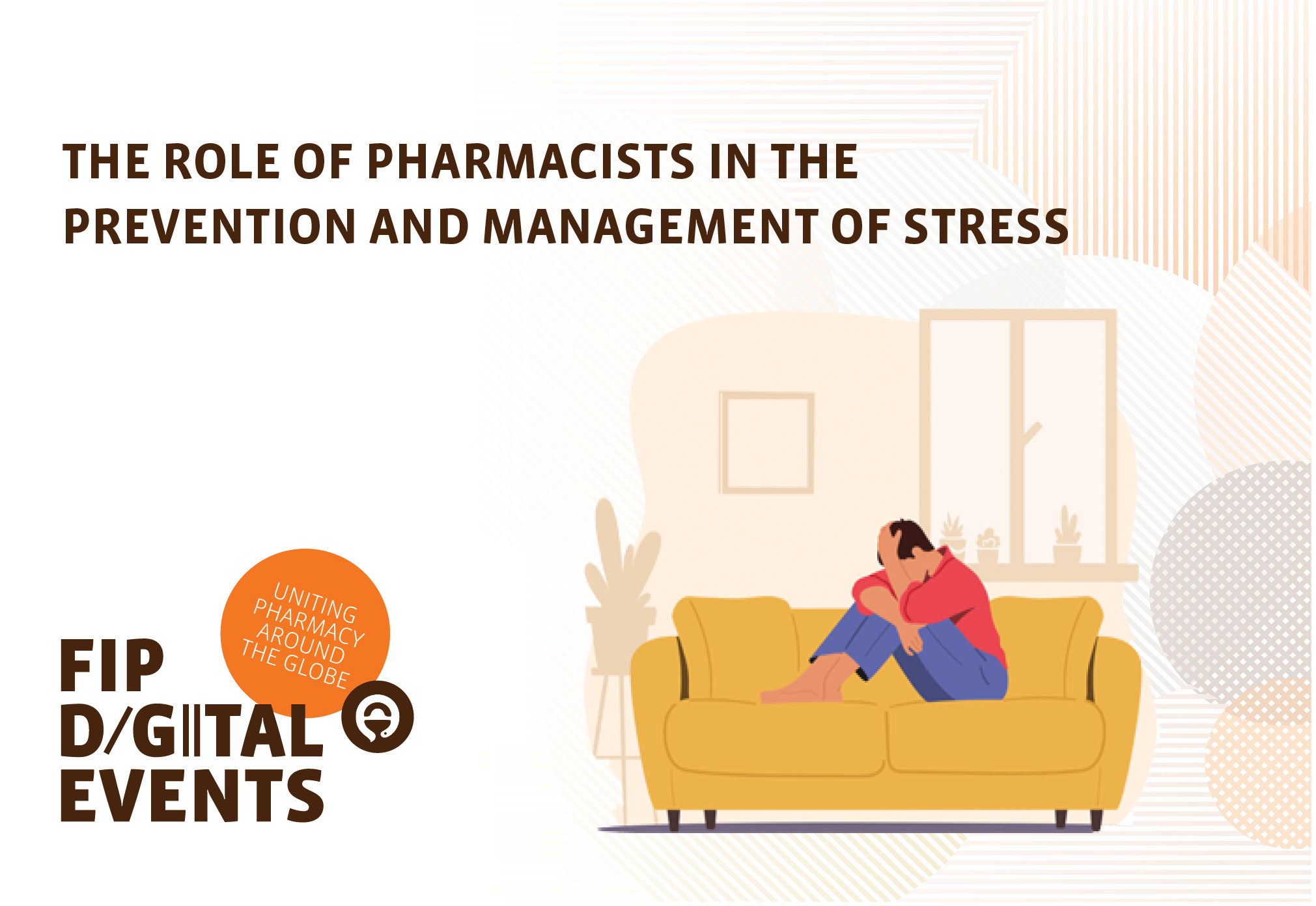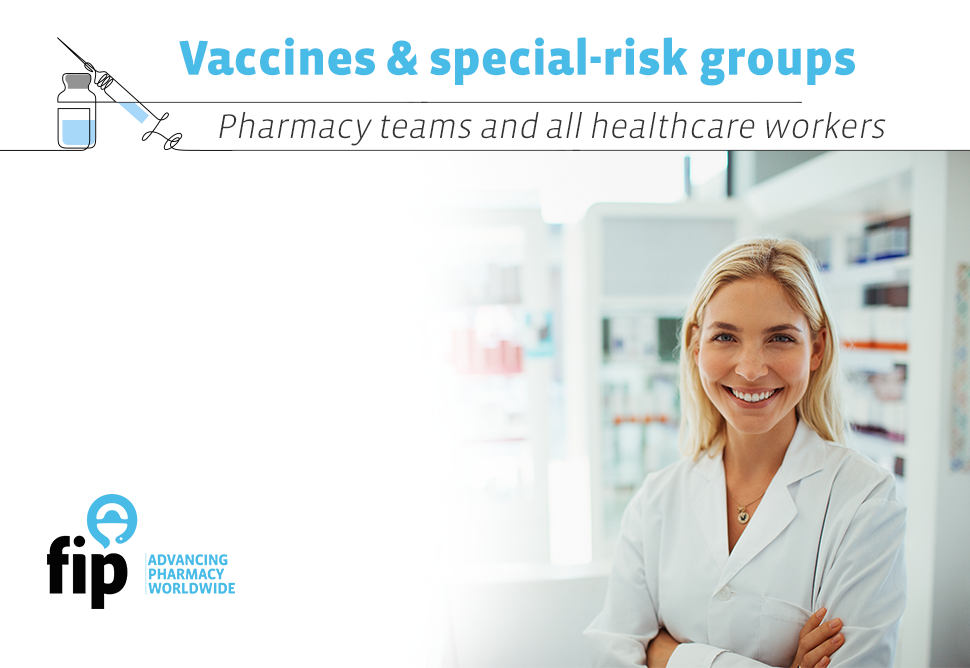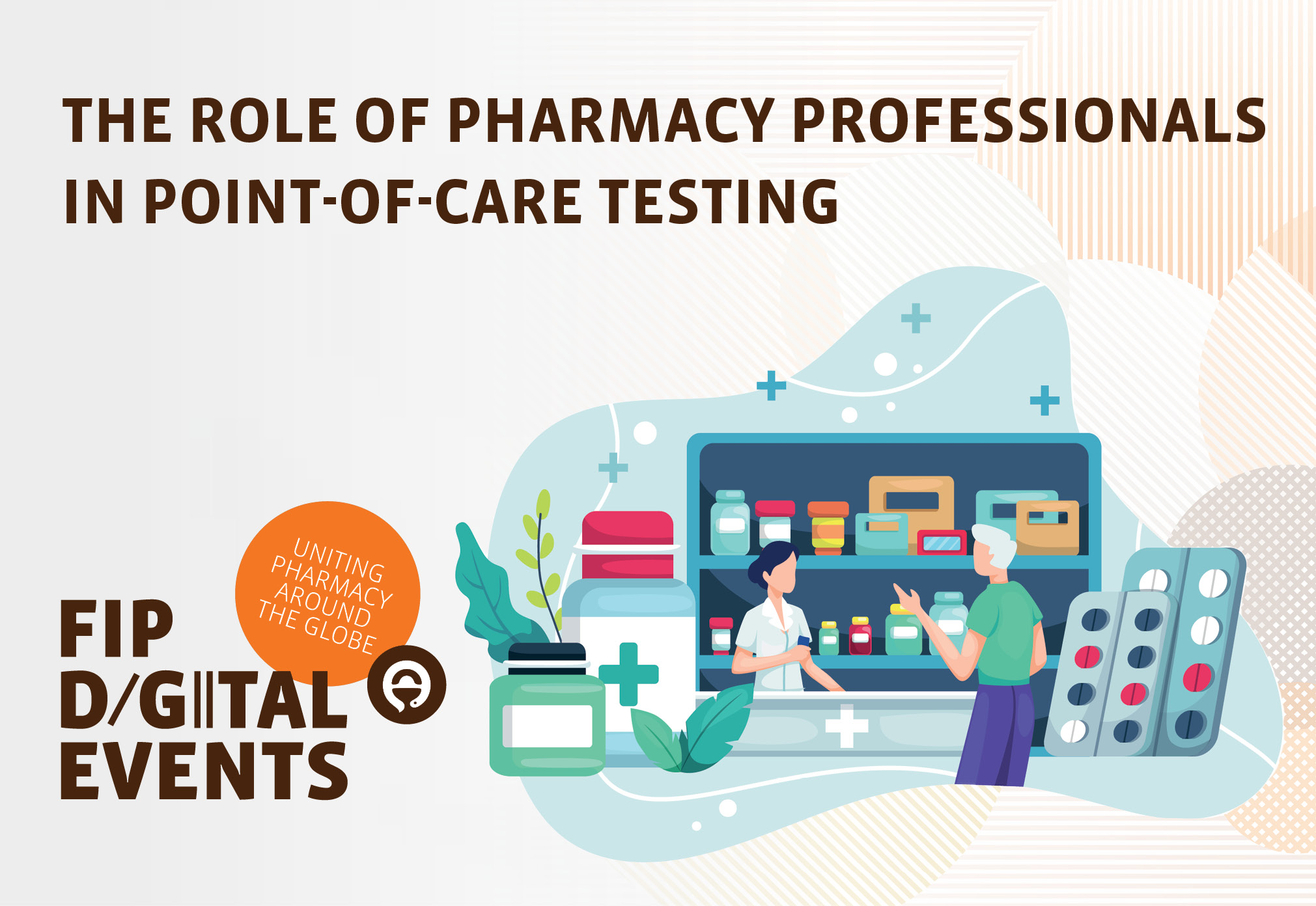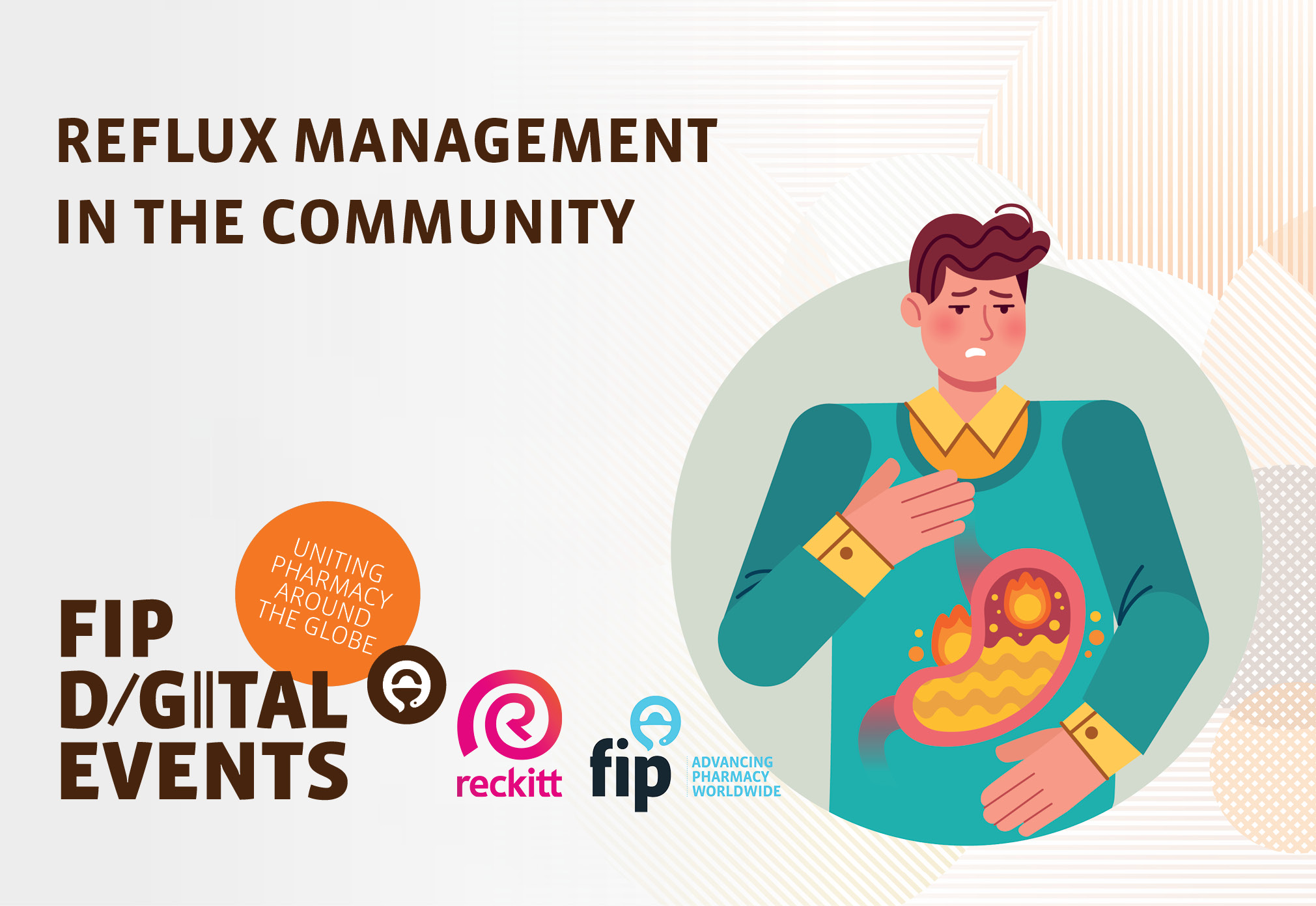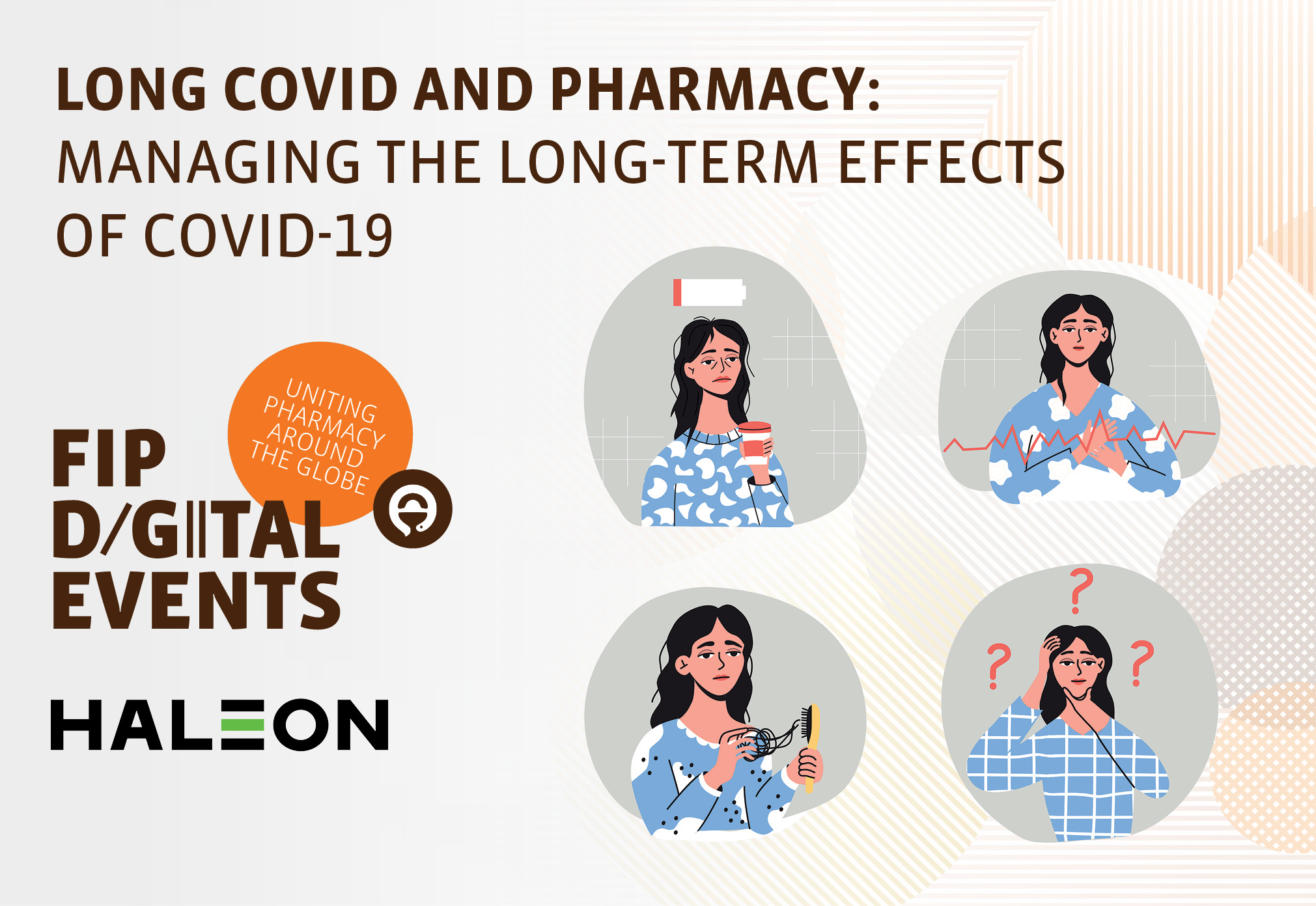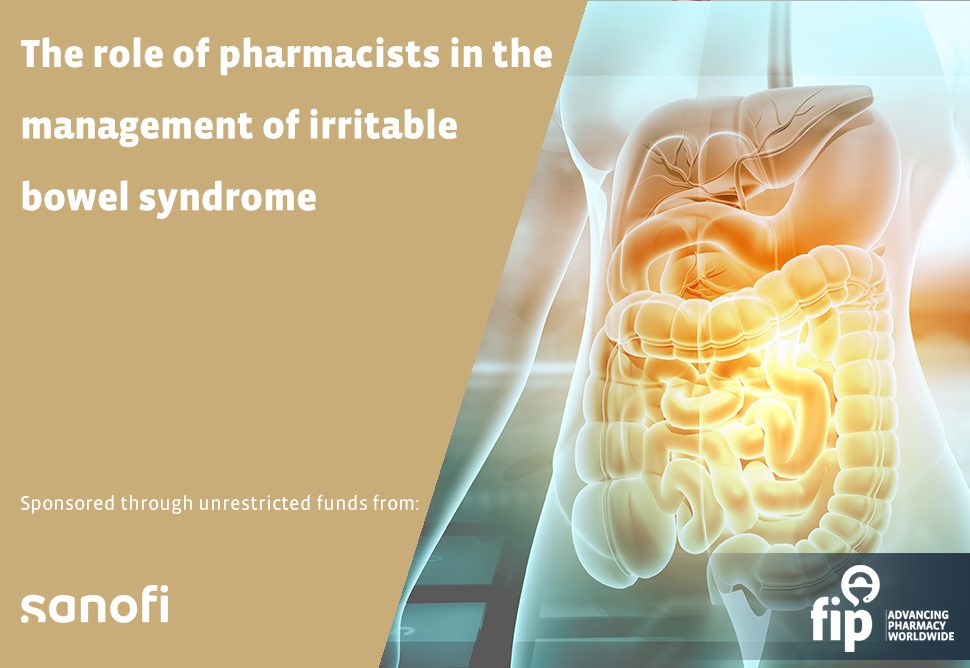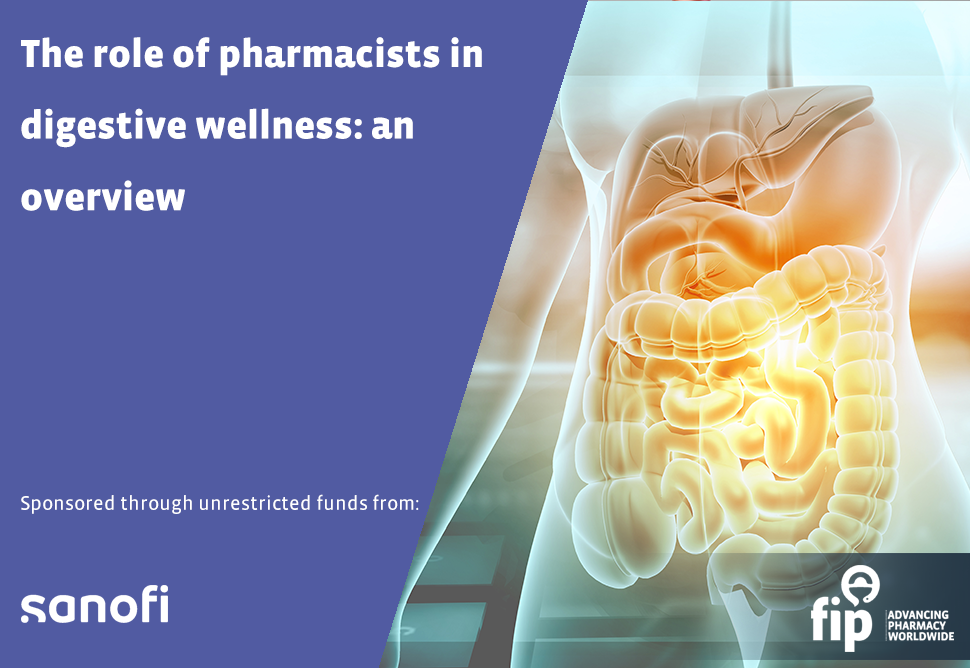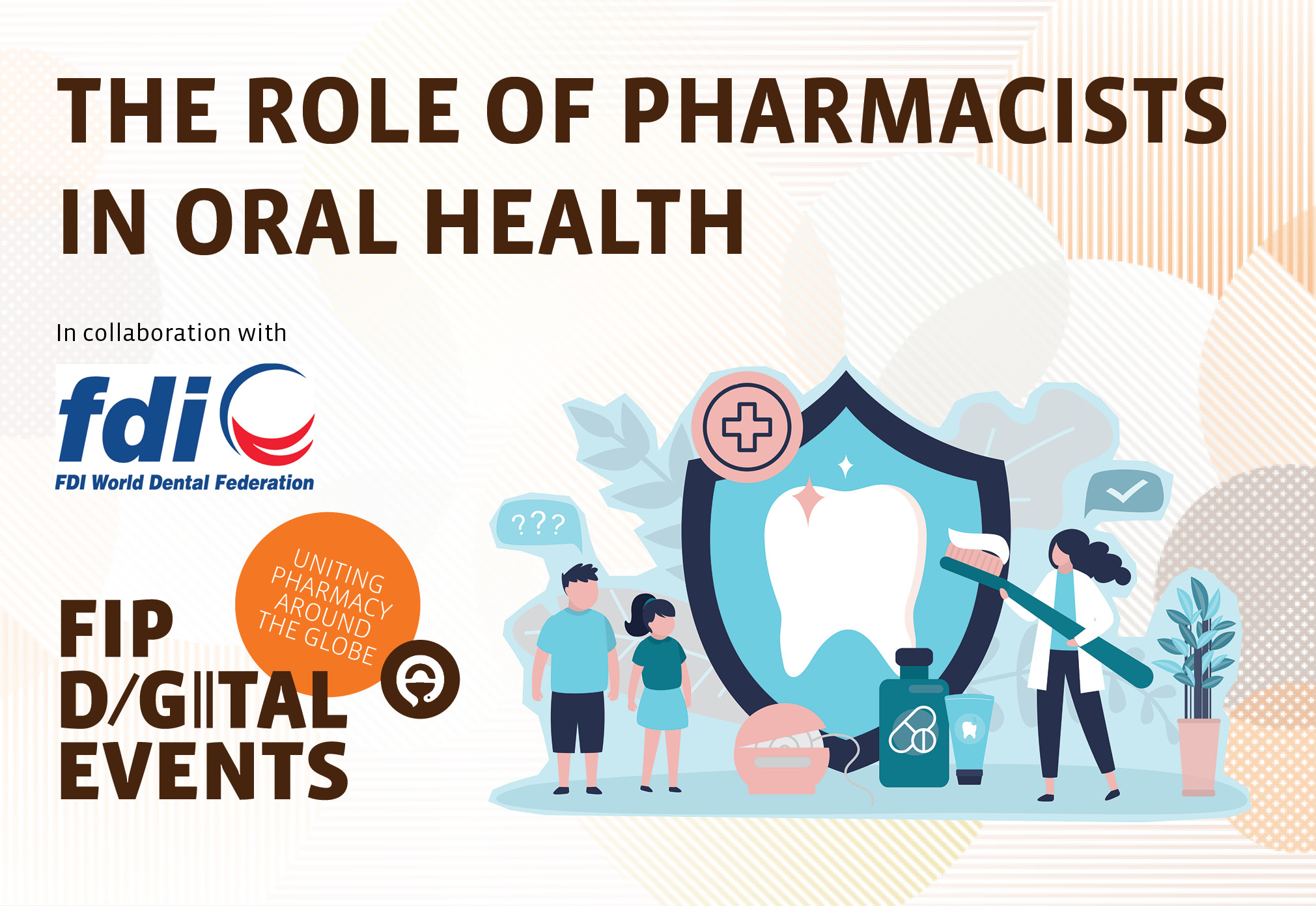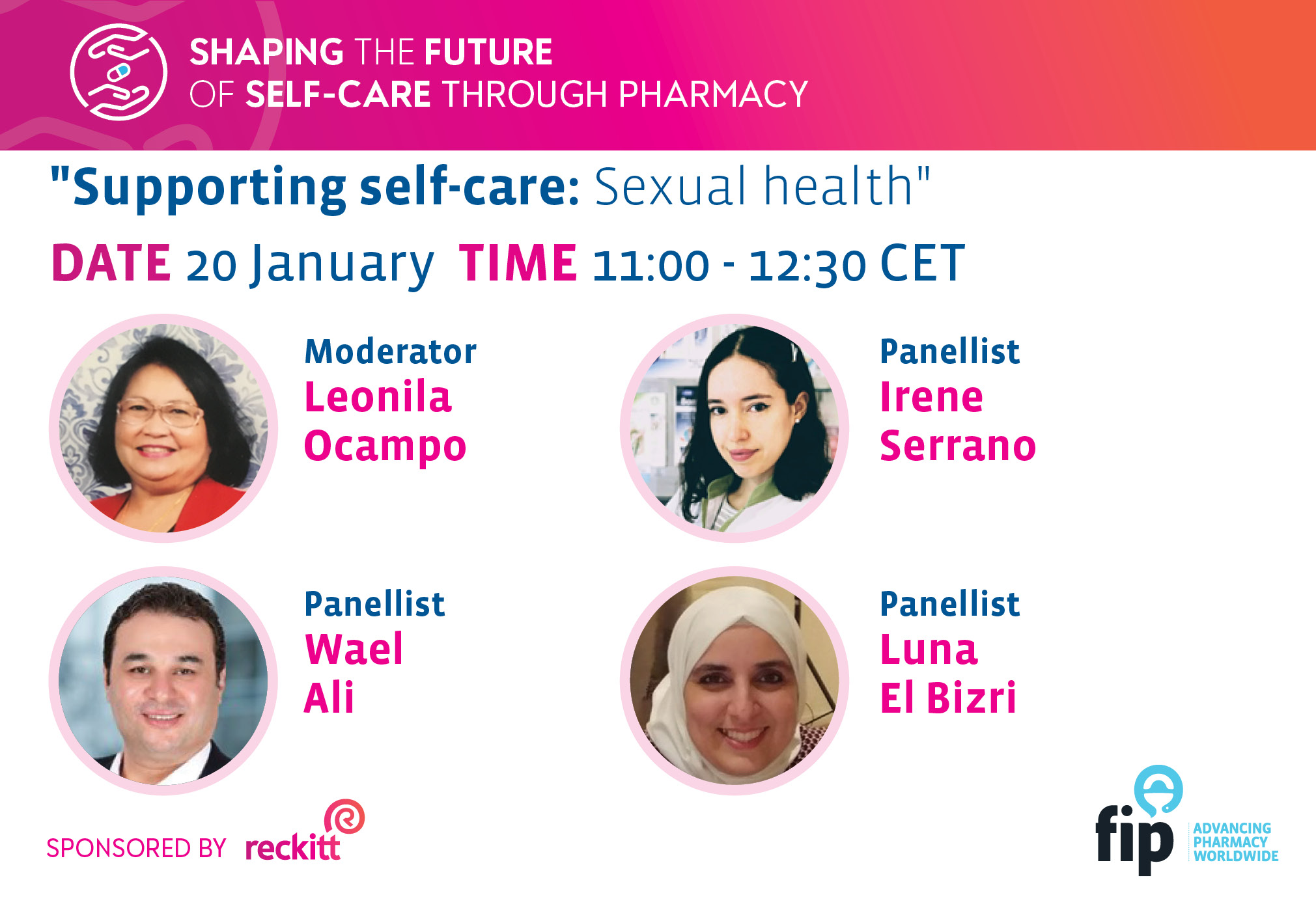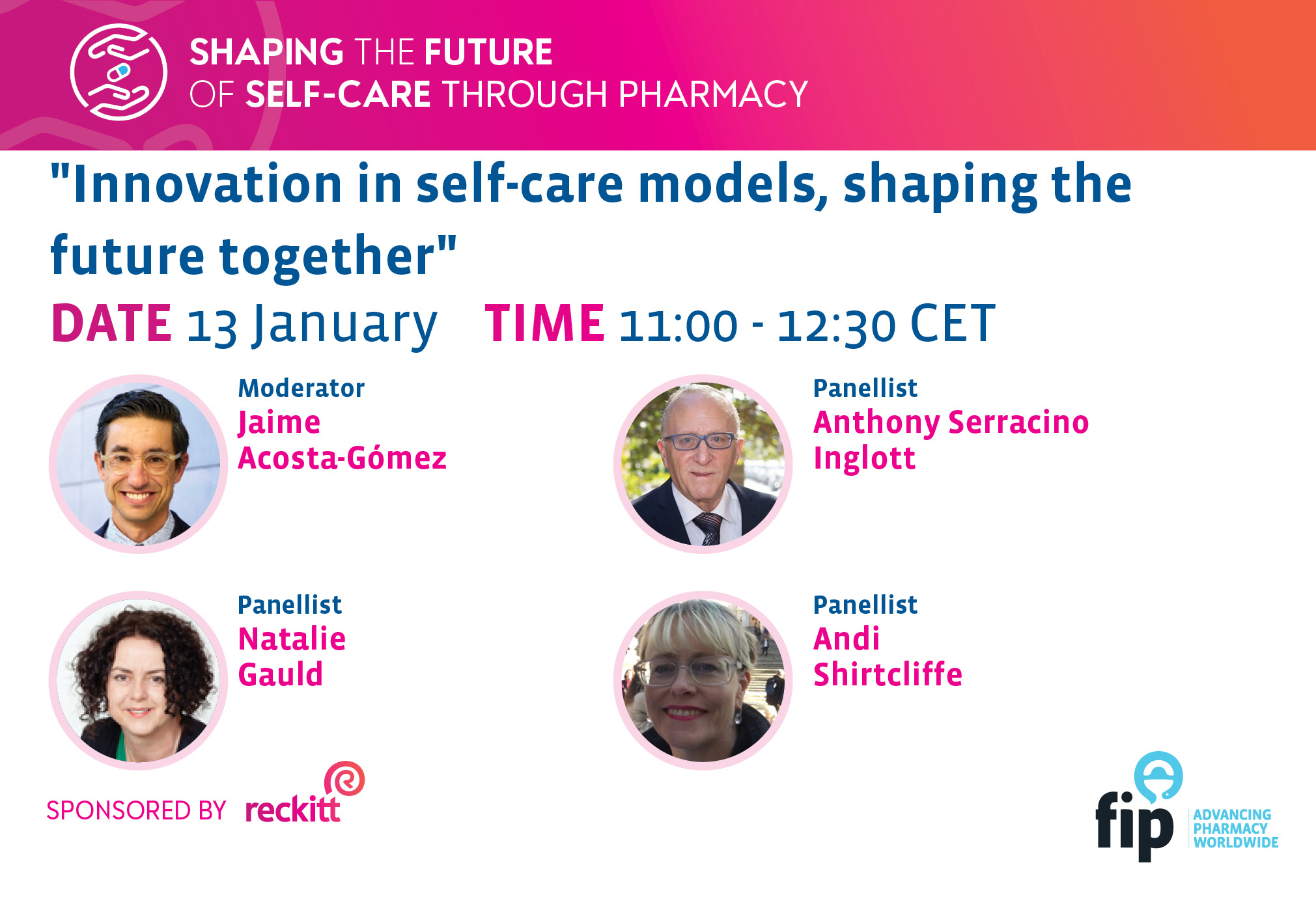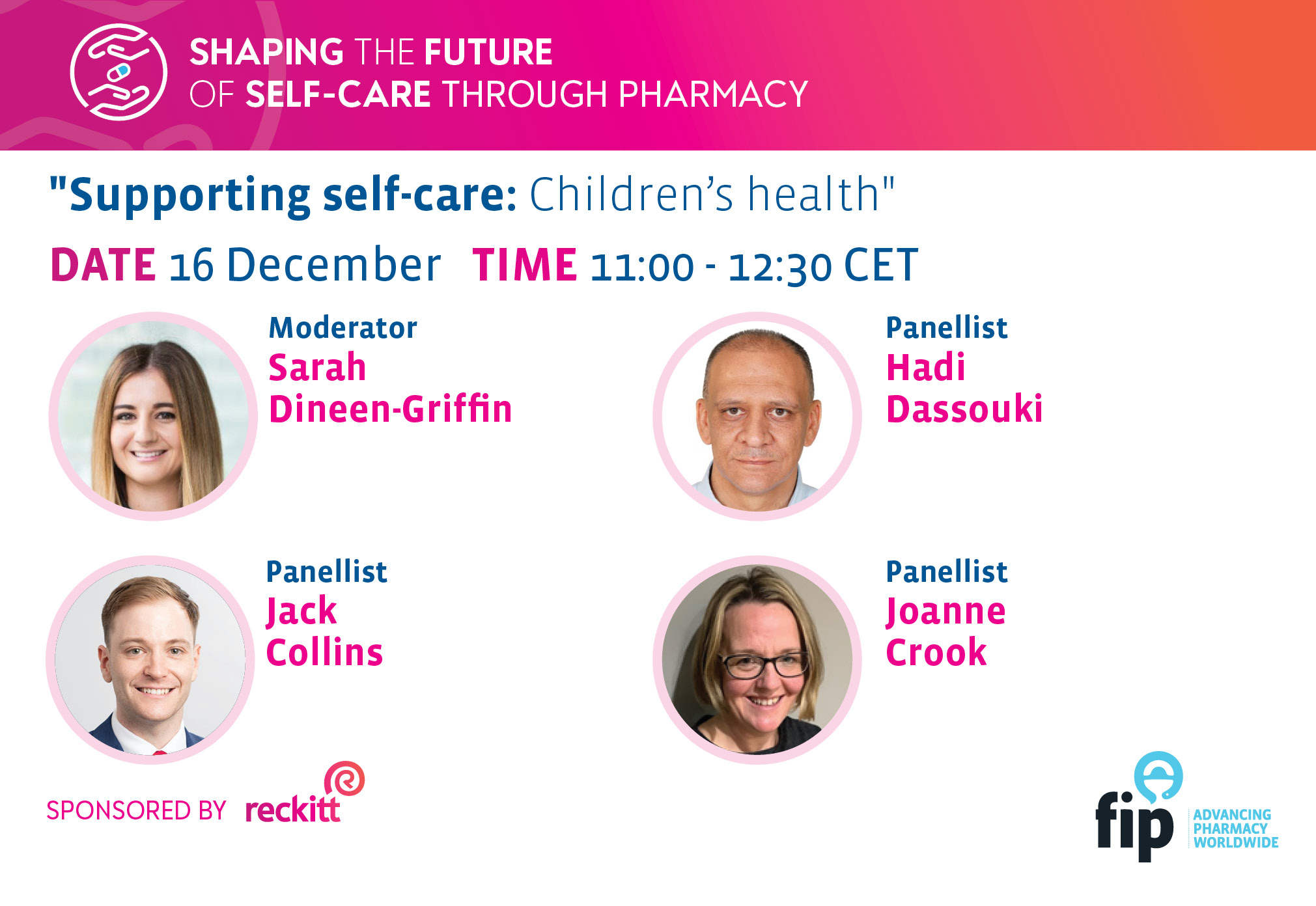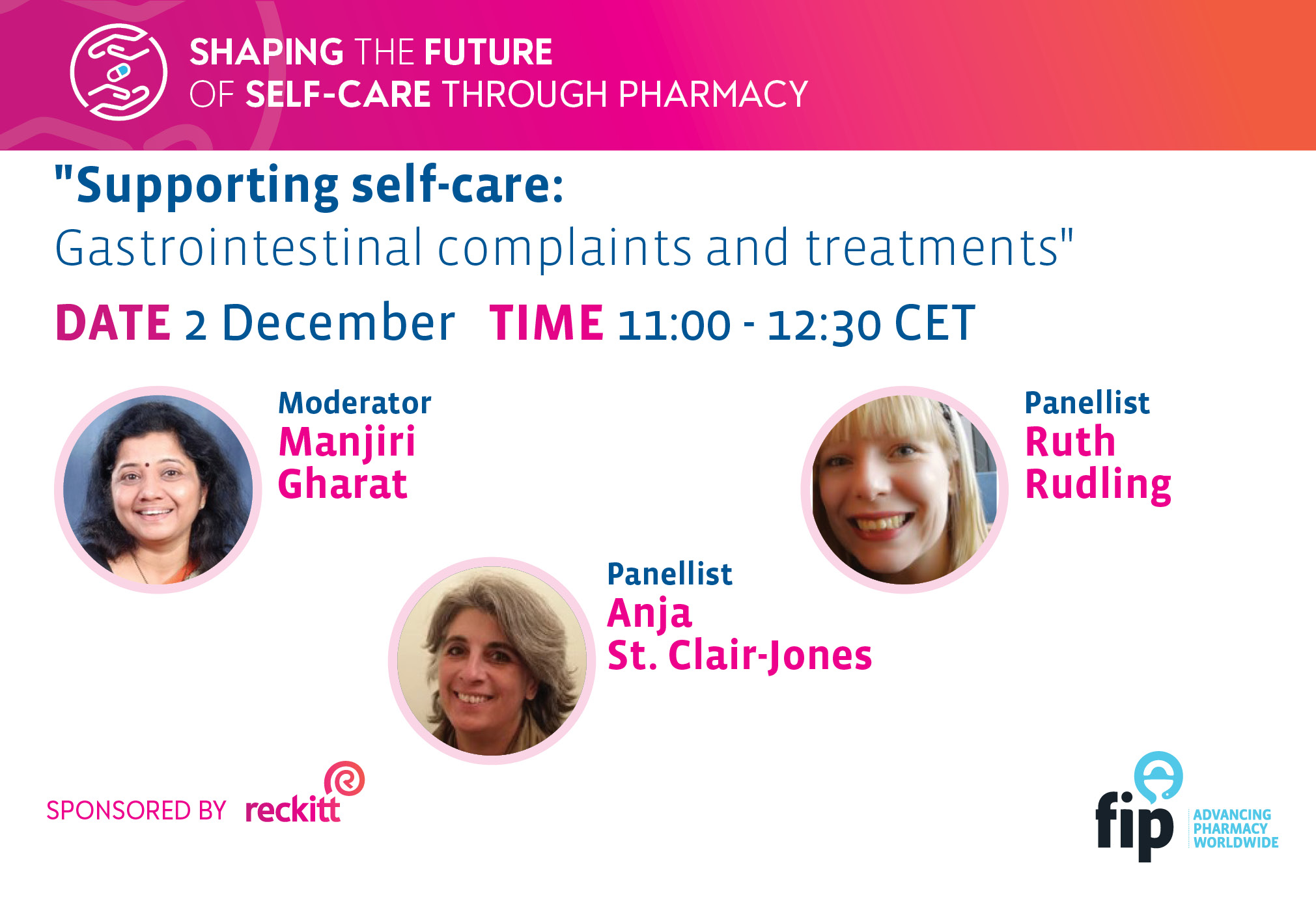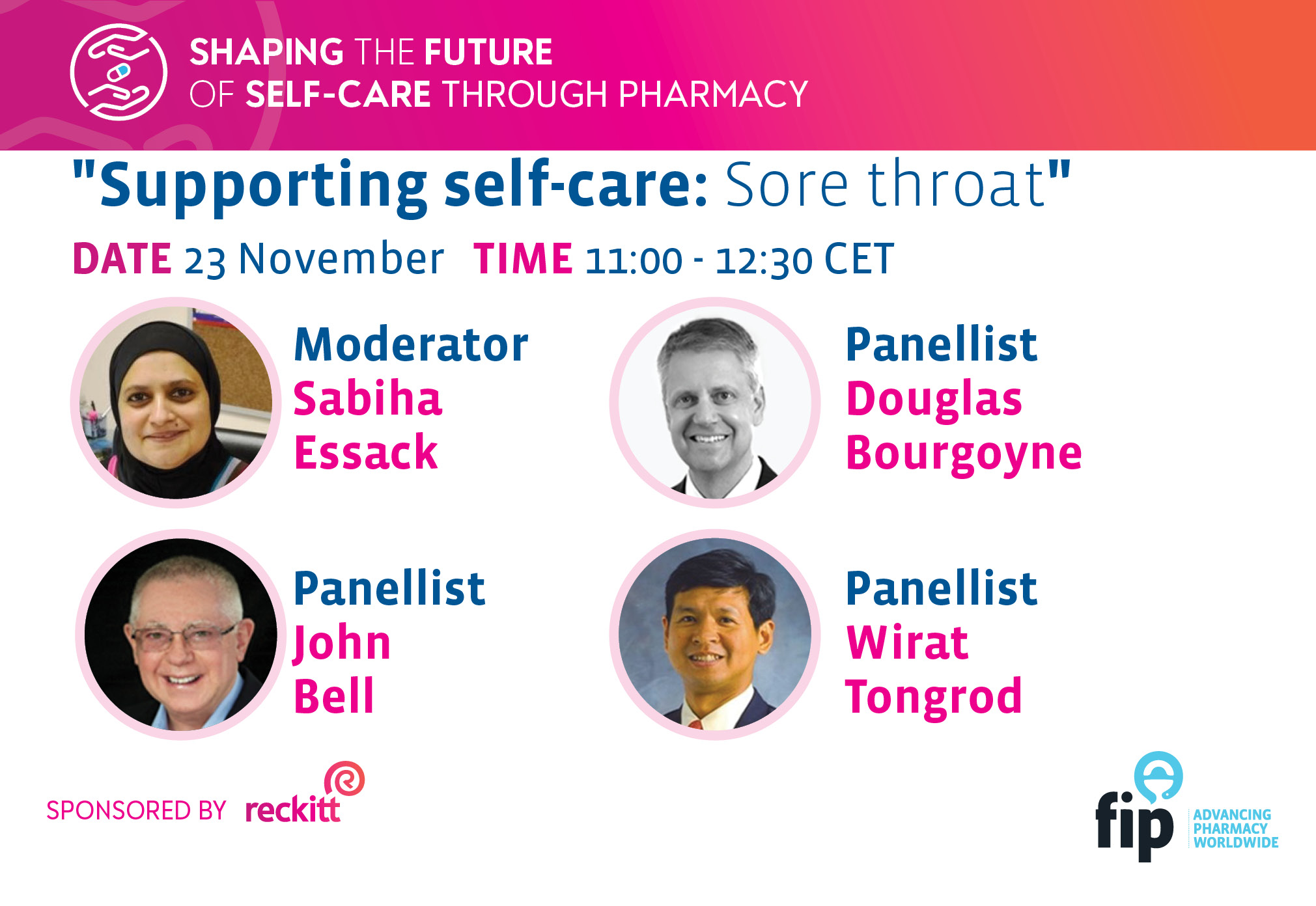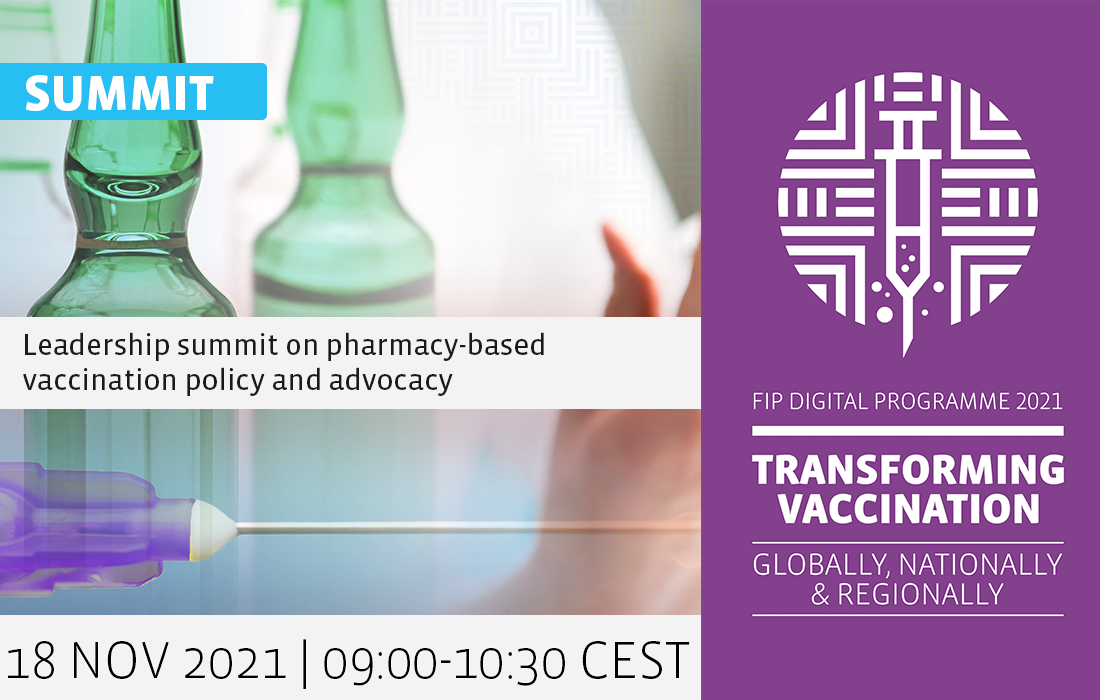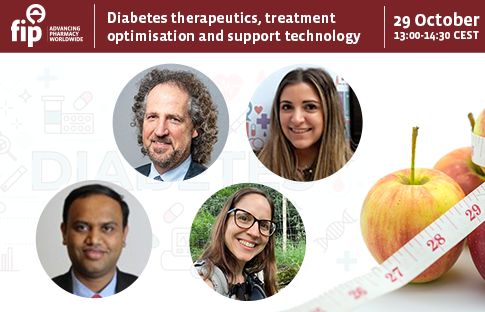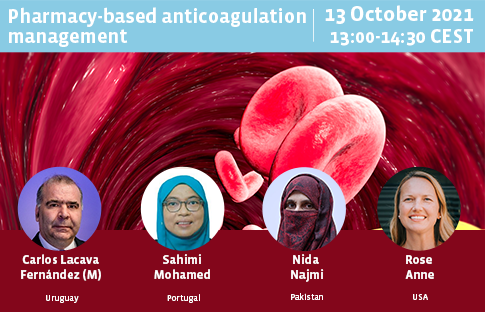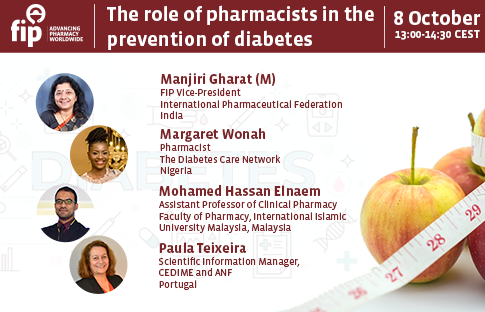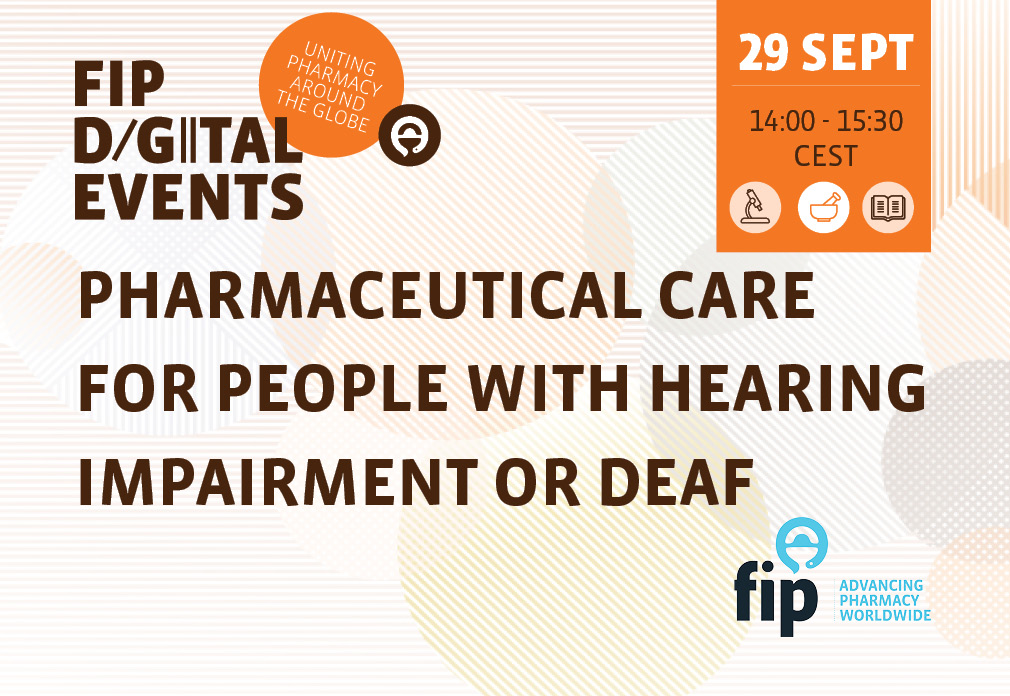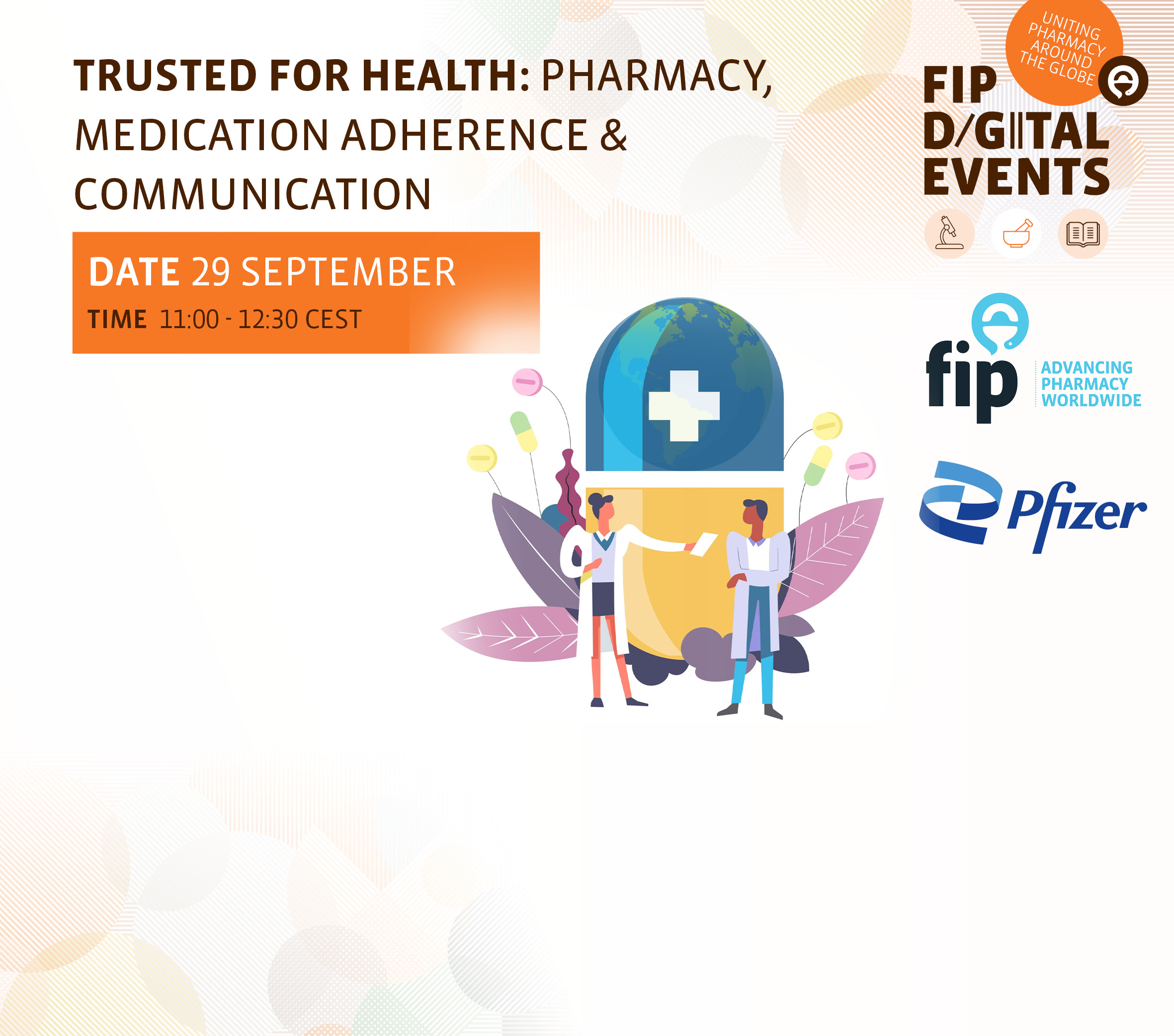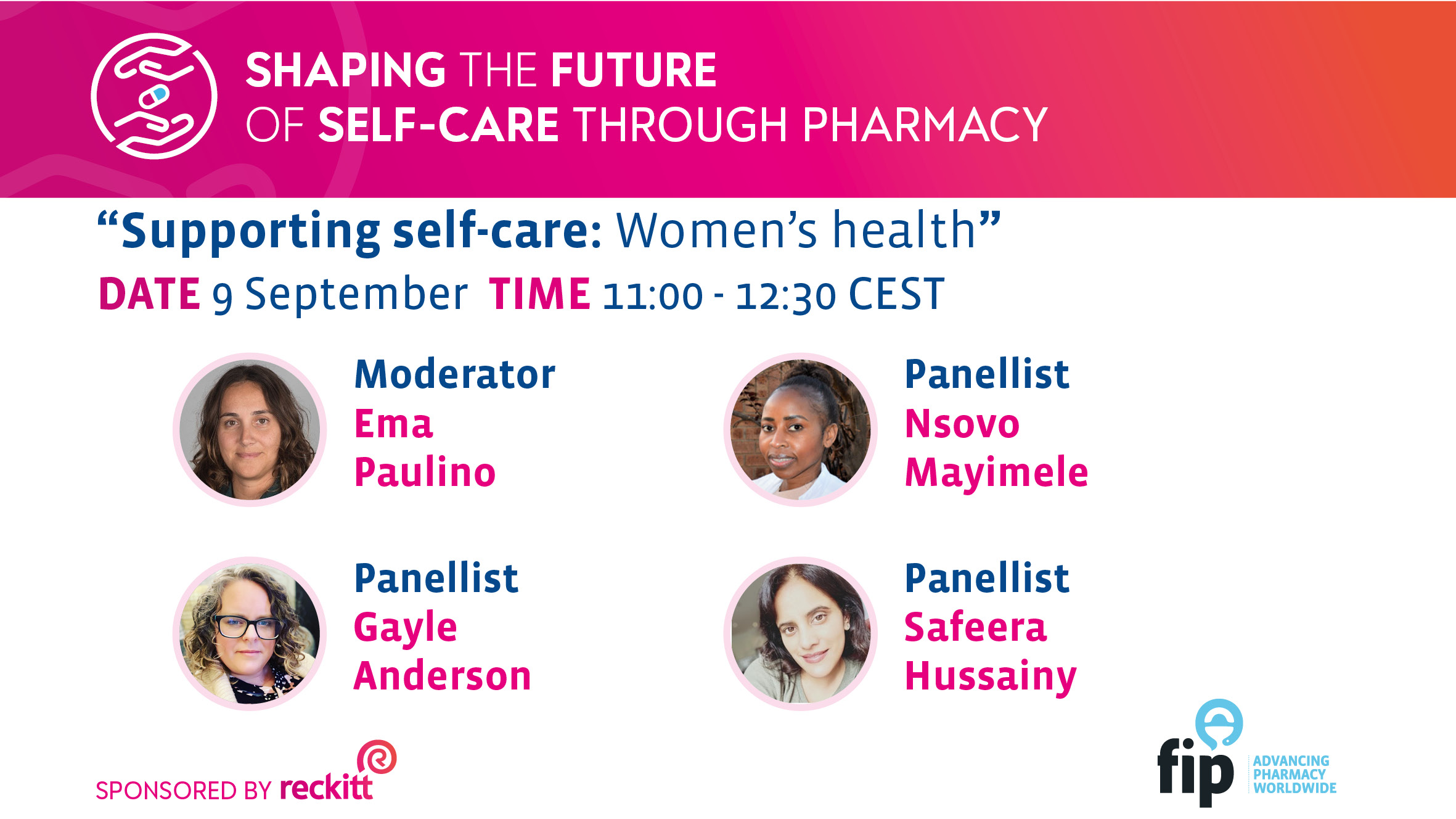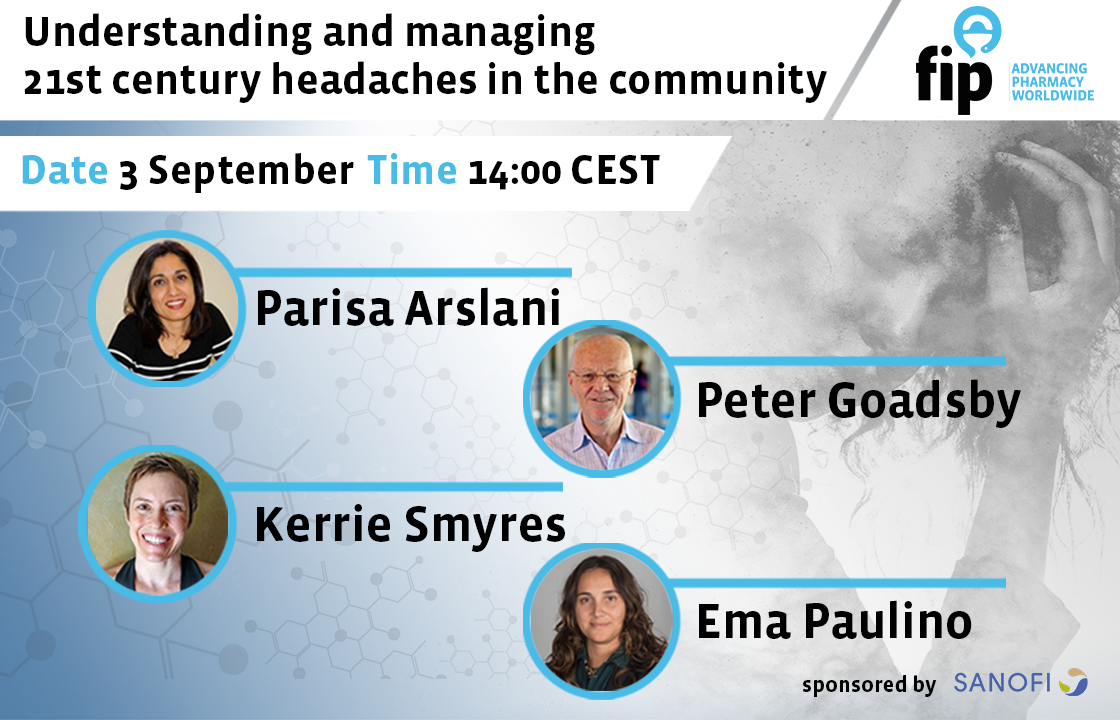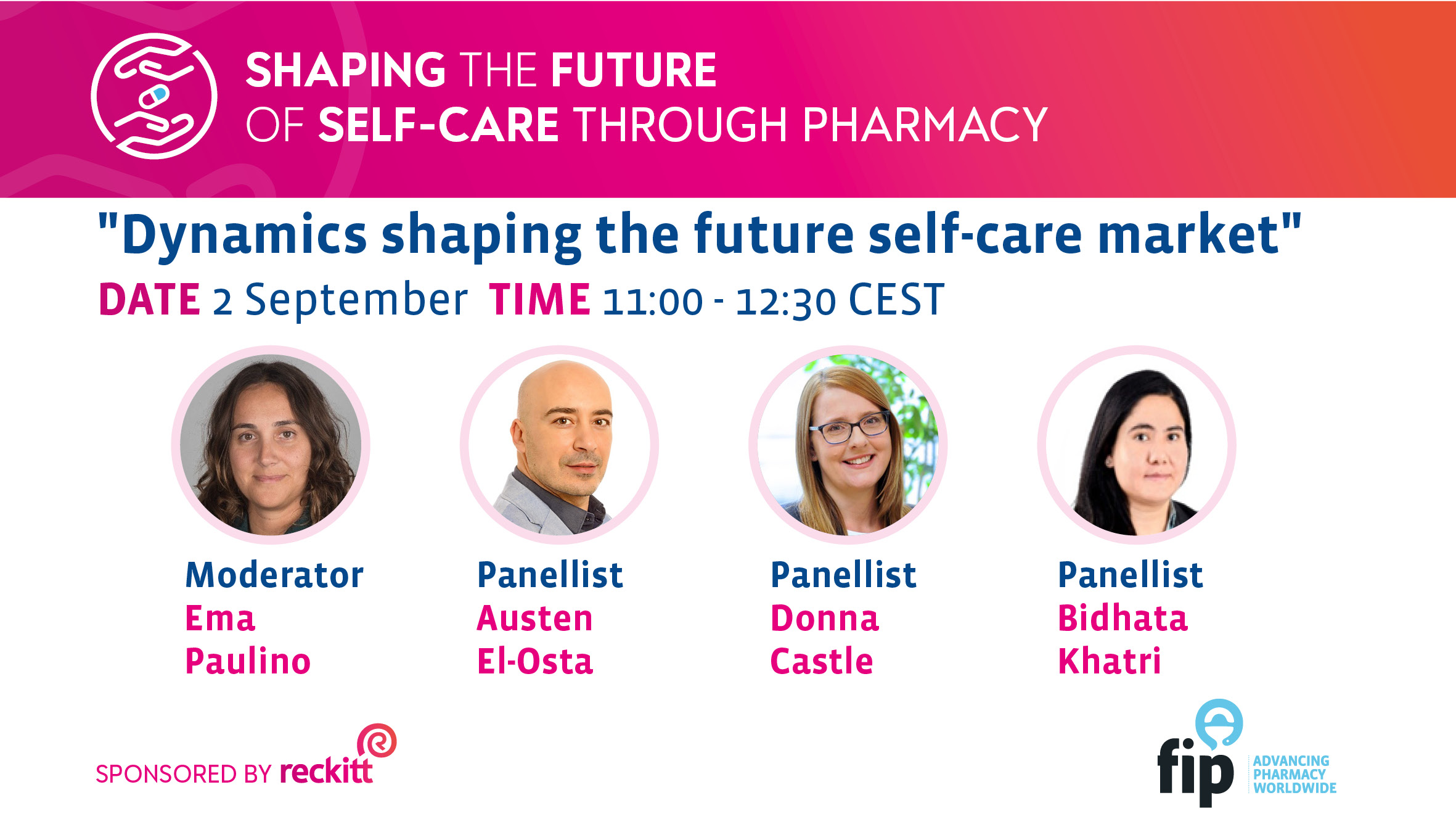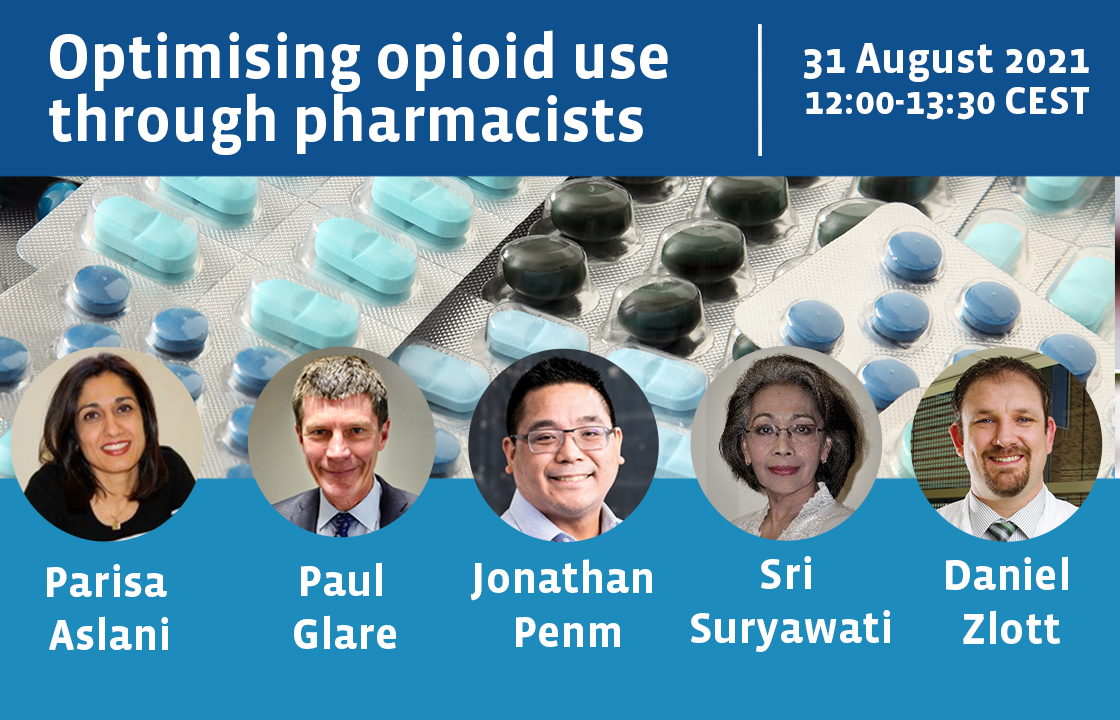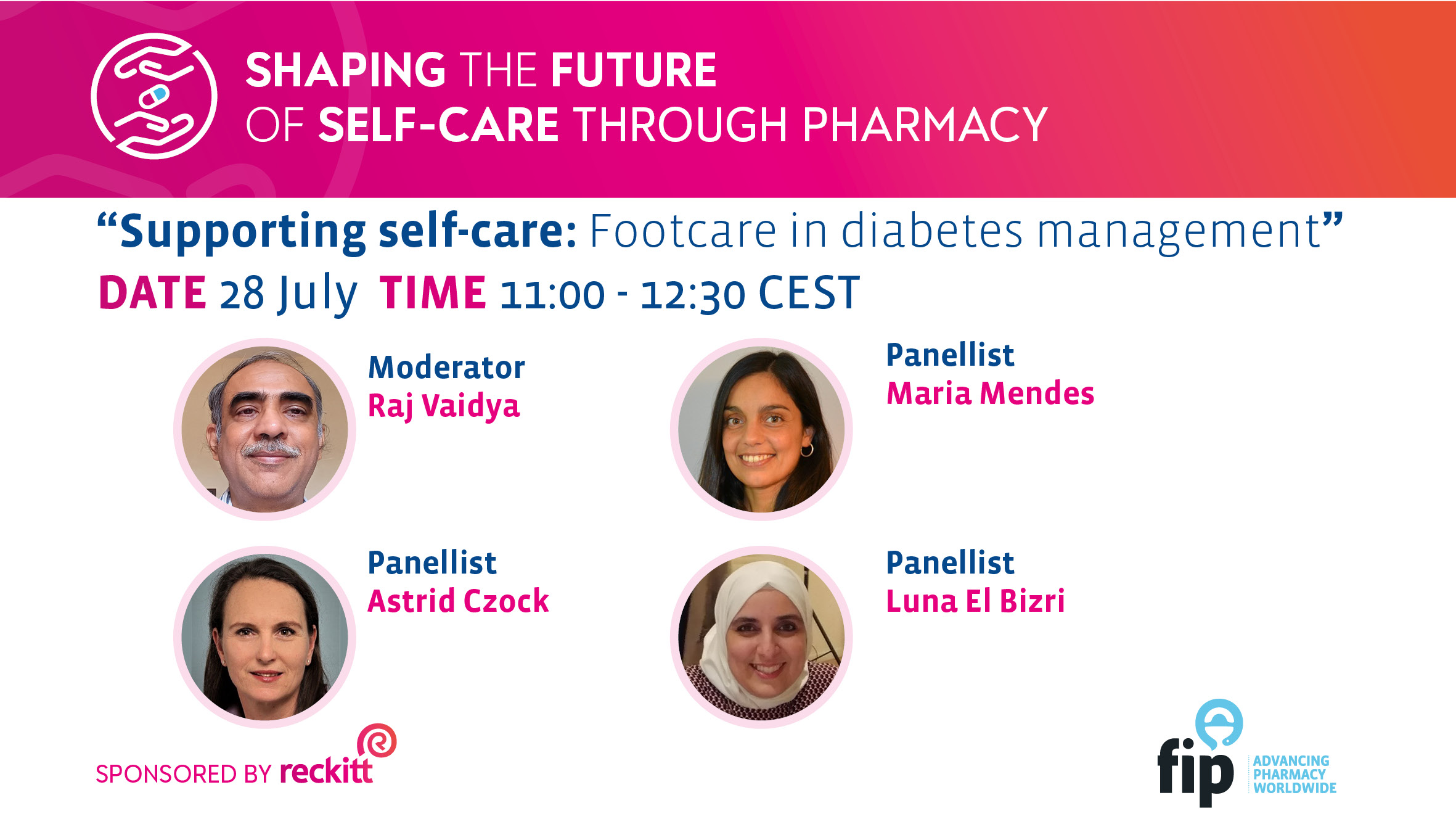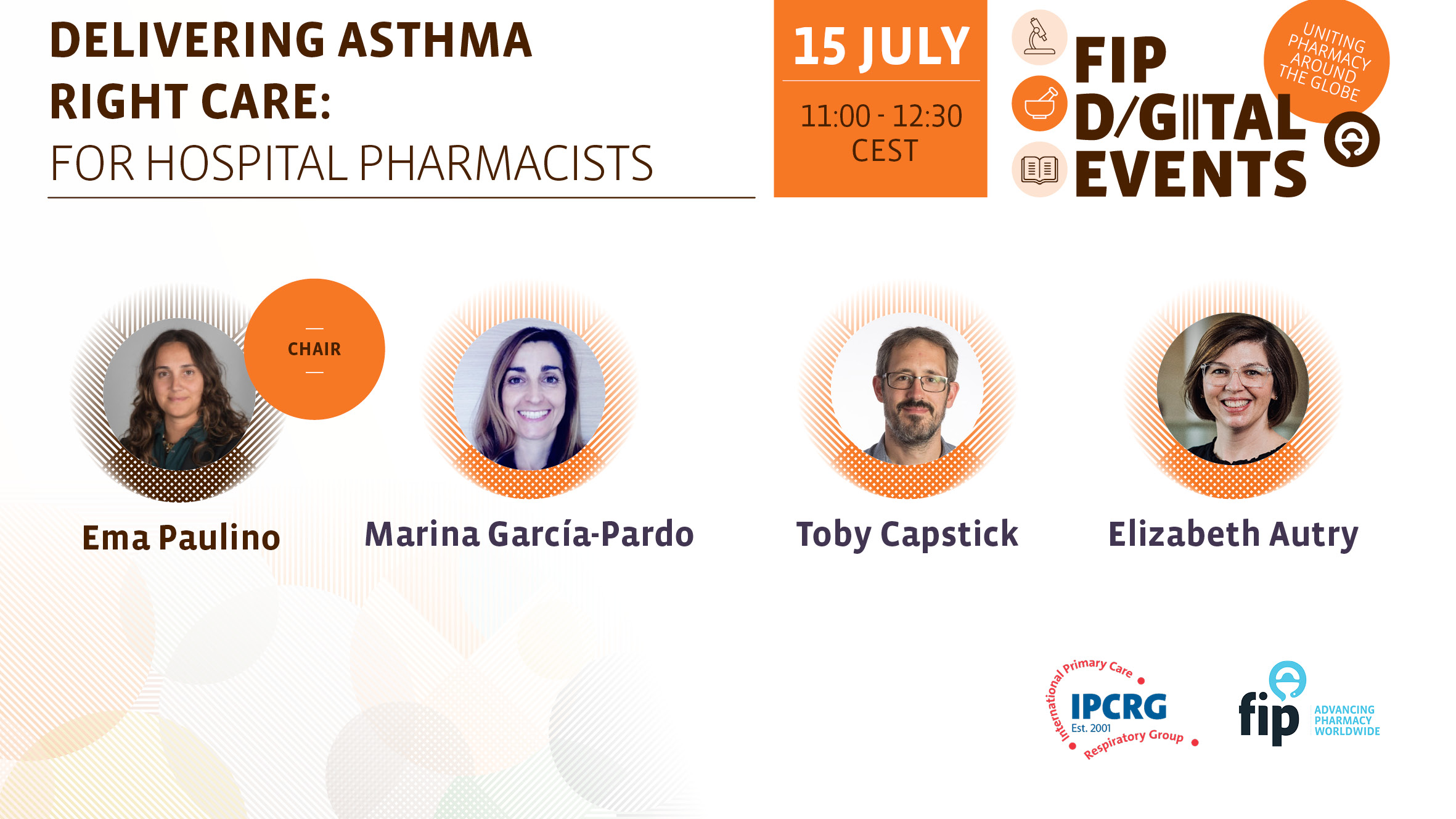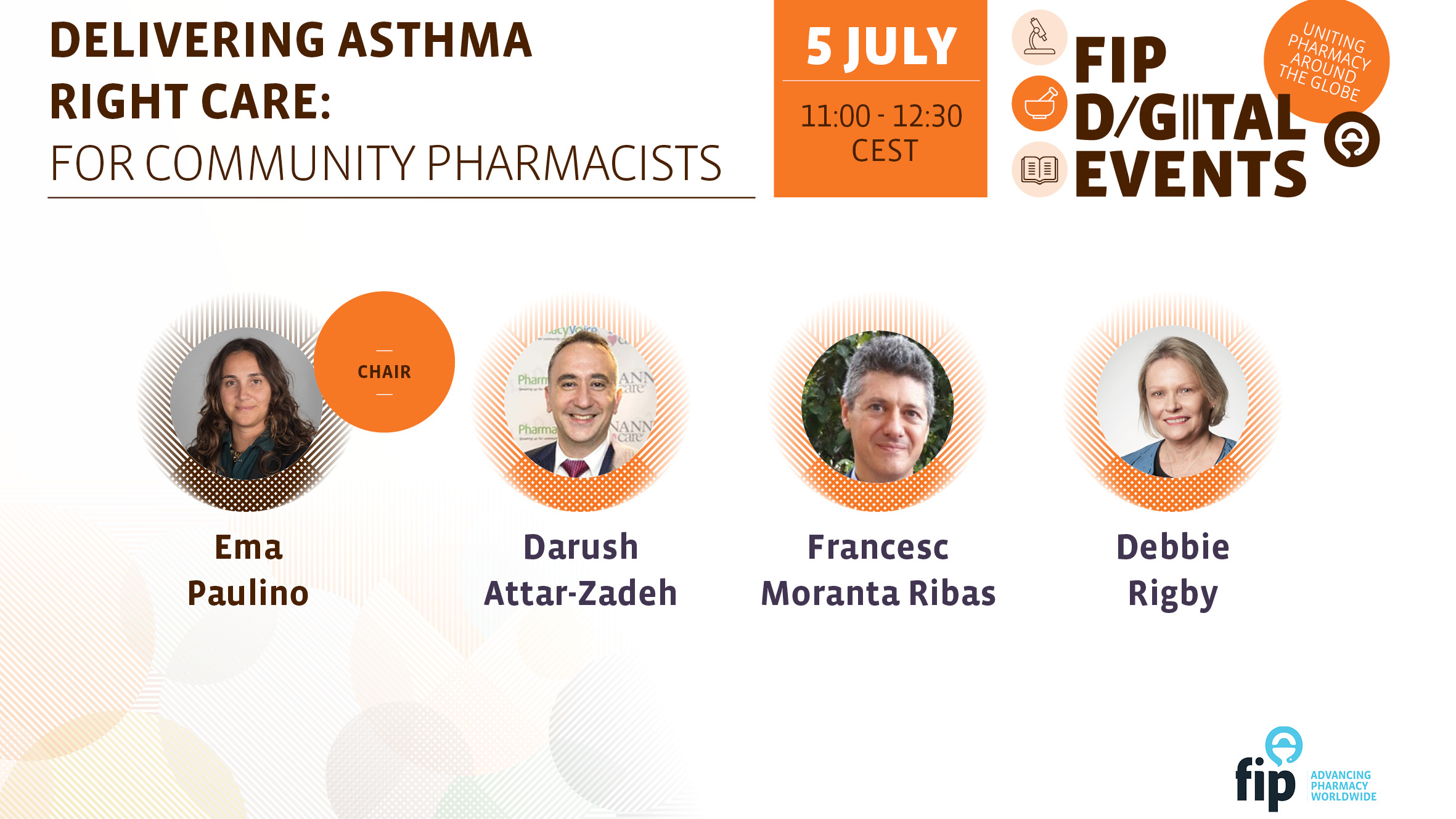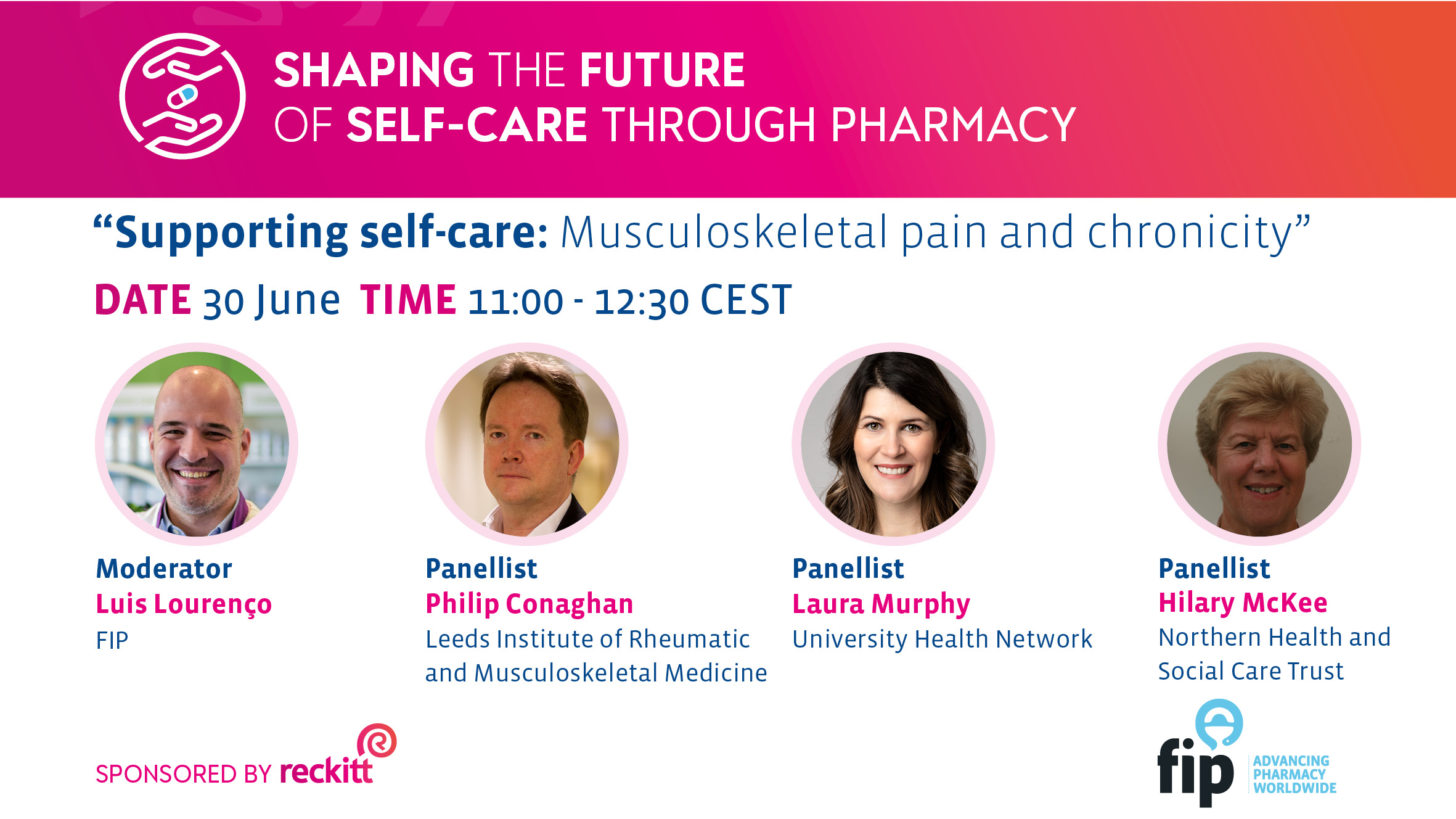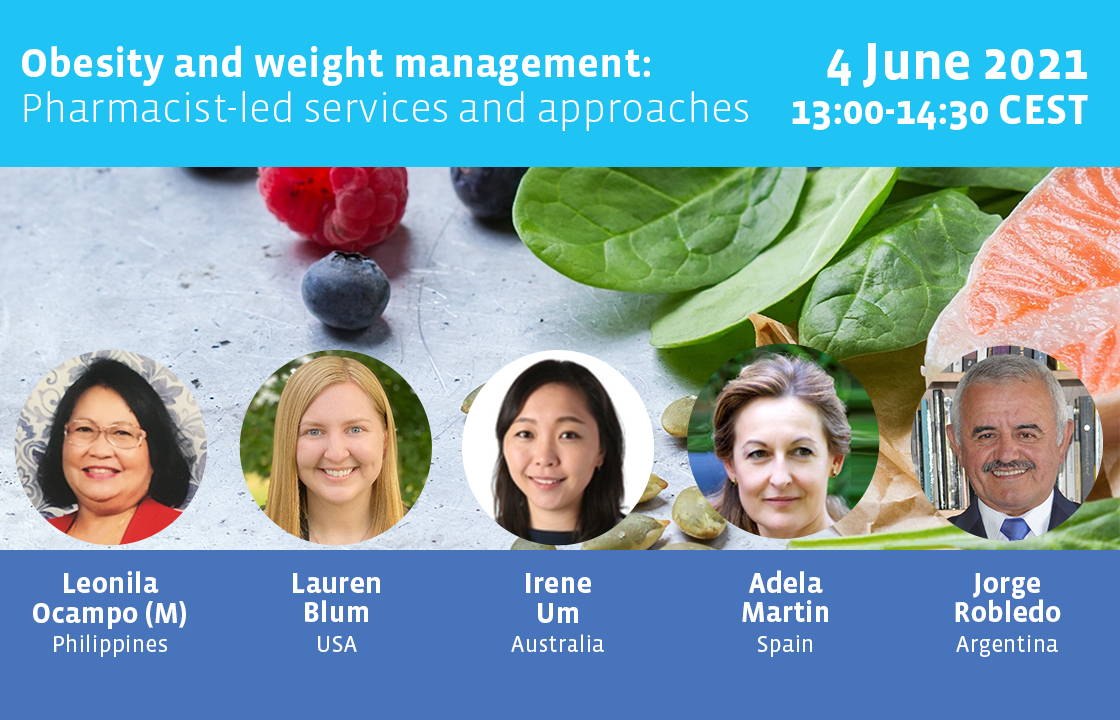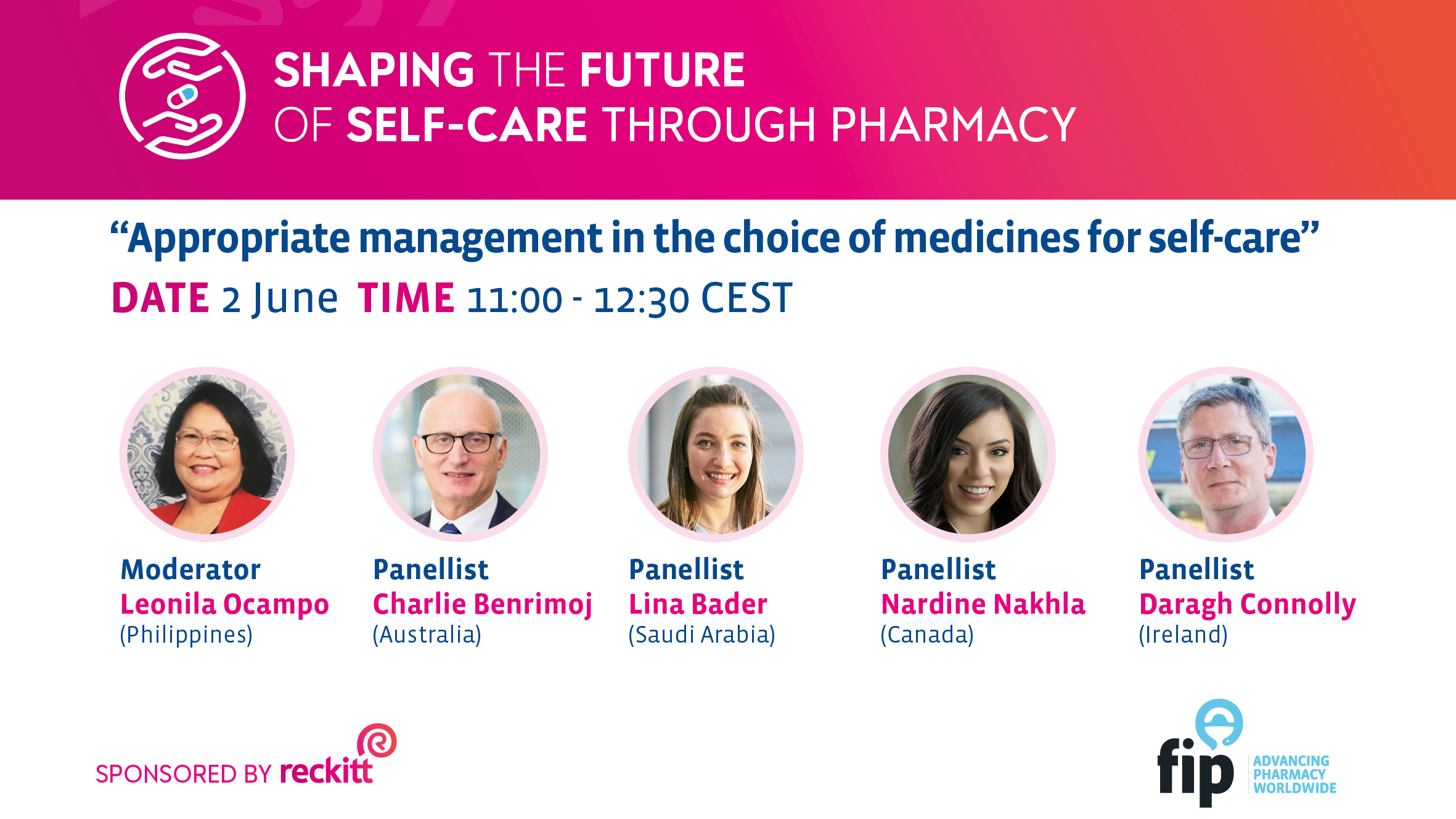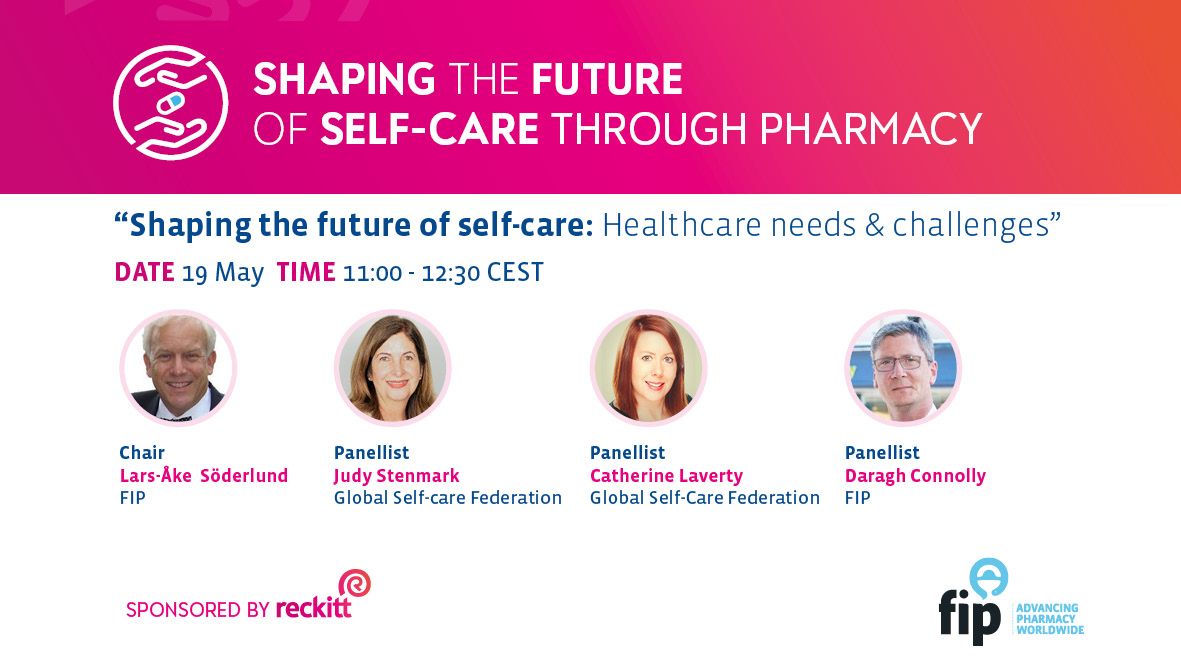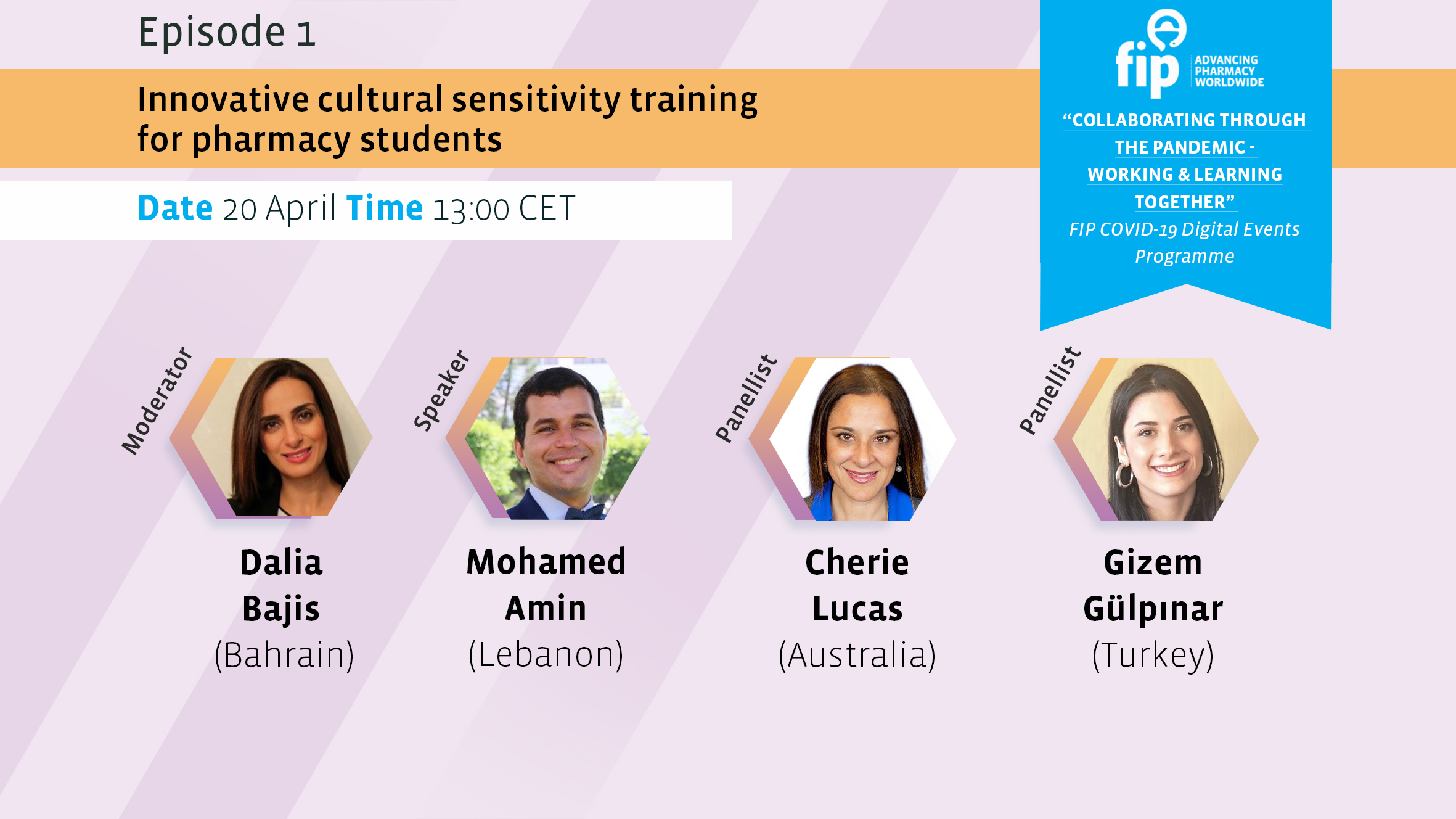People-Centred Care
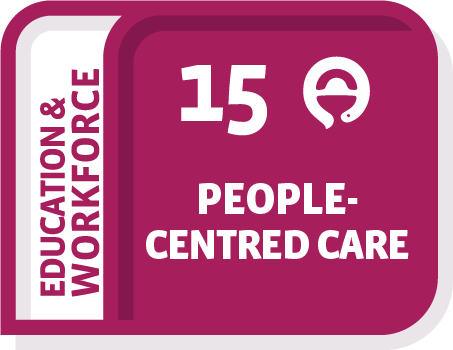
FIP Development Goal 15 Education & Workforce Element
Globally, we will have:
Strategies in place to develop pharmaceutical education and the workforce to support the delivery of people-centred care in practice.
Mechanisms
- Ensure academic capacity infrastructures in place to develop people-centred-care knowledge and skills in initial education and training (FIP Development Goal 1 [w]), including in interprofessional education development (FIP Development Goal 8 [w]).
- Embed people-centred care as a strategic outcome in earlier career training (FIP Development Goal 2 [w]) as well as throughout advanced and expert specialist development (FIP Development Goal 4 [w]).
- Utilise people-centred care as an indicator for evaluating and developing quality assurance in education (FIP Development Goal 3 [w]), as well as for monitoring workforce impact (FIP Development Goal 11 [w]).
- Develop competency frameworks across all stages of workforce development with people-centred care at the core (FIP Development Goal 5 [w]).
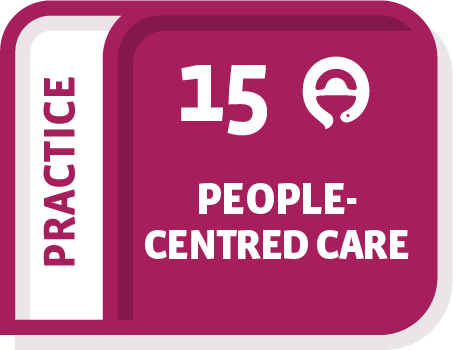
FIP Development Goal 15 Practice Element
Globally, we will have:
Collaborative interprofessional strategies and people-centred professional services to support the prevention, screening, clinical management and therapeutic optimisation of non-communicable diseases (NCDs) and long-terms conditions (LTCs) including cardiovascular diseases, chronic respiratory conditions (such as asthma and chronic obstructive pulmonary disease, COPD), diabetes, cancer, mental health conditions, dermatological conditions and others.
Mechanisms
- Develop and implement structured and evidence-based disease prevention (and secondary prevention) strategies and professional services for NCDs and LTCs, that effectively address and modify or minimise risk factors.
- Develop and implement structured and evidence-based strategies and professional services for community-based screening and monitoring of NCDs and LTCs and their risk factors, symptoms and clinical signs through point-of care tests and other assessment methods like structured tools and questionnaires to identify individuals that may require further diagnostics and/or care.
- Develop and implement structured systems and protocols for the referral of potential patients to other HealthCare Professionals, and for sharing clinical findings from patient screening and monitoring across the health care team and system, namely via shared access (for consultation and input) to the patient’s (electronic) health records.
- Develop and implement structured and evidence-based strategies and professional services for the optimisation of treatments and medicines use, to ensure optimal clinical and quality of life outcomes and resource utilisation.
- Develop and implement structured and evidence-based strategies and professional services for special patient populations with long-term conditions and specific needs, such as older adults, people with functional diversity, rare disease patients, poor and vulnerable patients, illiterate patients, migrant populations, refugees and other groups.
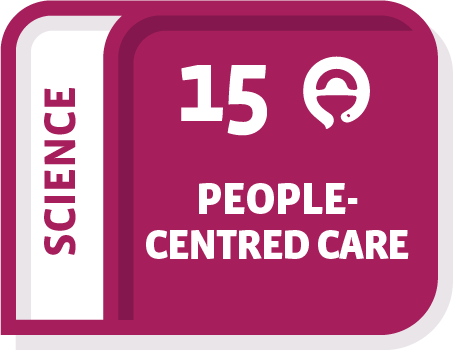
FIP Development Goal 15 Science Element
Globally, we will have:
Capacity to monitor and understand health-related characteristics leading to innovative personalized approaches for improved people-centred care.
Mechanisms
- Promote provision of science-based medicine information.
- Collaborate with stakeholder to make available the latest relevant scientific information.
- Support development of new medical products to meet healthcare needs.
- Collaborate with global (the World Health Organization) and regional stakeholders to develop strategies for repurposing of licensed medicines for other conditions.
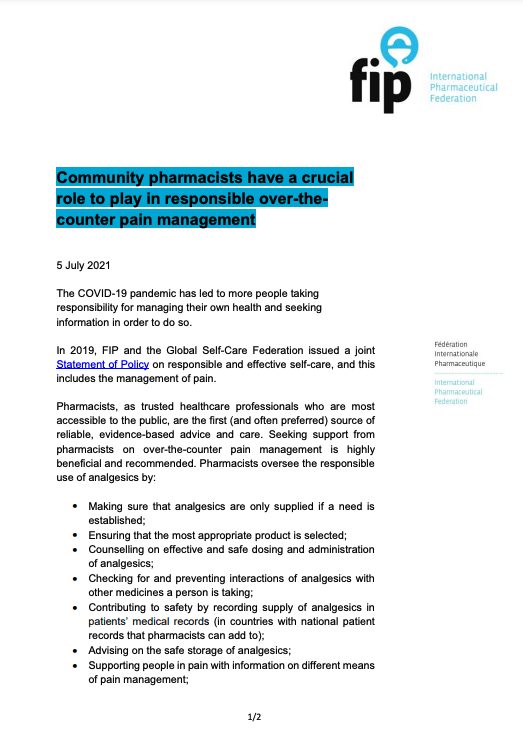
Community pharmacists have a crucial role to play in responsible over-the-counter pain management (2021)
Read Publication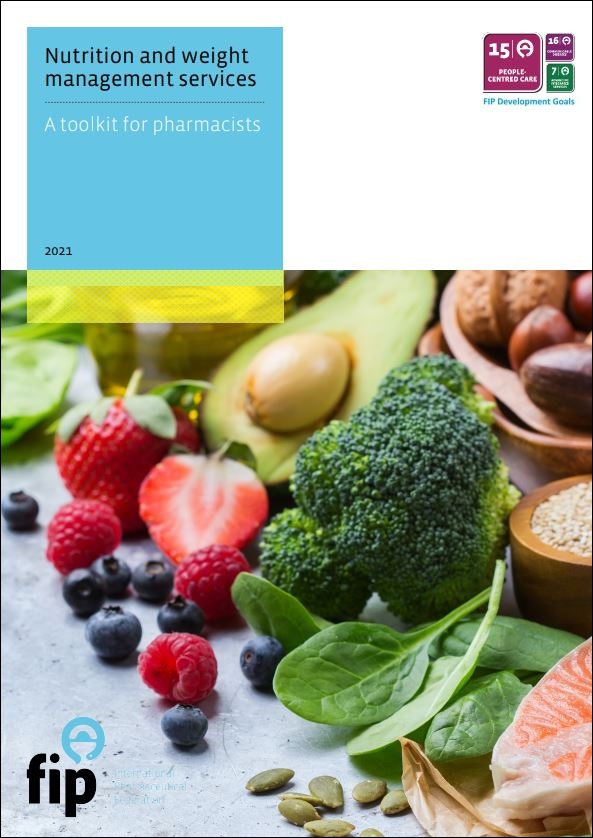
Nutrition and weight management services: A toolkit for pharmacists (2021)
Read Publication
Cold, flu and sinusitis: Managing symptoms and supporting self-care — A handbook for pharmacists (2021)
Read Publication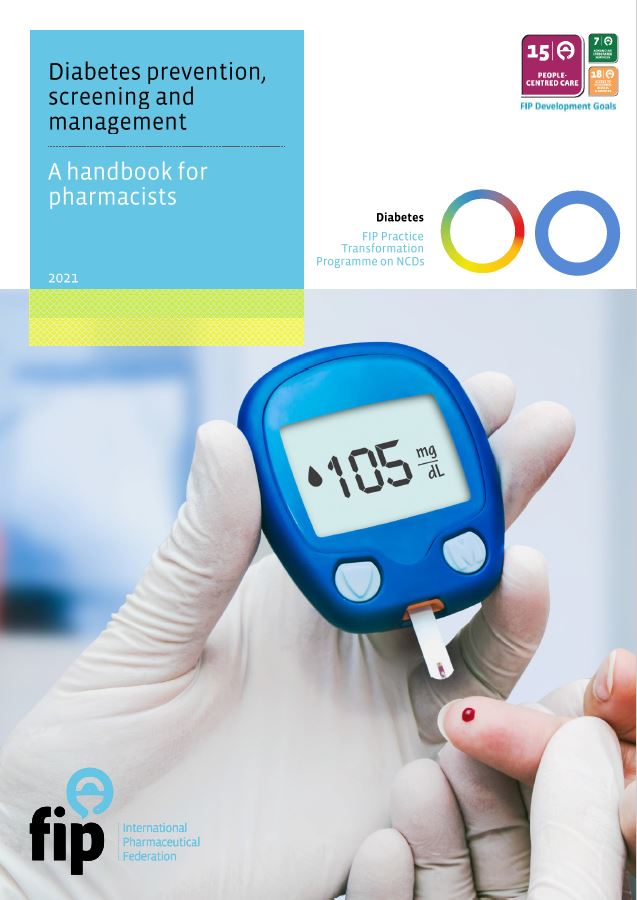
Diabetes prevention, screening and management: A handbook for pharmacists (2021)
Read Publication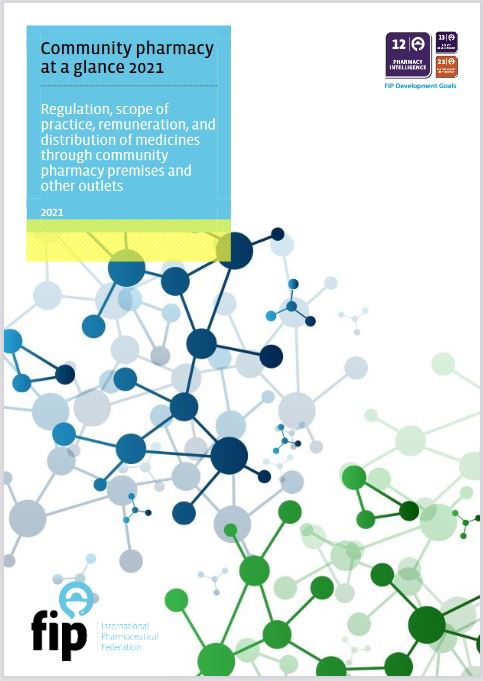
Community Pharmacy at a Glance 2021: Regulation, scope of practice, remuneration, and distribution of medicines through community pharmacy premises and other outlets (2021)
Read Publication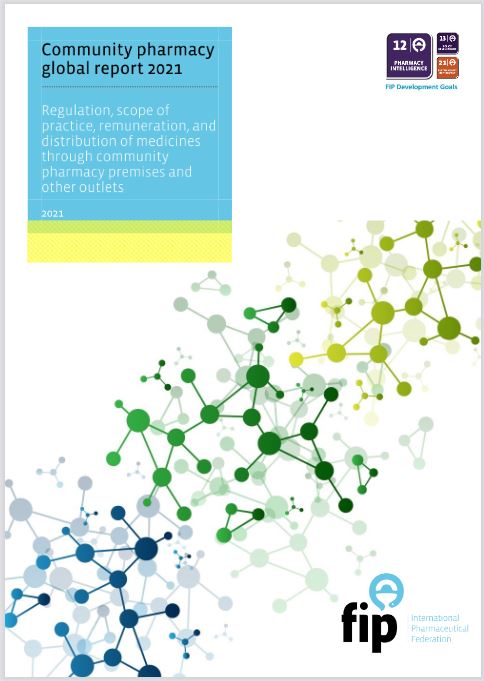
Community Pharmacy Global Report 2021: Regulation, scope of practice, remuneration, and distribution of medicines through community pharmacy premises and other outlets (2021)
Read Publication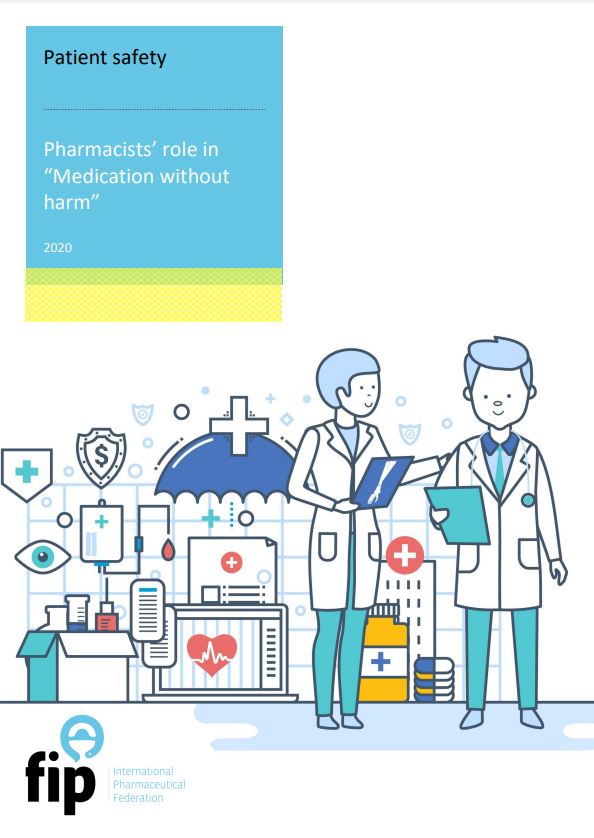
Patient Safety: Pharmacists’ role in “Medication without harm” (2020)
Read Publication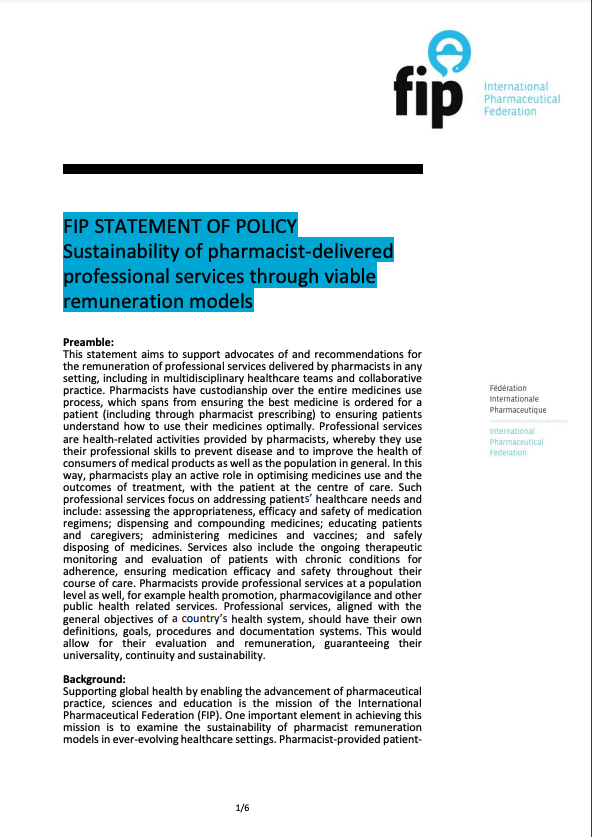
FIP Statement of Policy: Sustainability of pharmacist-delivered professional services through viable remuneration models (2020)
Read Publication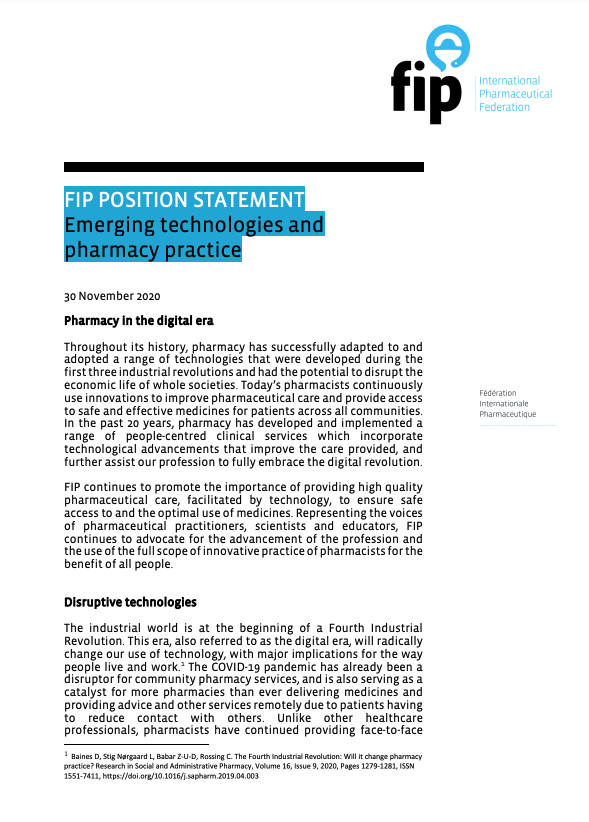
FIP Position Statement: Emerging technologies and pharmacy practice (2020)
Read more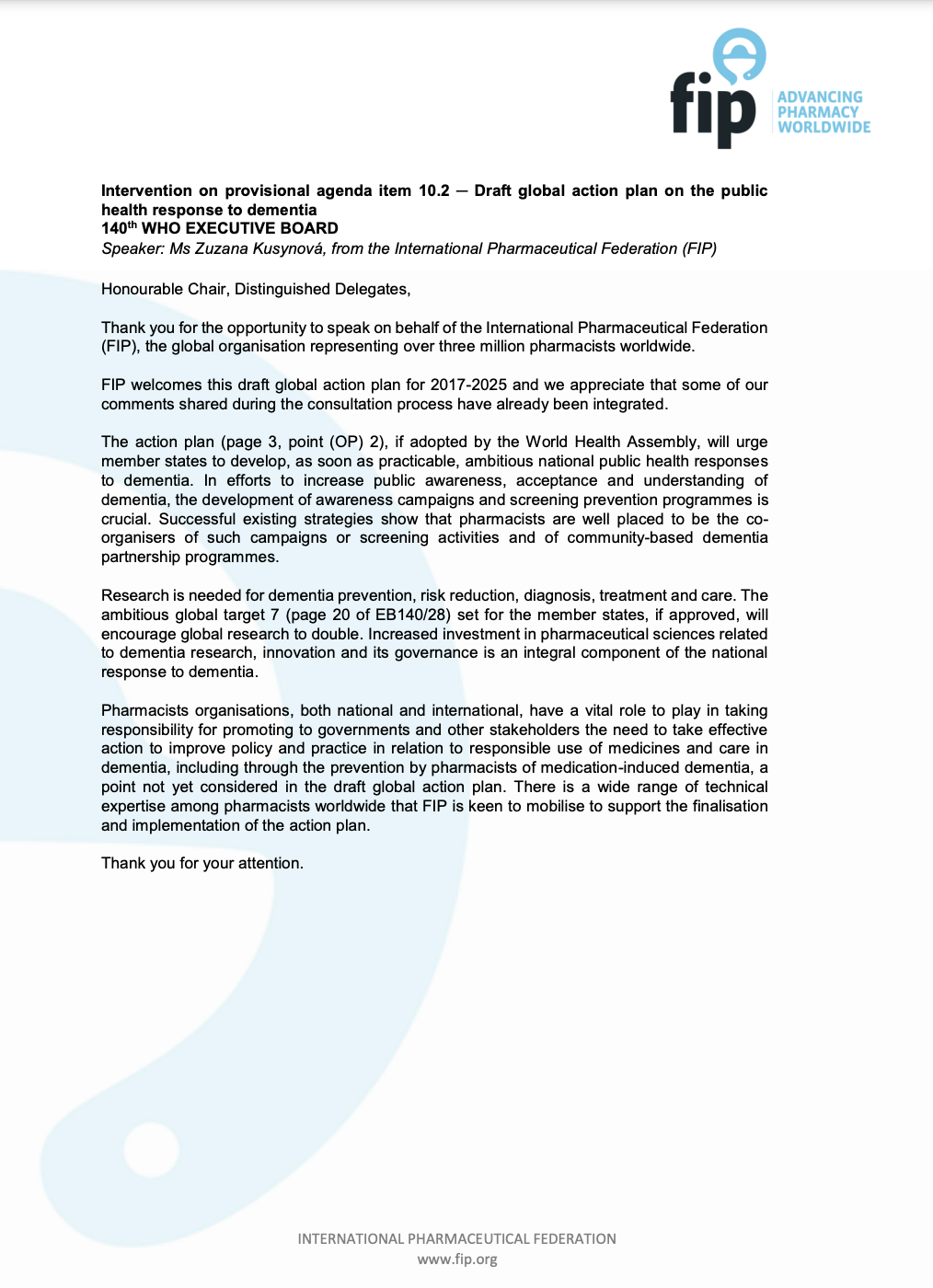
140th WHO Executive Board: Intervention on provisional agenda item 10.2 ─ Draft global action plan on the public health response to dementia (2017)
Read more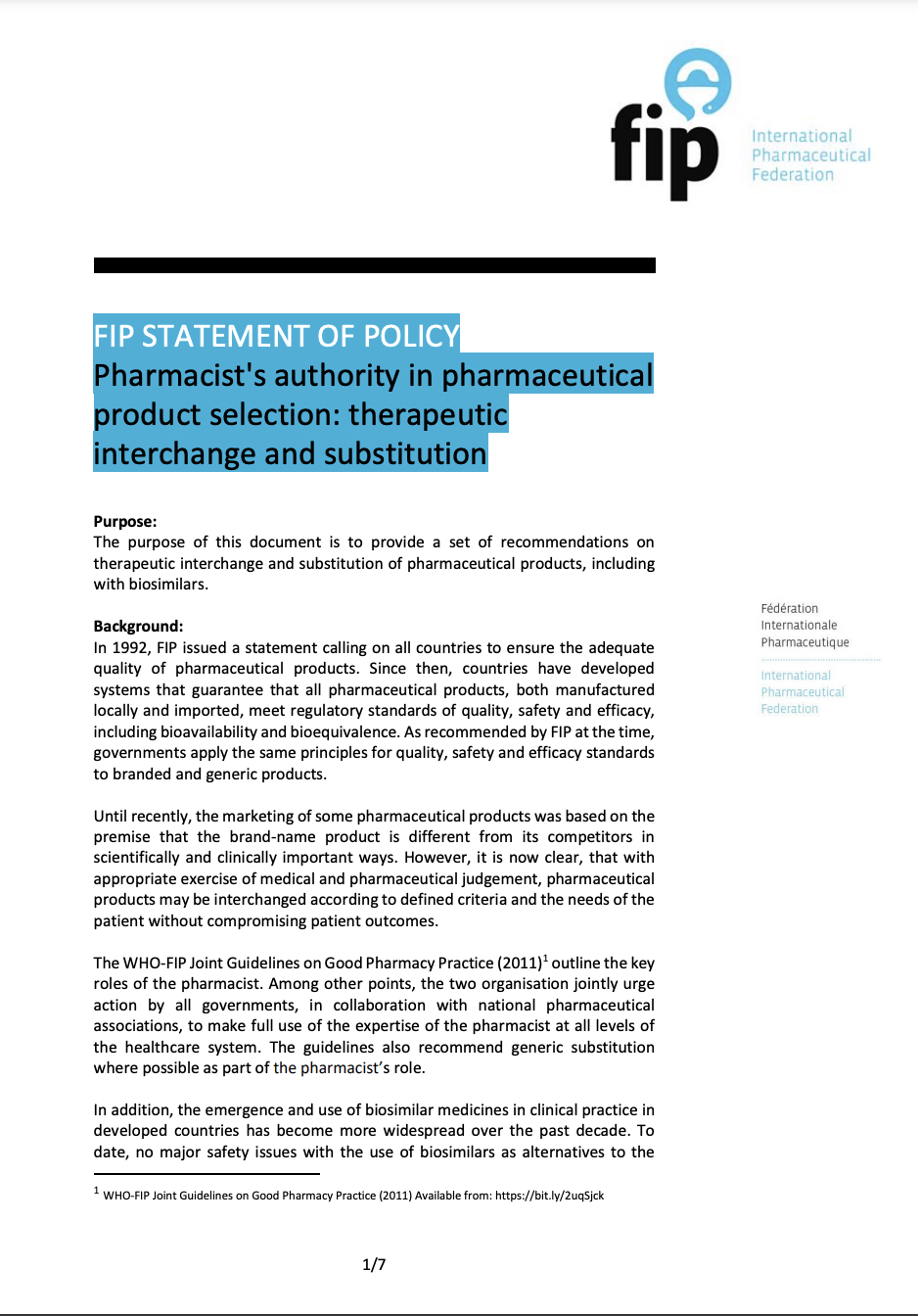
FIP Statement of Policy: Pharmacist's authority in pharmaceutical product selection: therapeutic interchange and substitution (2018)
Read more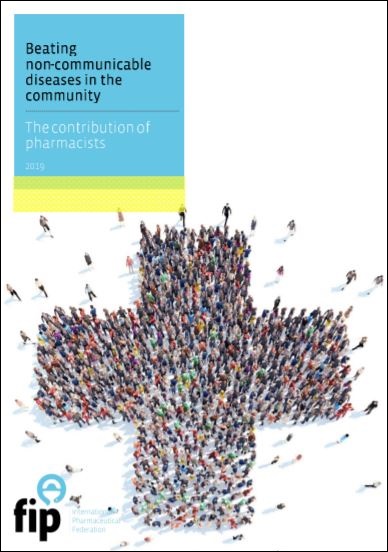
Beating non-communicable diseases in the community: The contribution of pharmacists (2019)
Read more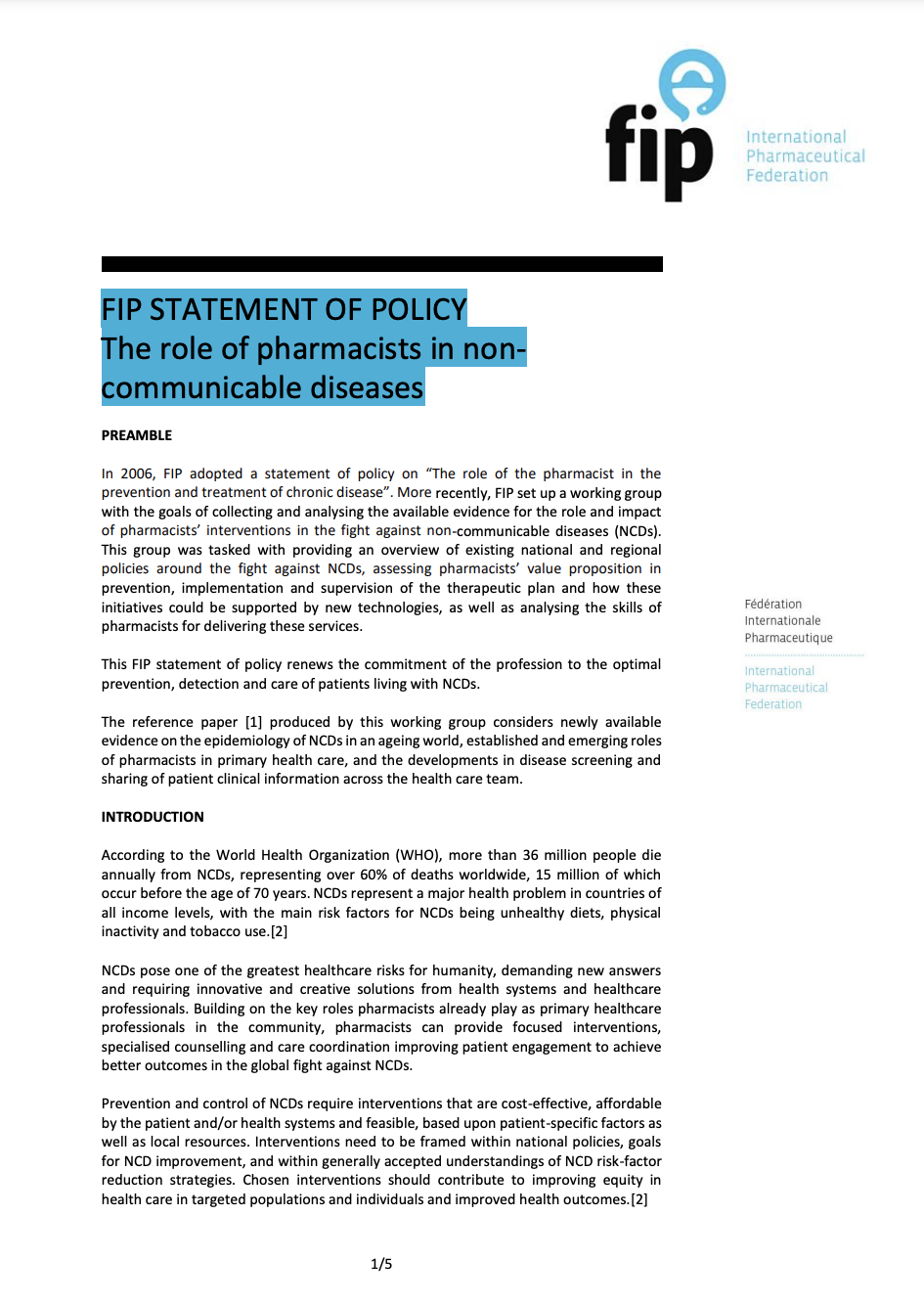
FIP Statement of Policy: The role of pharmacists in non-communicable diseases (2019)
Read more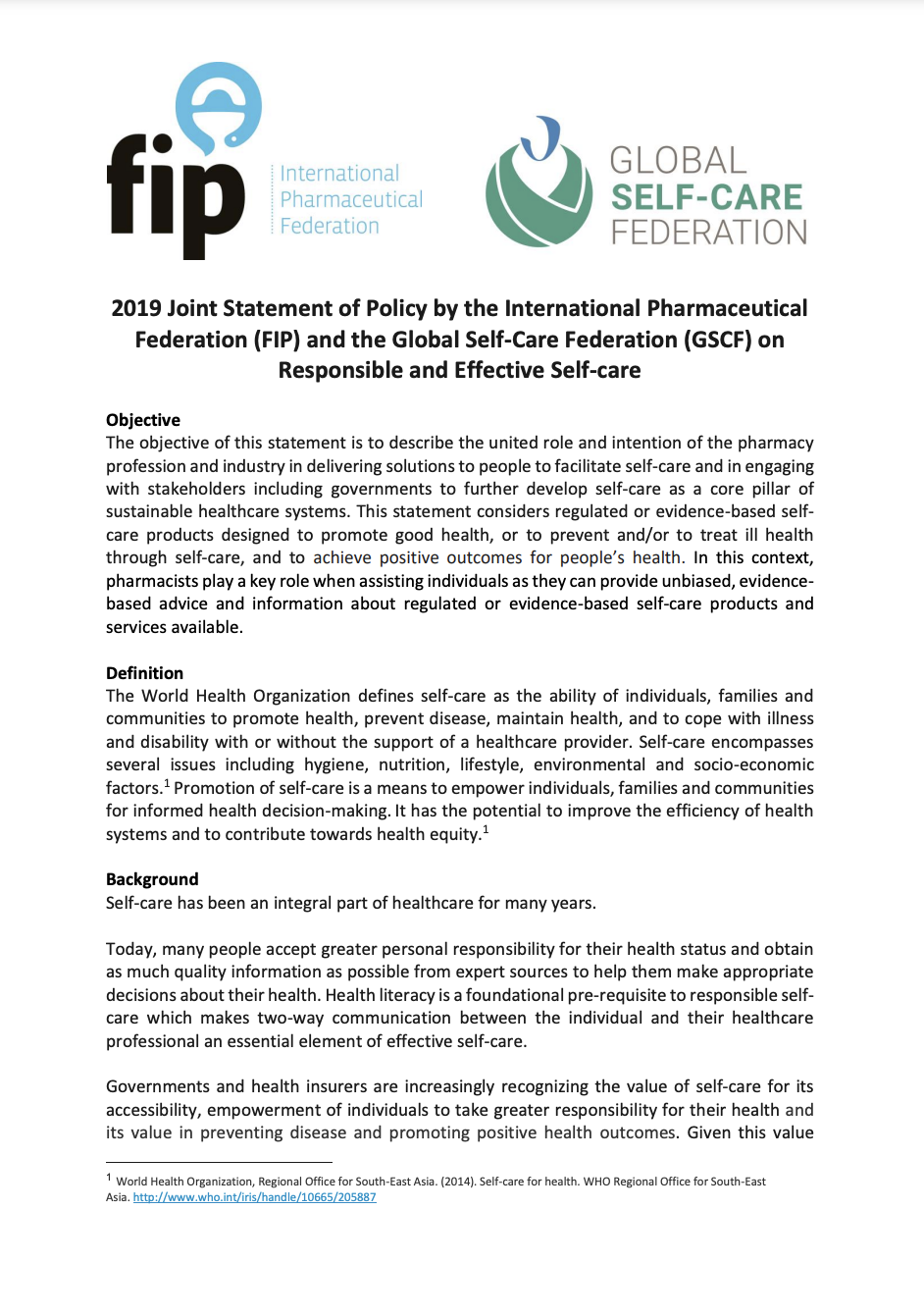
Joint Statement of Policy by the International Pharmaceutical Federation (FIP) and the Global Self-Care Federation (GSCF) on Responsible and Effective Self-care (2019)
Read more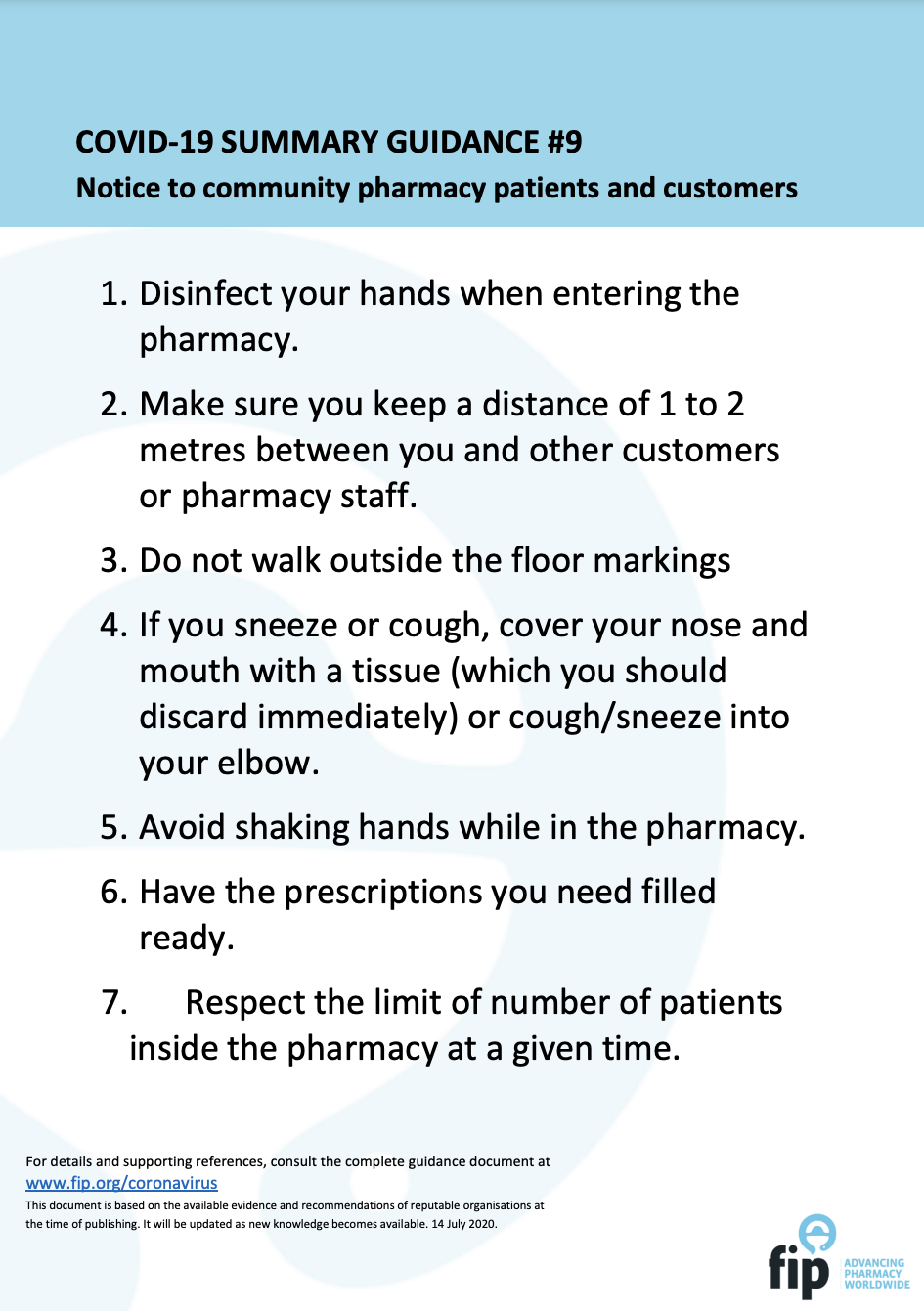
COVID-19 Summary Guidance #9: Notice to community pharmacy patients and customers (2020)
Read more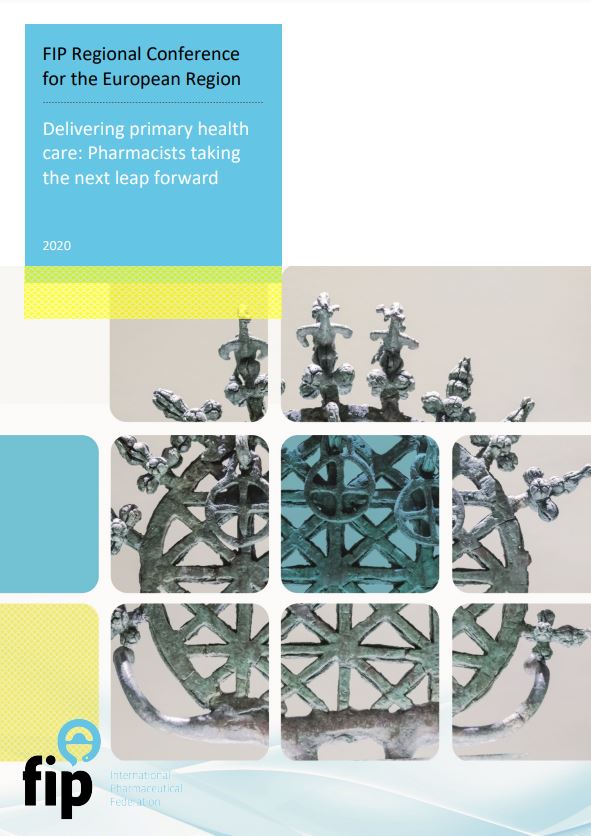
FIP Regional Conference for the European Region - Delivering primary health care: Pharmacists taking the next leap forward (2020)
Read more
Alcohol consumption and dependence: The role of pharmacists in prevention, support and management

Reframing the role and impact of pharmacy in Chronic Obstructive Pulmonary Disease (COPD) Care

Mental health care in focus: Empowering pharmacists to enhance patient care in Turkiye, UAE, Saudi Arabia, and India

Empowering pharmacists in menopause care: Expanding roles and patient support

Use of heat therapy for the management of musculoskeletal pain in the community pharmacy: New FIP guidance

Climate change and respiratory health: Bridging gaps for a healthier future

Promoting and communicating the value of self-care: Self-care does not mean no care

Empoderar a los farmacéuticos para apoyar la deshabituación tabáquica en la región de las Américas

Empowering pharmacists to support tobacco cessation in the Eastern Mediterranean Region

Empowering pharmacists to support tobacco cessation in Western Pacific Region

Leveraging pharmacists for tobacco cessation: New policy tools, evidence, and success stories
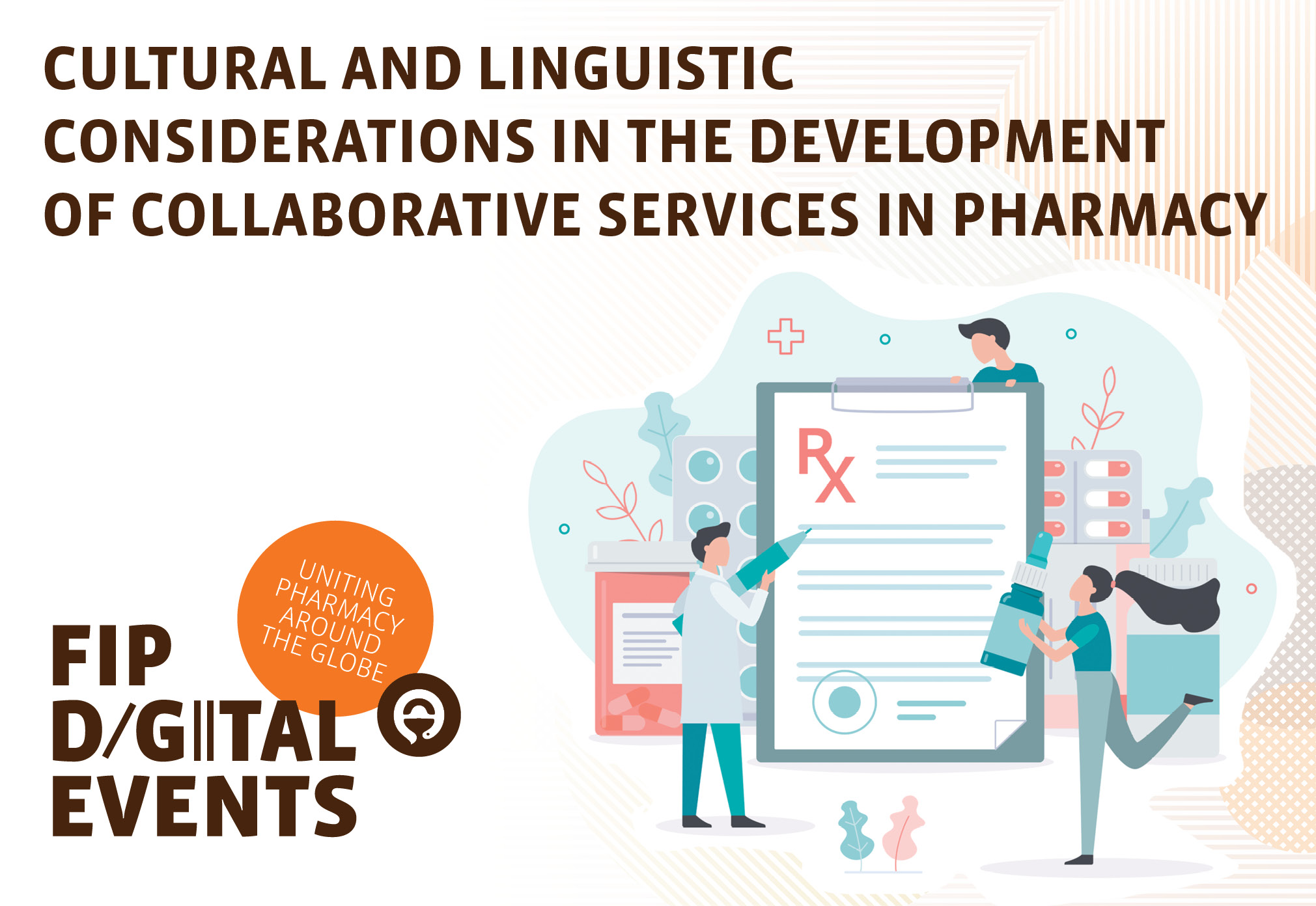
Cultural and Linguistic Considerations in the Development of Collaborative Services in Pharmacy
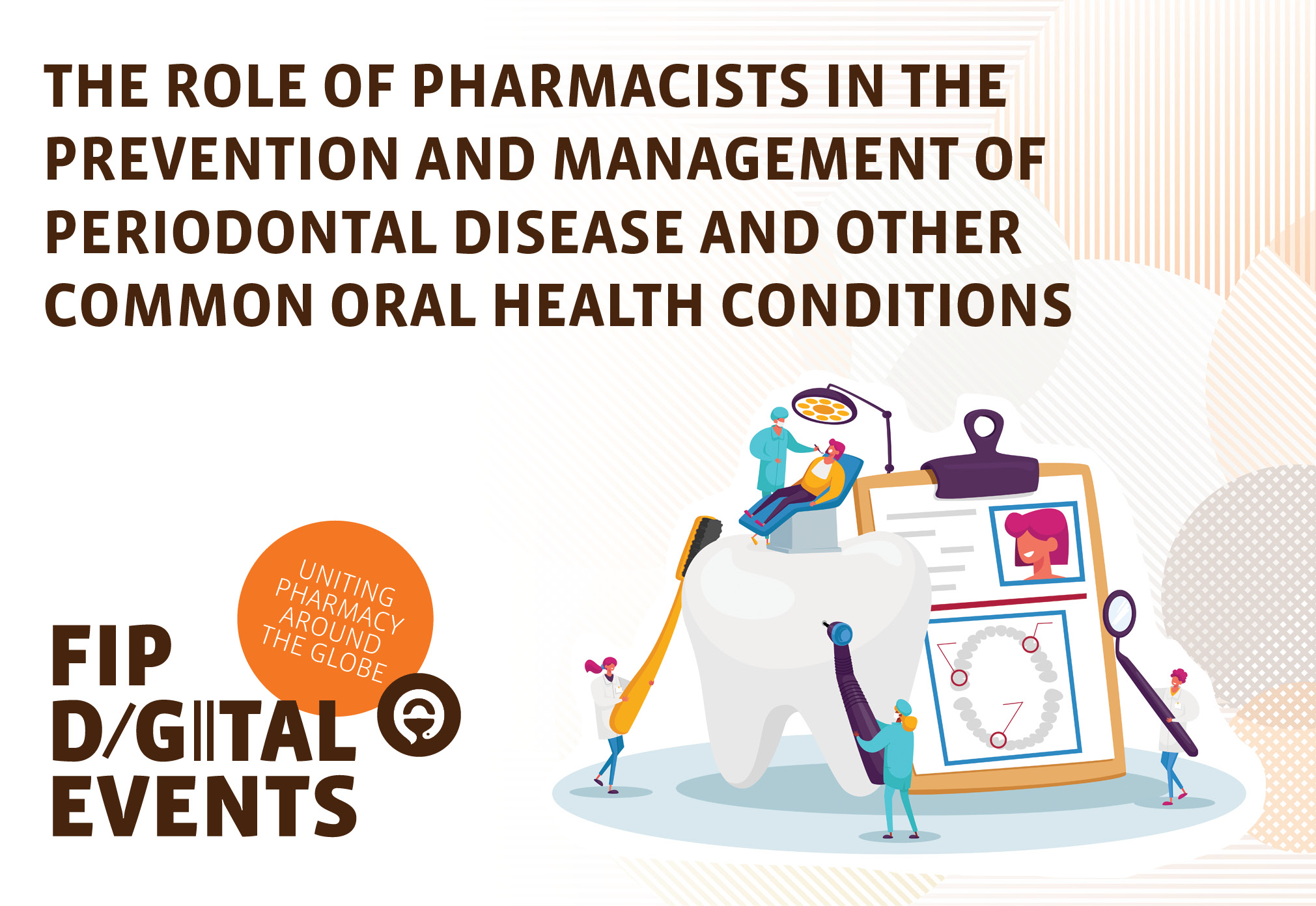
The role of pharmacists in the prevention and management of periodontal disease and other common oral health conditions
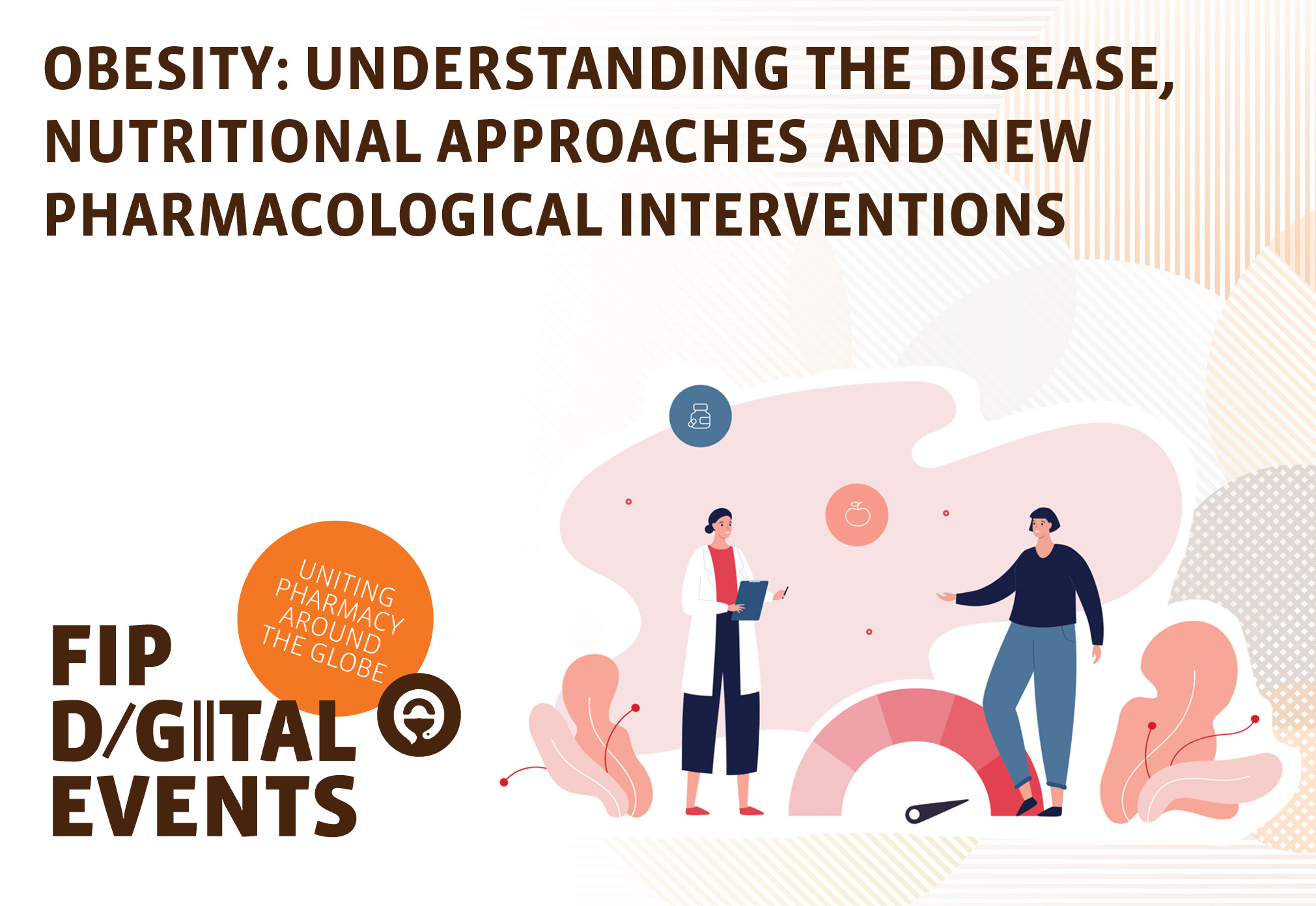
Obesity: understanding the disease, nutritional approaches and new pharmacological interventions
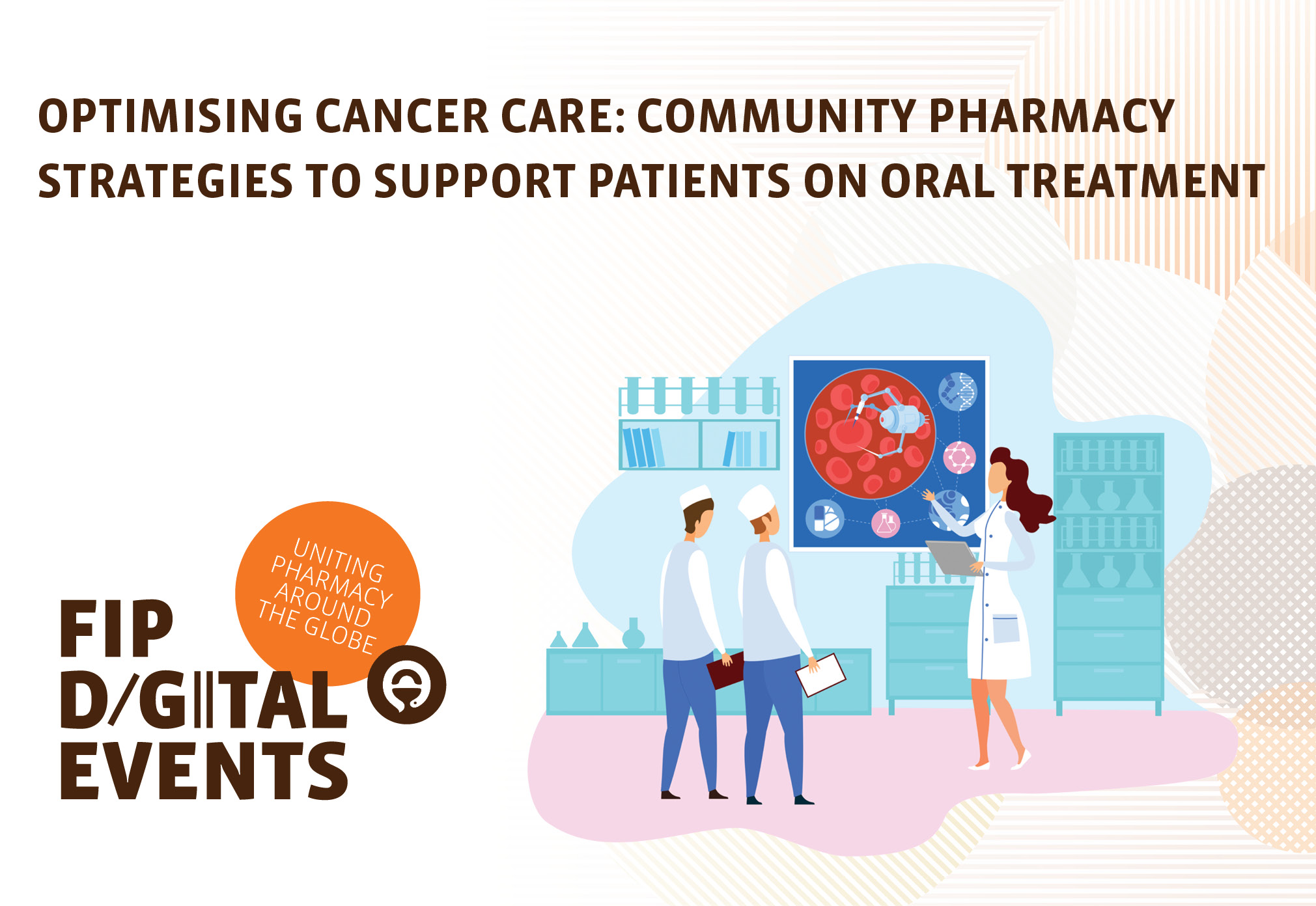
Optimising cancer care: community pharmacy strategies to support patients on oral treatment
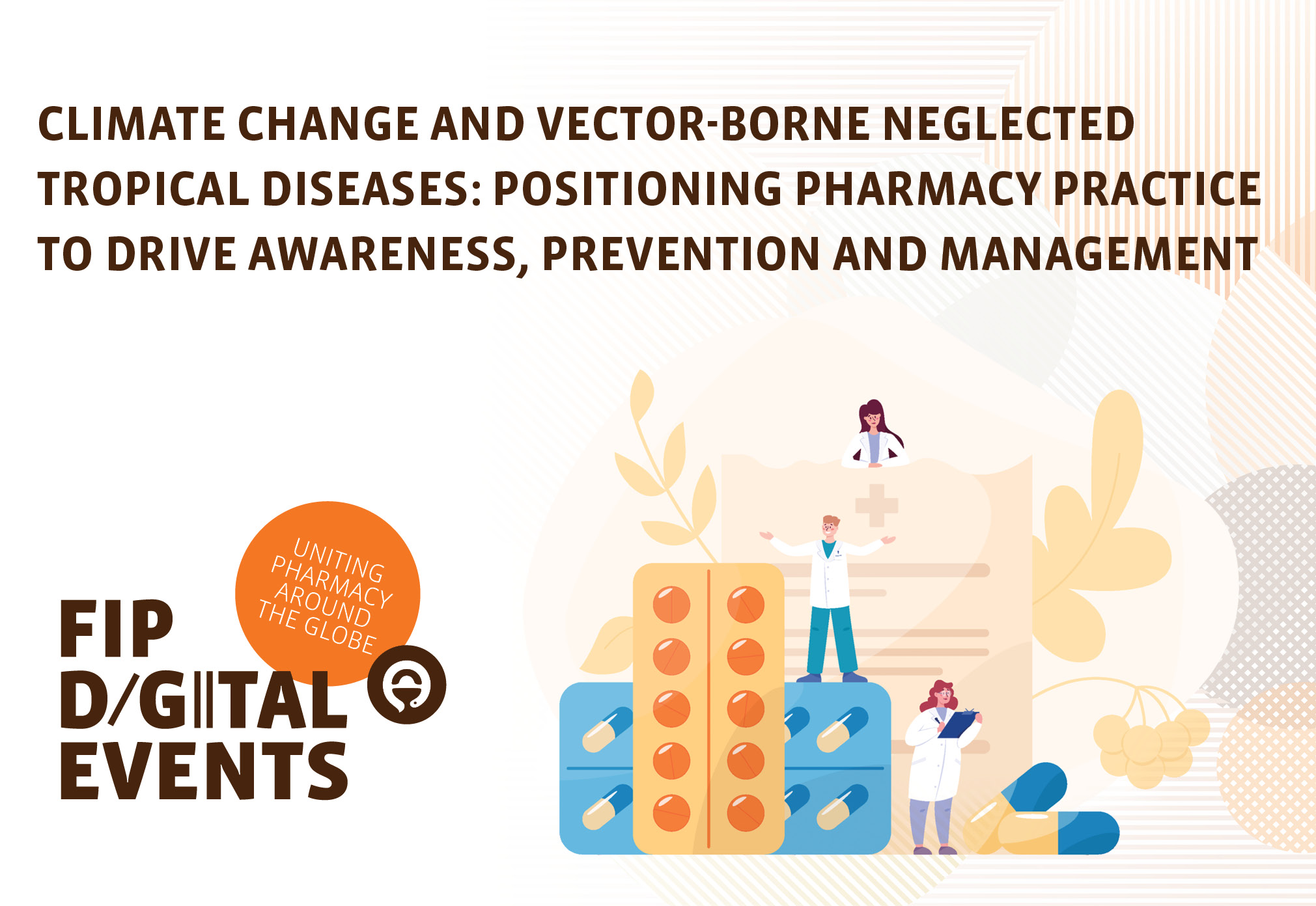
Climate change and vector-borne neglected tropical diseases: Positioning pharmacy practice to drive awareness, prevention and management
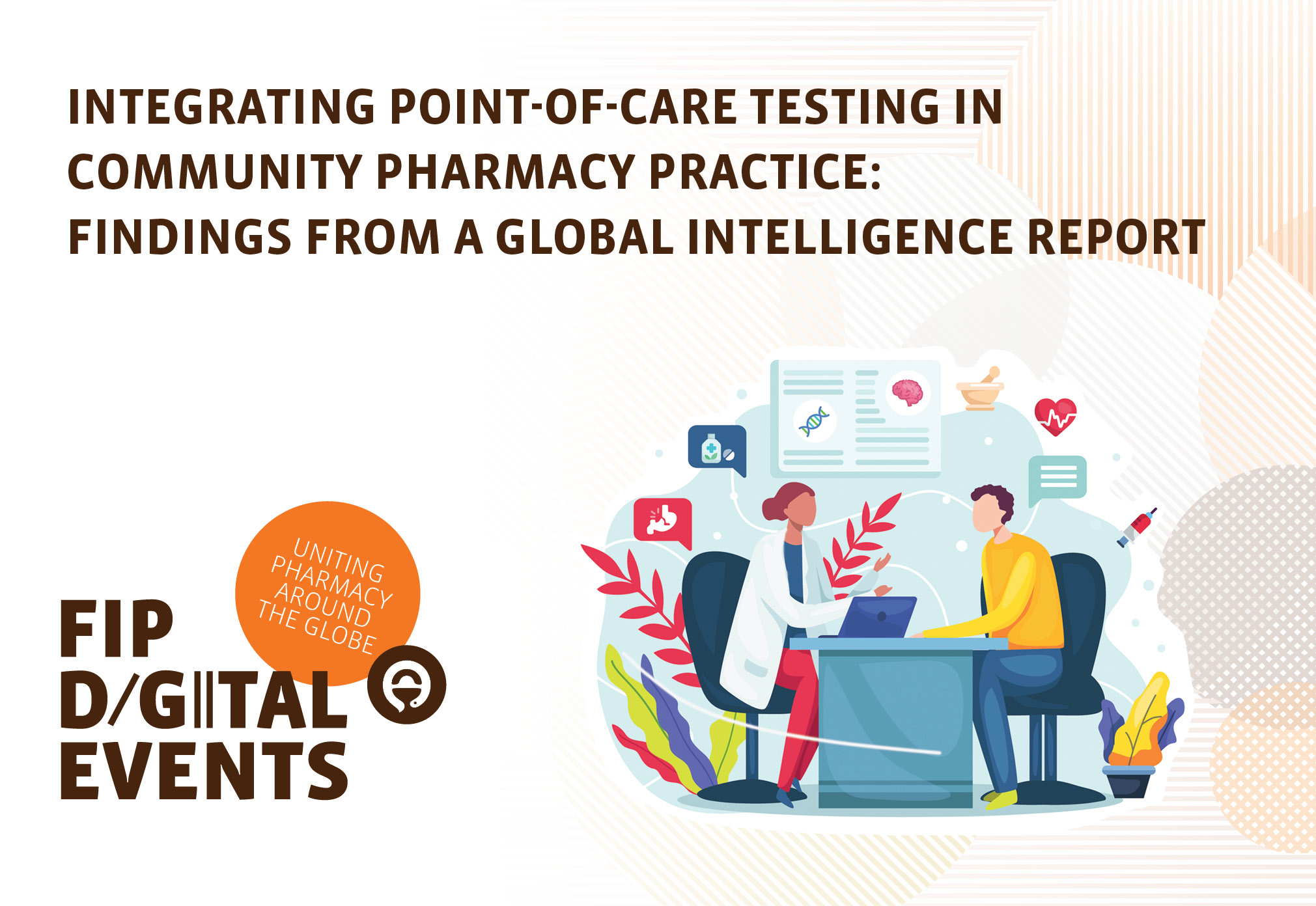
Integrating point-of-care testing in community pharmacy practice: Findings from a global intelligence report
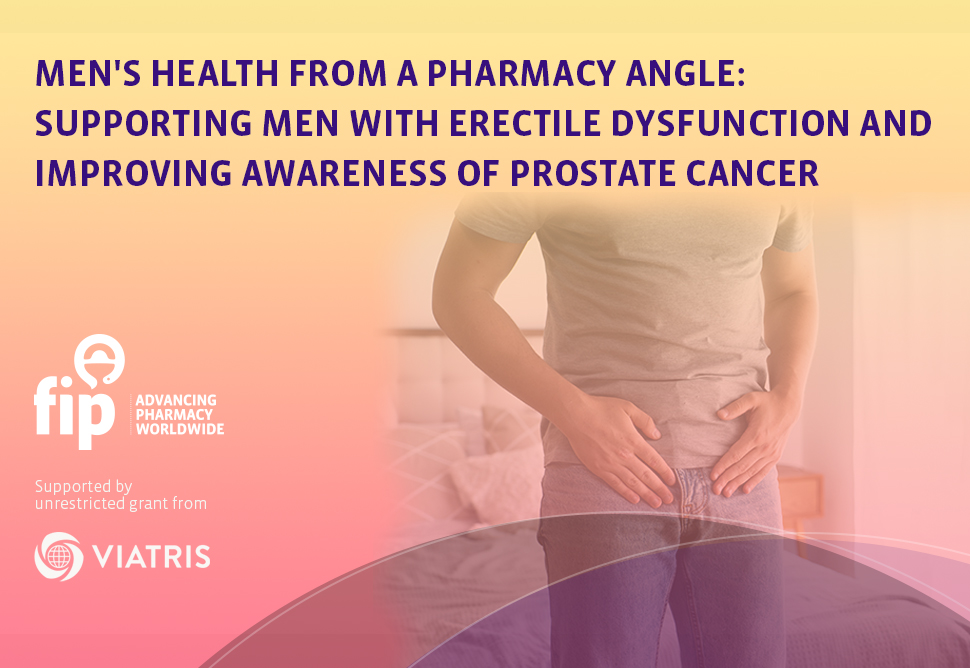
Men's health from a pharmacy angle: Supporting men with erectile dysfunction and improving awareness of prostate cancer
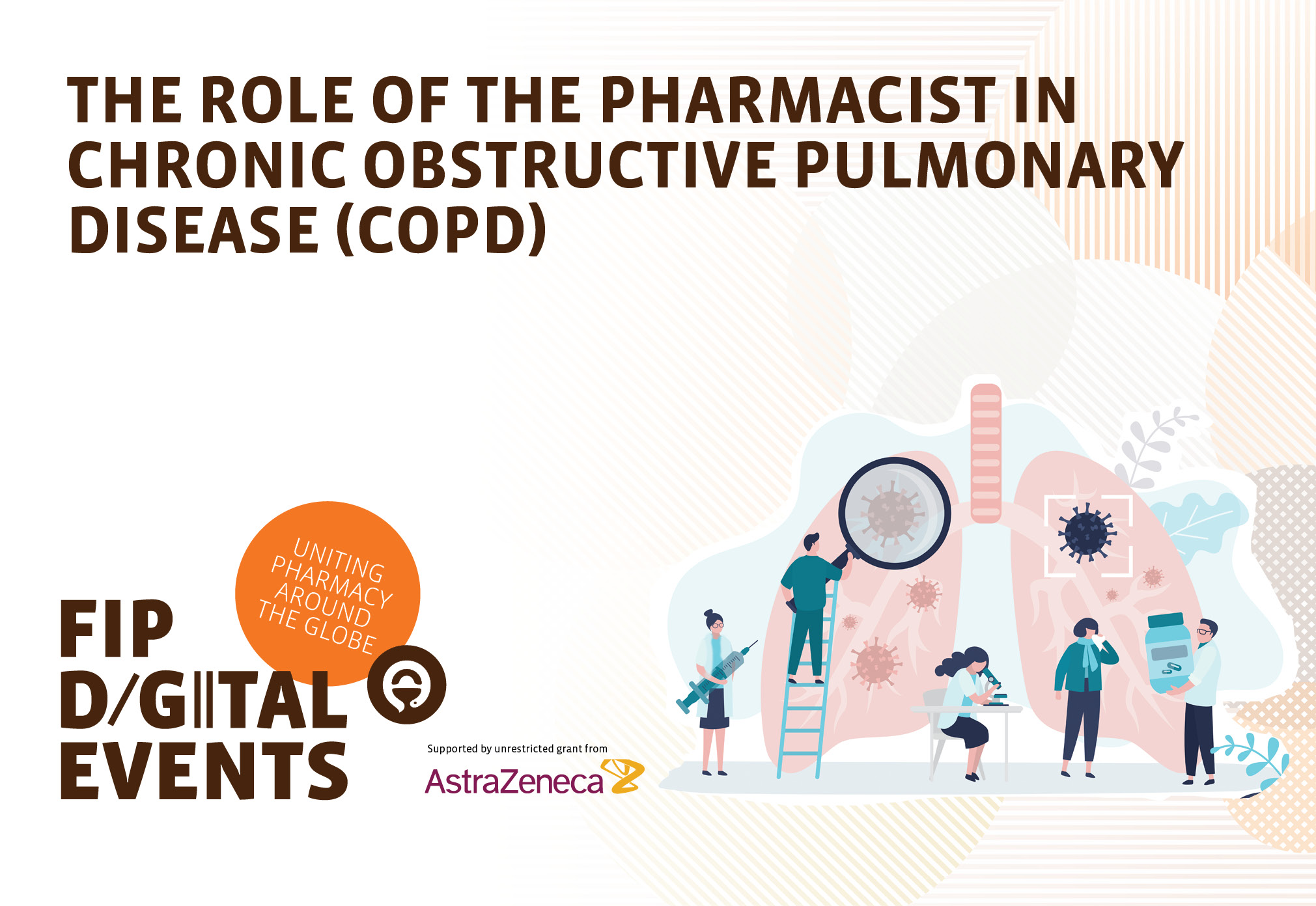
The role of the pharmacist in Chronic obstructive pulmonary disease (COPD)
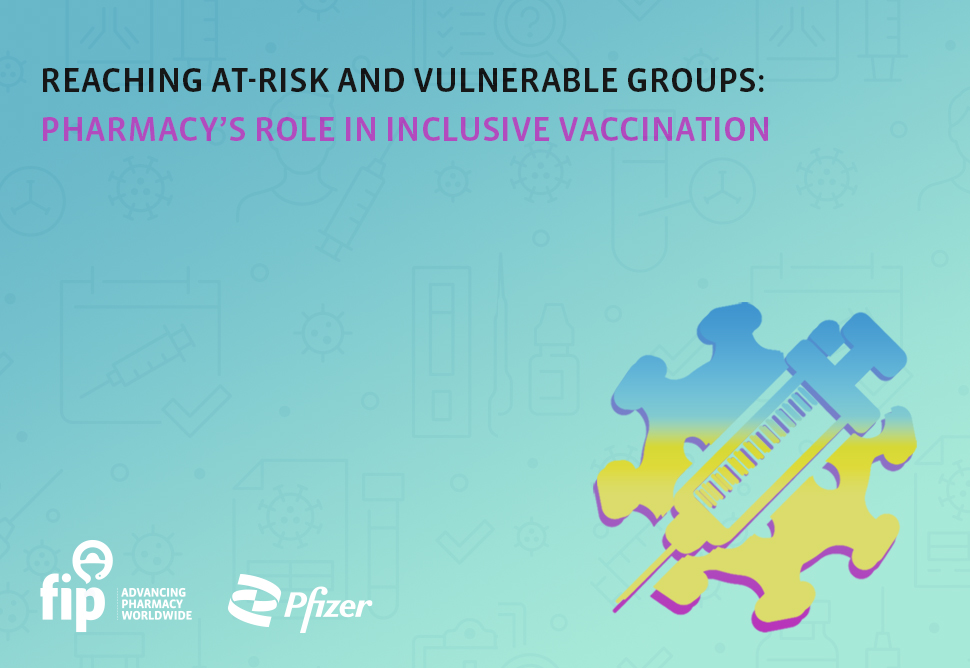
Reaching at-risk and vulnerable groups: Pharmacy’s role in inclusive vaccination
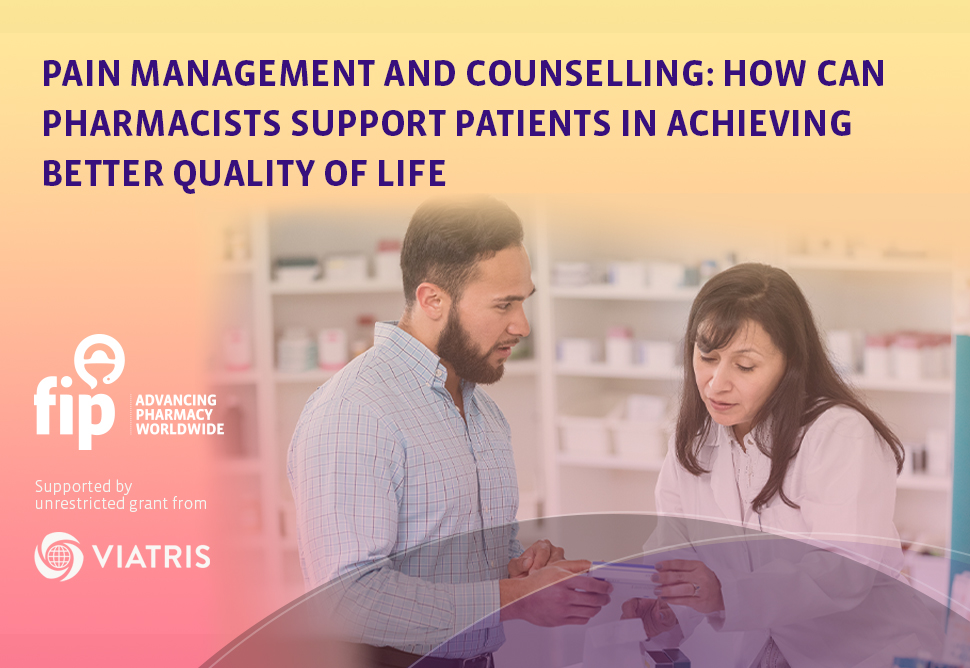
Pain management and counselling: how can pharmacists support patients in achieving better quality of life
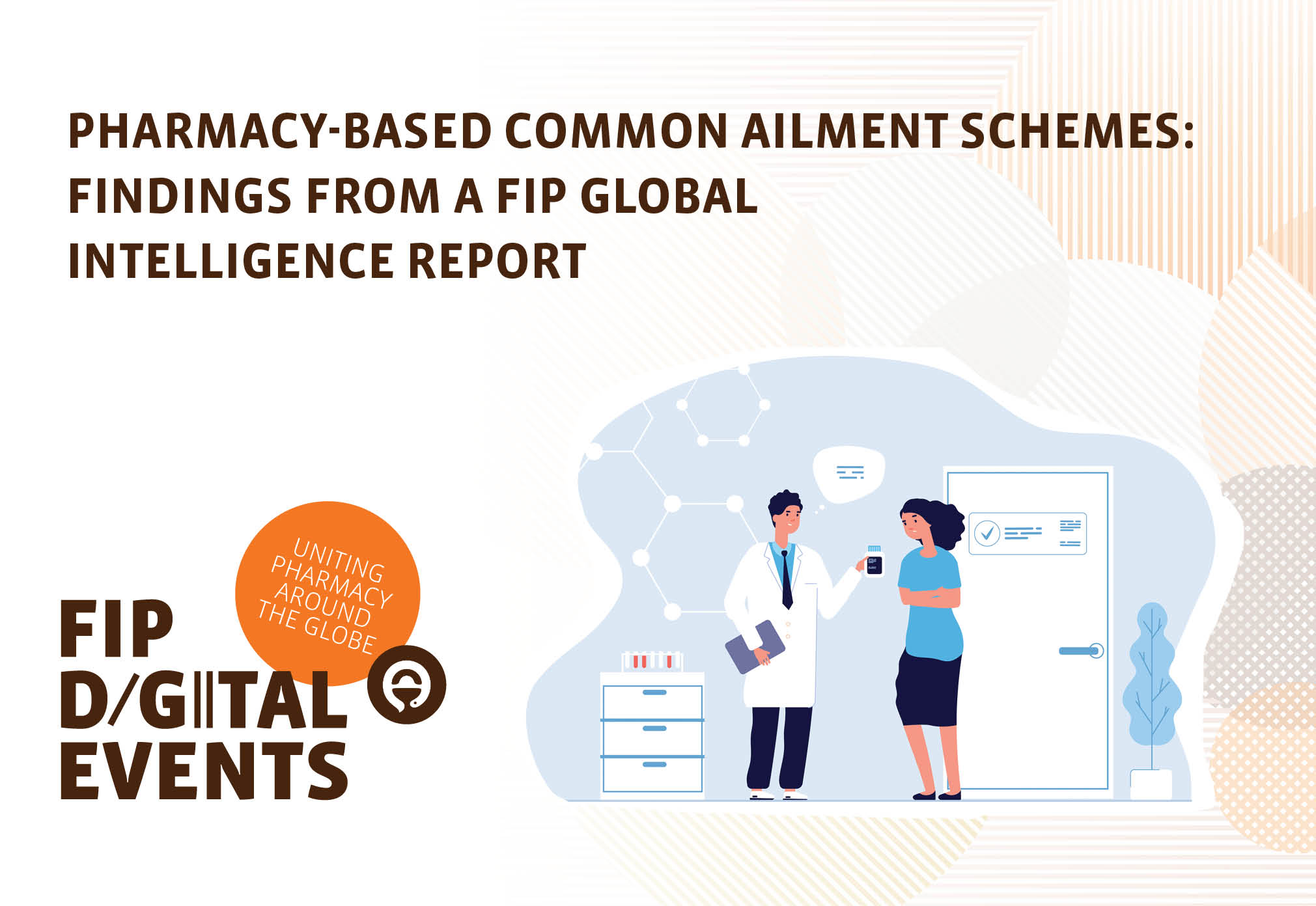
Pharmacy-based Common Ailment Schemes: Findings from a FIP global intelligence report
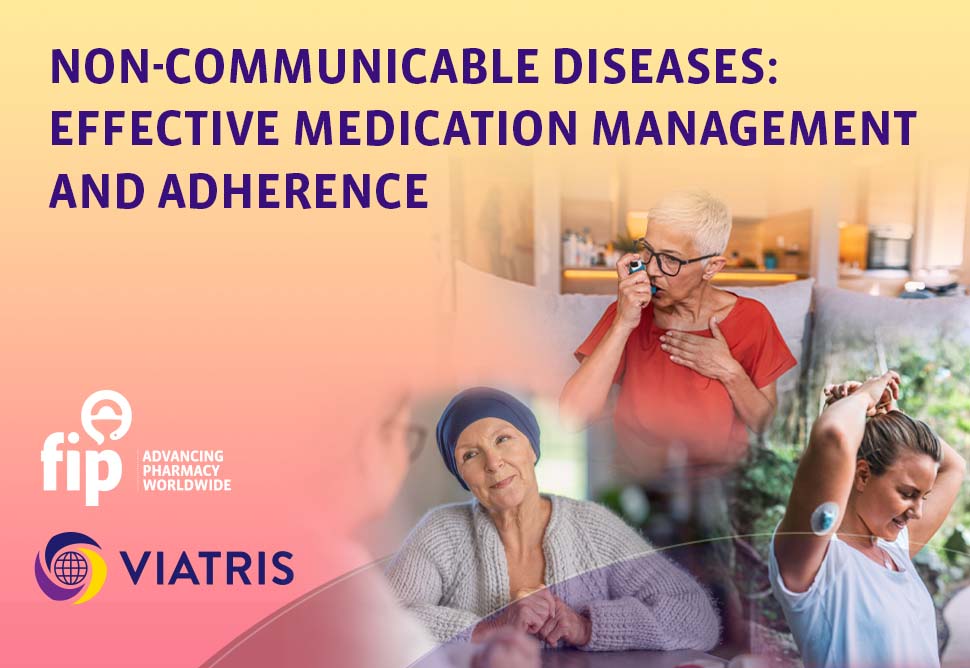
Non-communicable diseases: Effective medication management and adherence
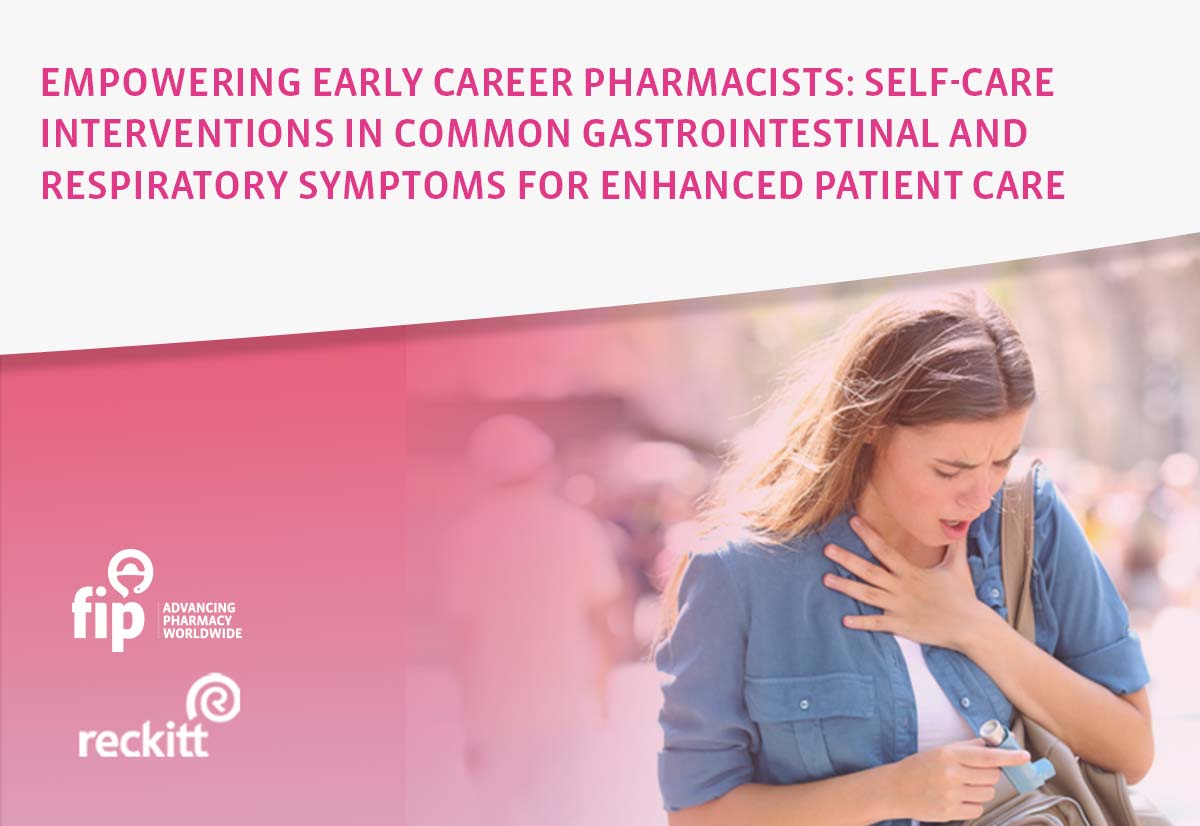
Empowering early career pharmacists: Self-care interventions in common gastrointestinal and respiratory symptoms for enhanced patient care
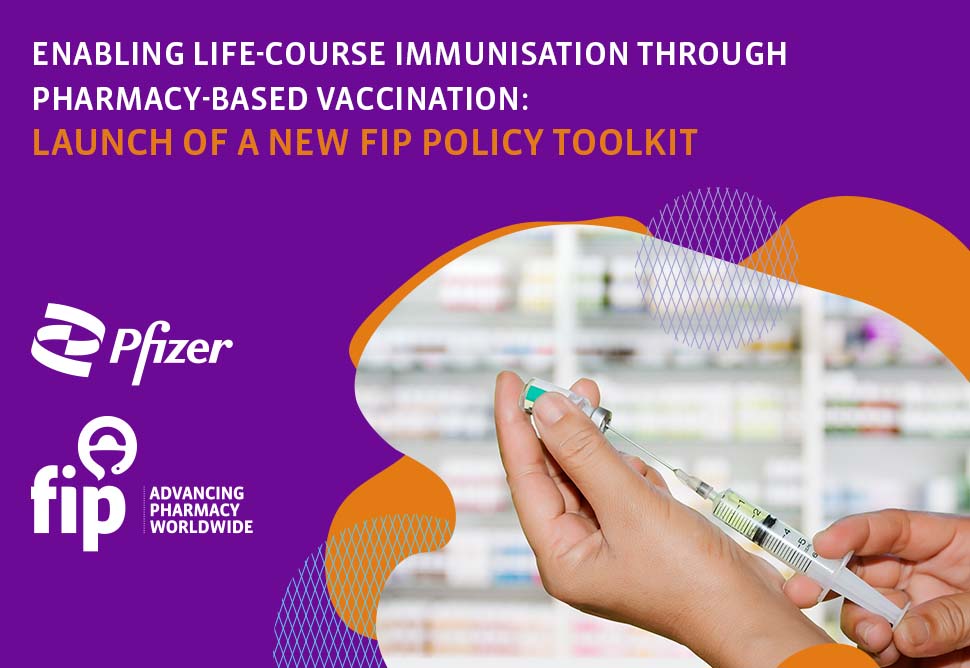
Enabling life-course immunisation through pharmacy-based vaccination: Launch of a new FIP policy toolkit
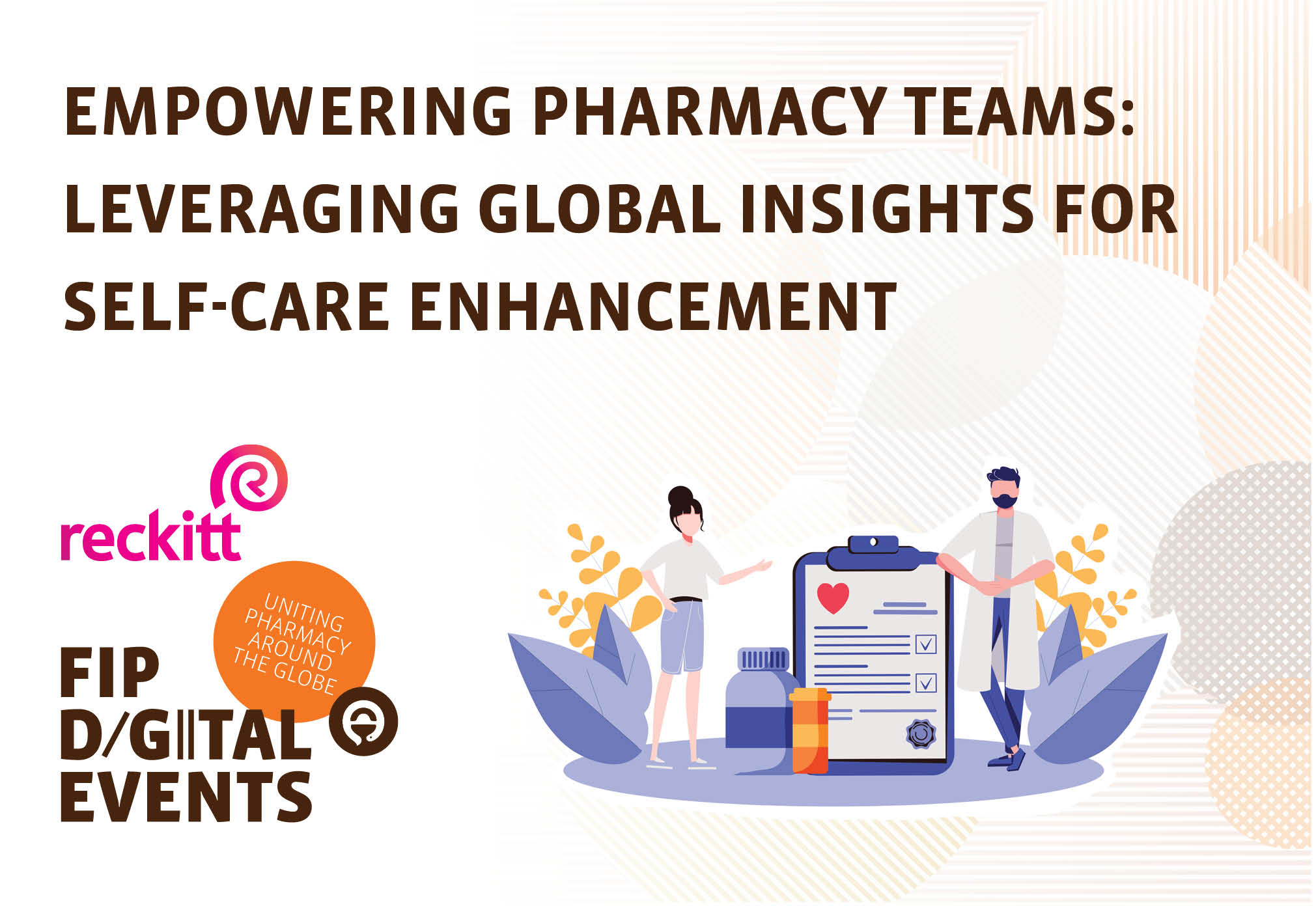
Empowering Pharmacy Teams: Leveraging Global Insights for Self-Care Enhancement
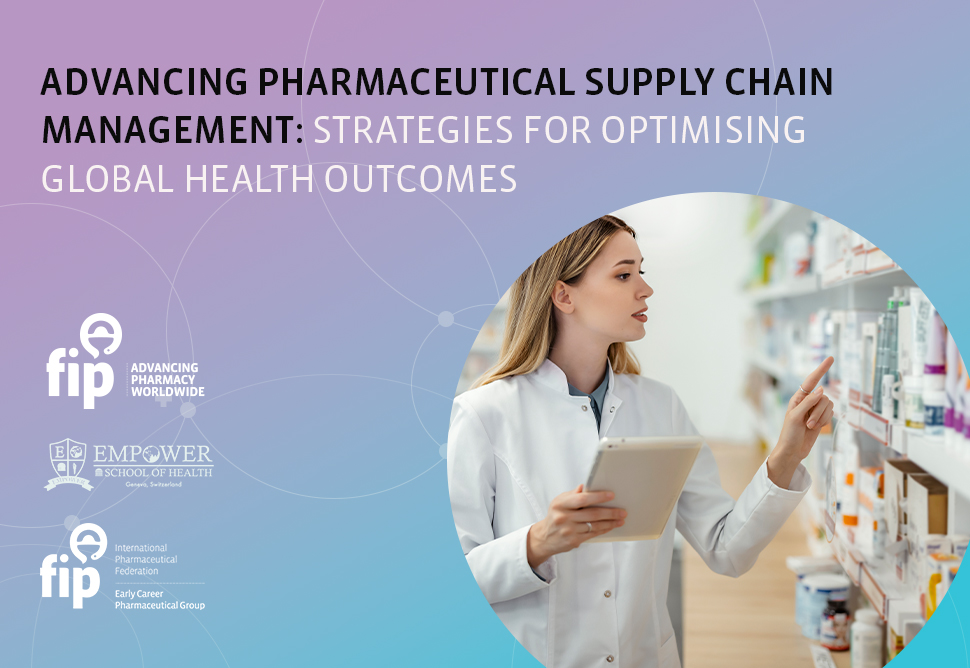
Advancing Pharmaceutical Supply Chain Management: Strategies for Optimising Global Health Outcomes
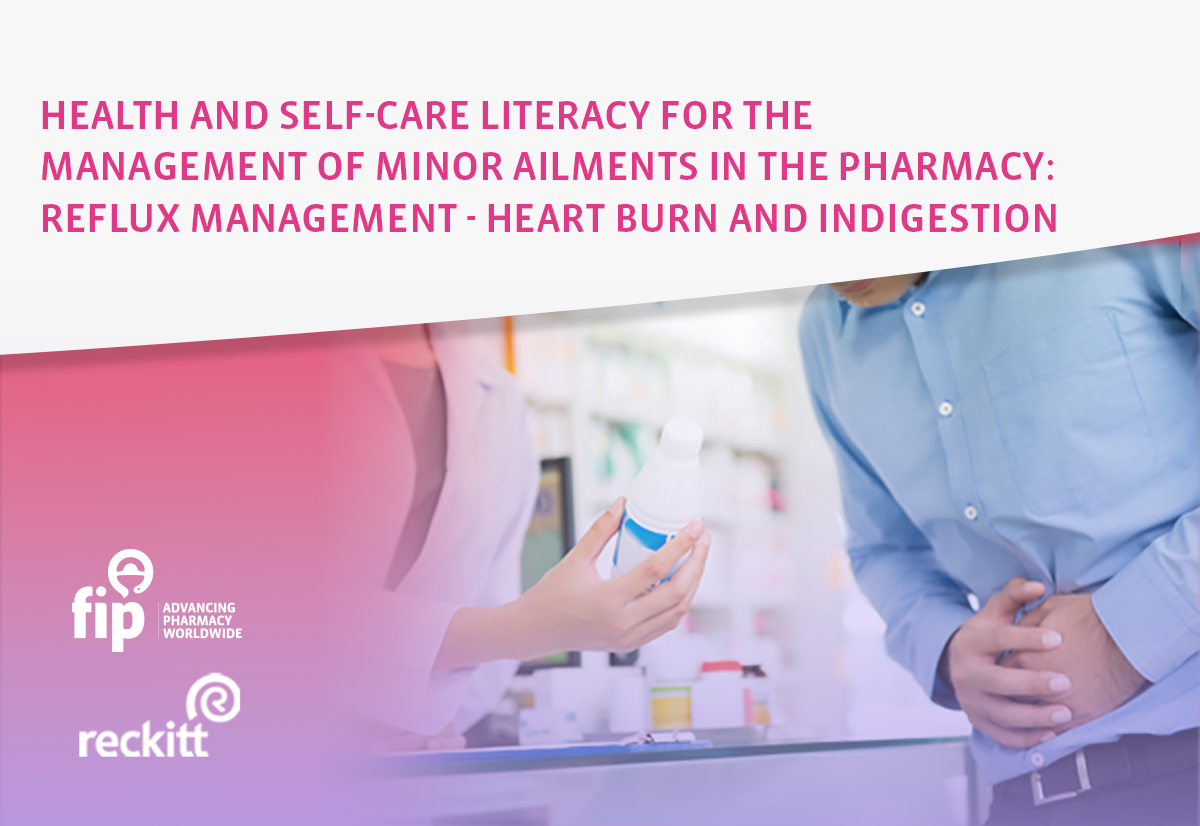
Health and self-care literacy for the management of minor ailments in the pharmacy-Reflux management, Heart burn and indigestion
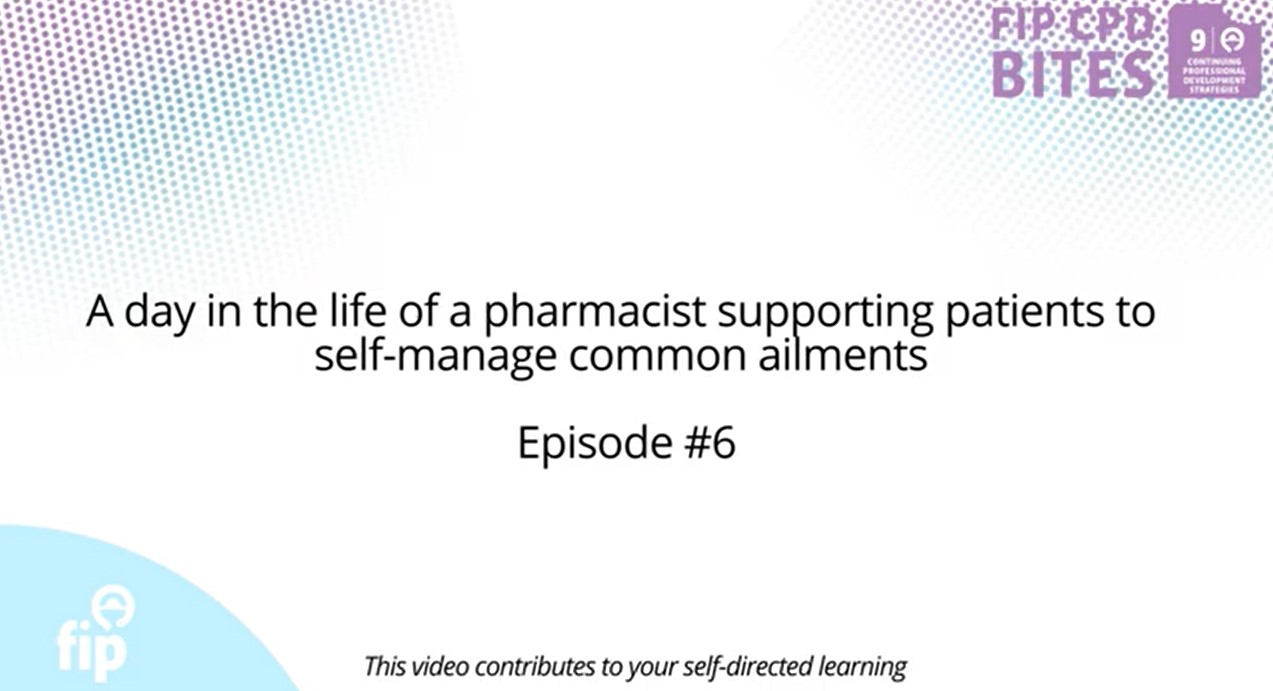
A day in the life of a pharmacist supporting patients to self-manage common ailments— Ep 6
In this video, our guest pharmacist speaks about self-care in the area of sore throat. This episode is part of a series highlighting different pharmacists’ perspectives and roles in supporting self-care of common ailments.
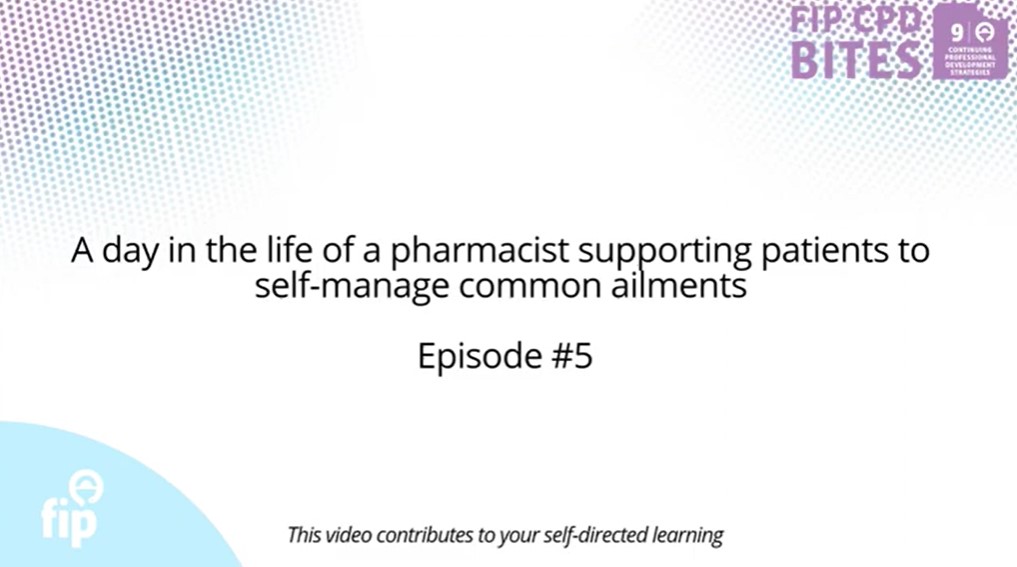
A day in the life of a pharmacist supporting patients to self manage common ailments — Ep 5
In this video, our guest pharmacist speaks about self-care in the area of pain and sexual health. This episode is part of a series highlighting different pharmacists’ perspectives and roles in supporting self-care of common ailments.
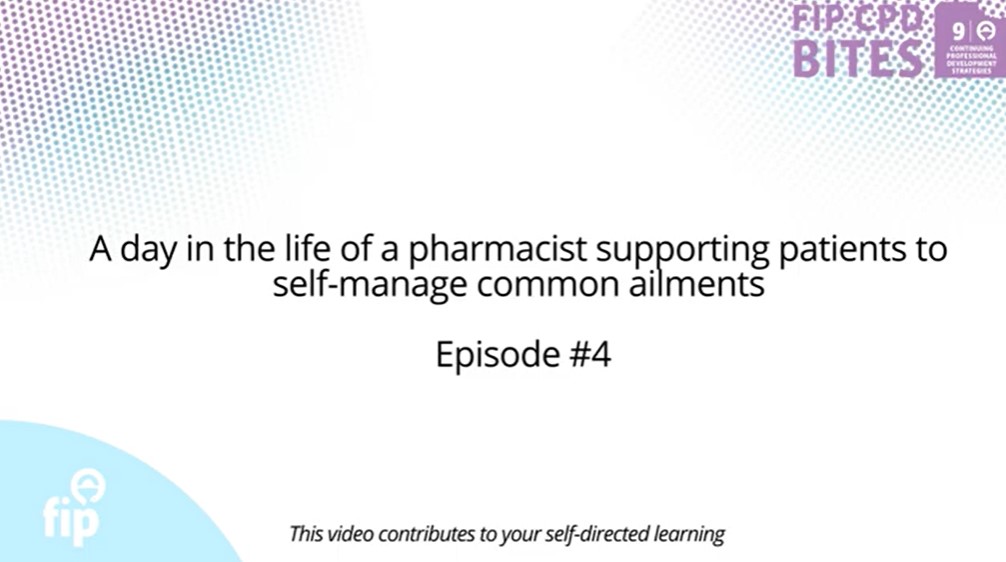
A day in the life of a pharmacist supporting patients to self manage common ailments — Ep 4
In this video, our guest pharmacist speaks about "Test to Treat" initiatives in the pharmacy to support self-care of common ailments." This episode is part of a series highlighting different pharmacists’ perspectives and roles in supporting self-care of common ailments.
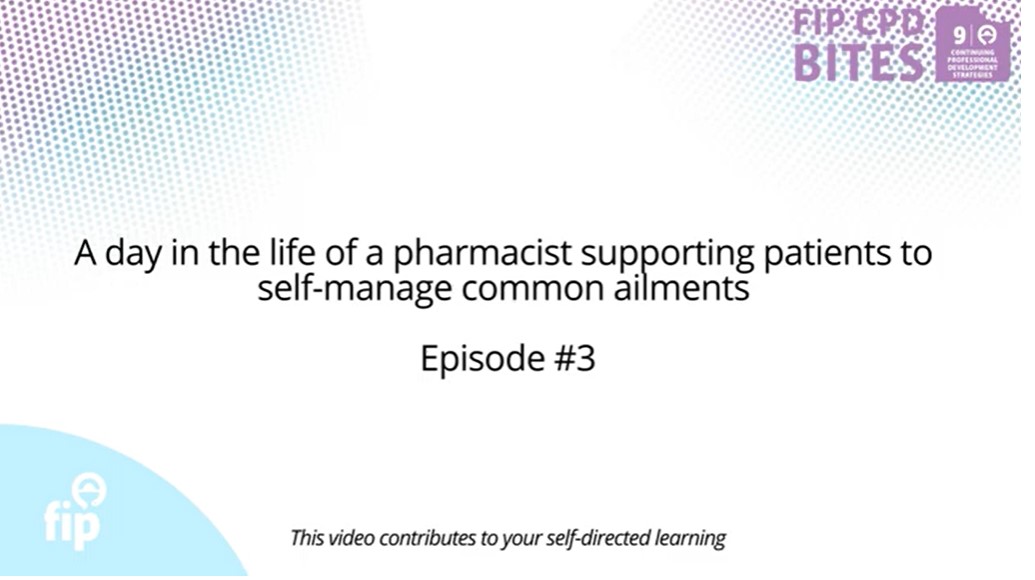
A day in the life of a pharmacist supporting patients to self-manage common ailments — Ep 3
In this video, our guest pharmacist speaks about self-care in allergies and skin infections. This episode is part of a series highlighting different pharmacists’ perspectives and roles in supporting self-care of common ailments.
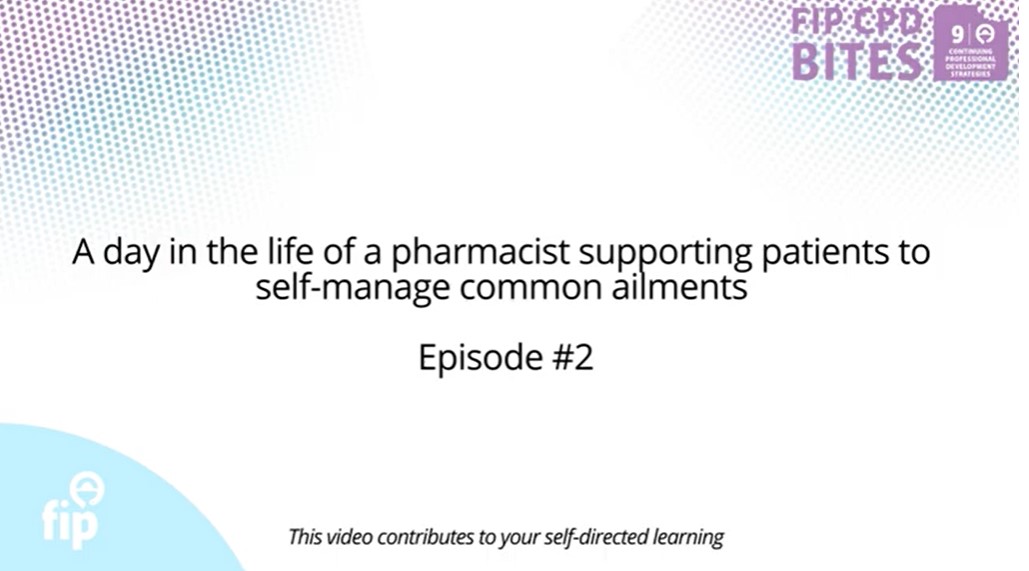
A day in the life of a pharmacist supporting patients to self manage common ailments — Ep 2
In this video, our guest pharmacist speaks about self-care in the area of sexual and women's health. This episode is part of a series highlighting different pharmacists’ perspectives and roles in supporting self-care of common ailments.
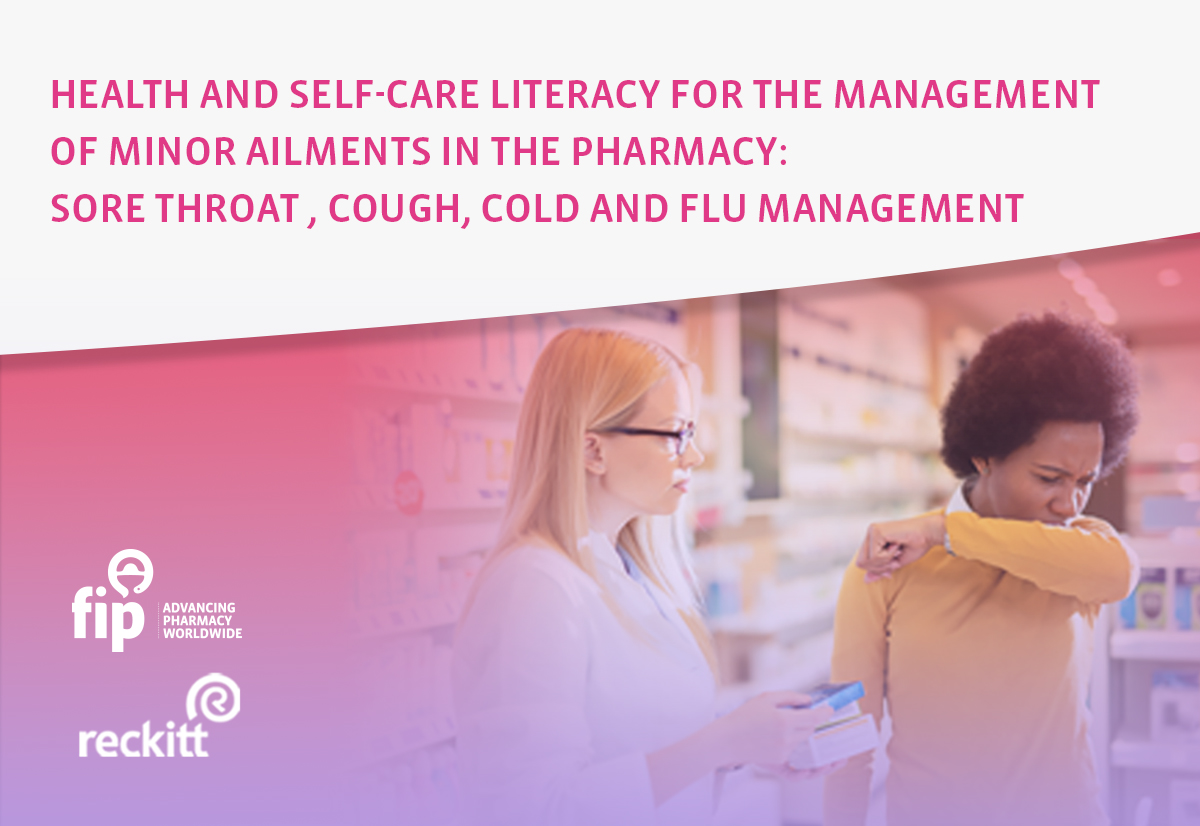
Health and self-care literacy for the management of minor ailments in the pharmacy-Sore throat, cough, cold and flu management
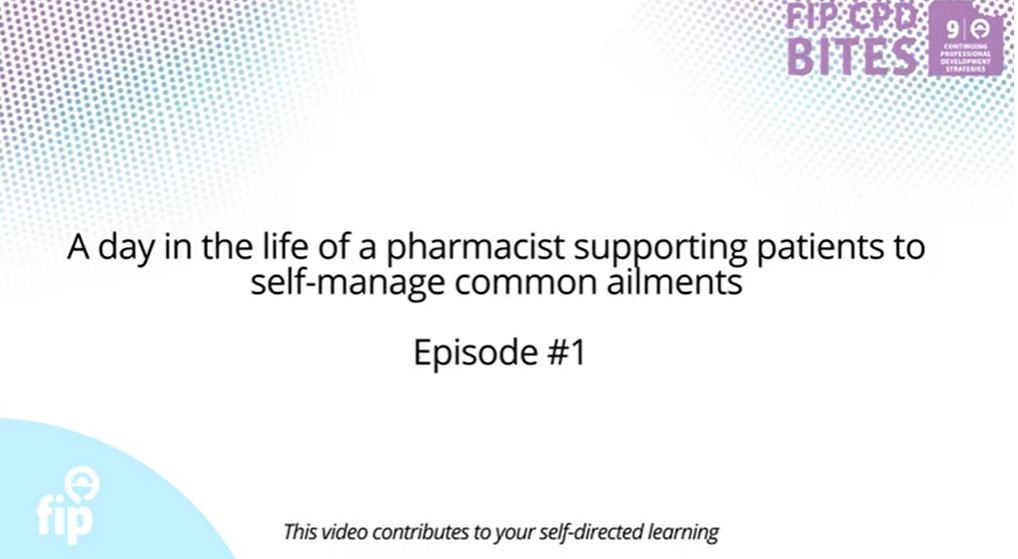
A day in the life of a pharmacist supporting patients to self manage common ailments - Ep 1
This episode is part of a series highlighting different pharmacists’ perspectives and roles in supporting self-care of common ailments. In this video, our guest pharmacist speaks about self-care in the area of sexual health.
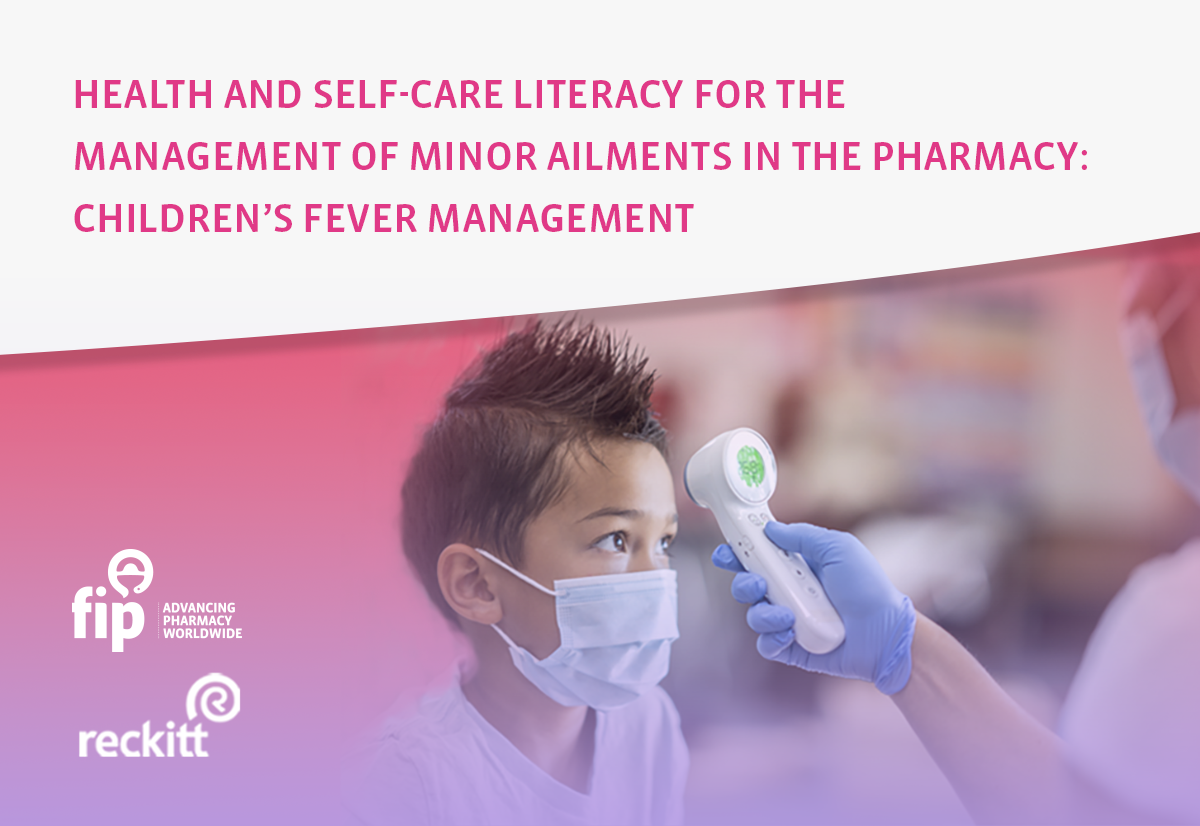
Health and self-care literacy for the management of minor ailments in the pharmacy-Children's fever management

Health and self-care literacy for the management of minor ailments in the pharmacy - Body pain management
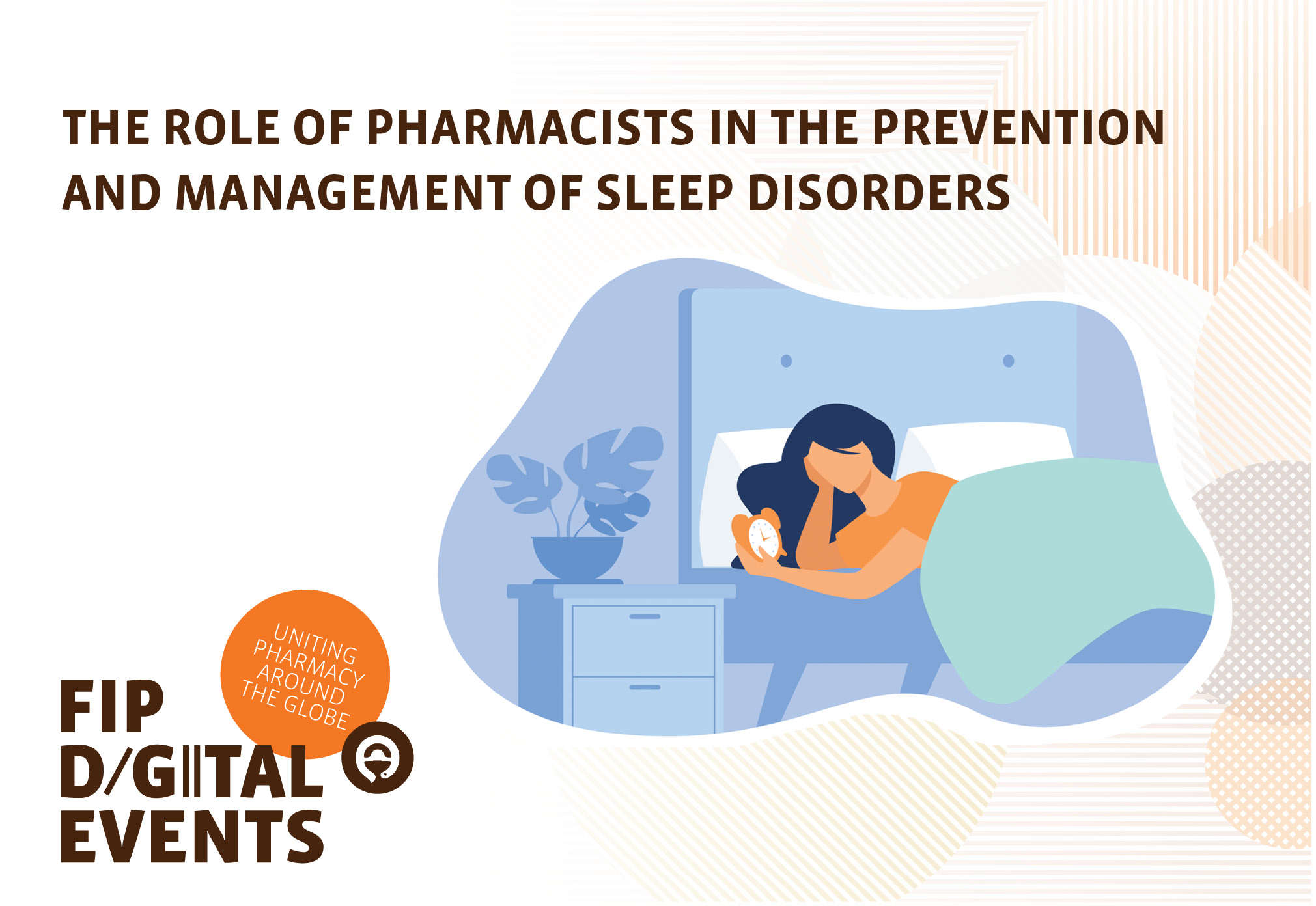
The role of pharmacists in the prevention and management of sleep disorders
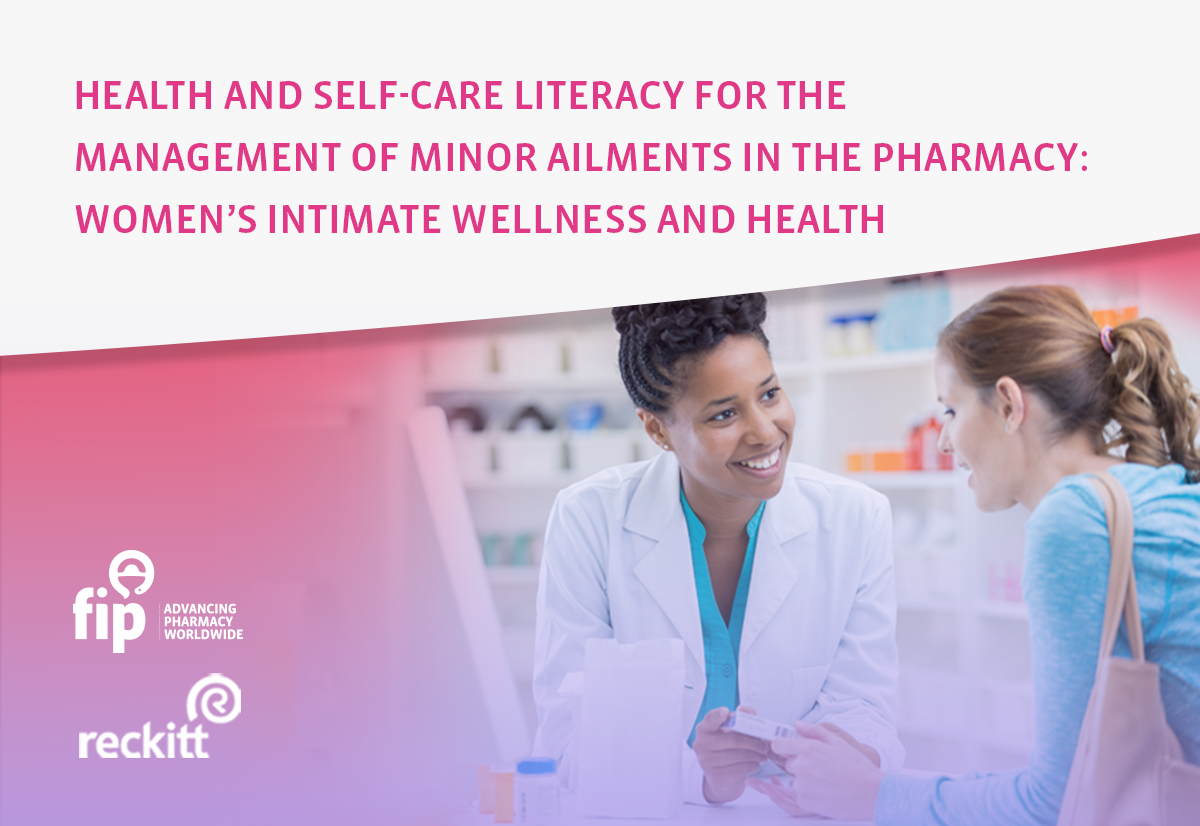
Health and self-care literacy for the management of minor ailments in the pharmacy: Women’s intimate wellness and health
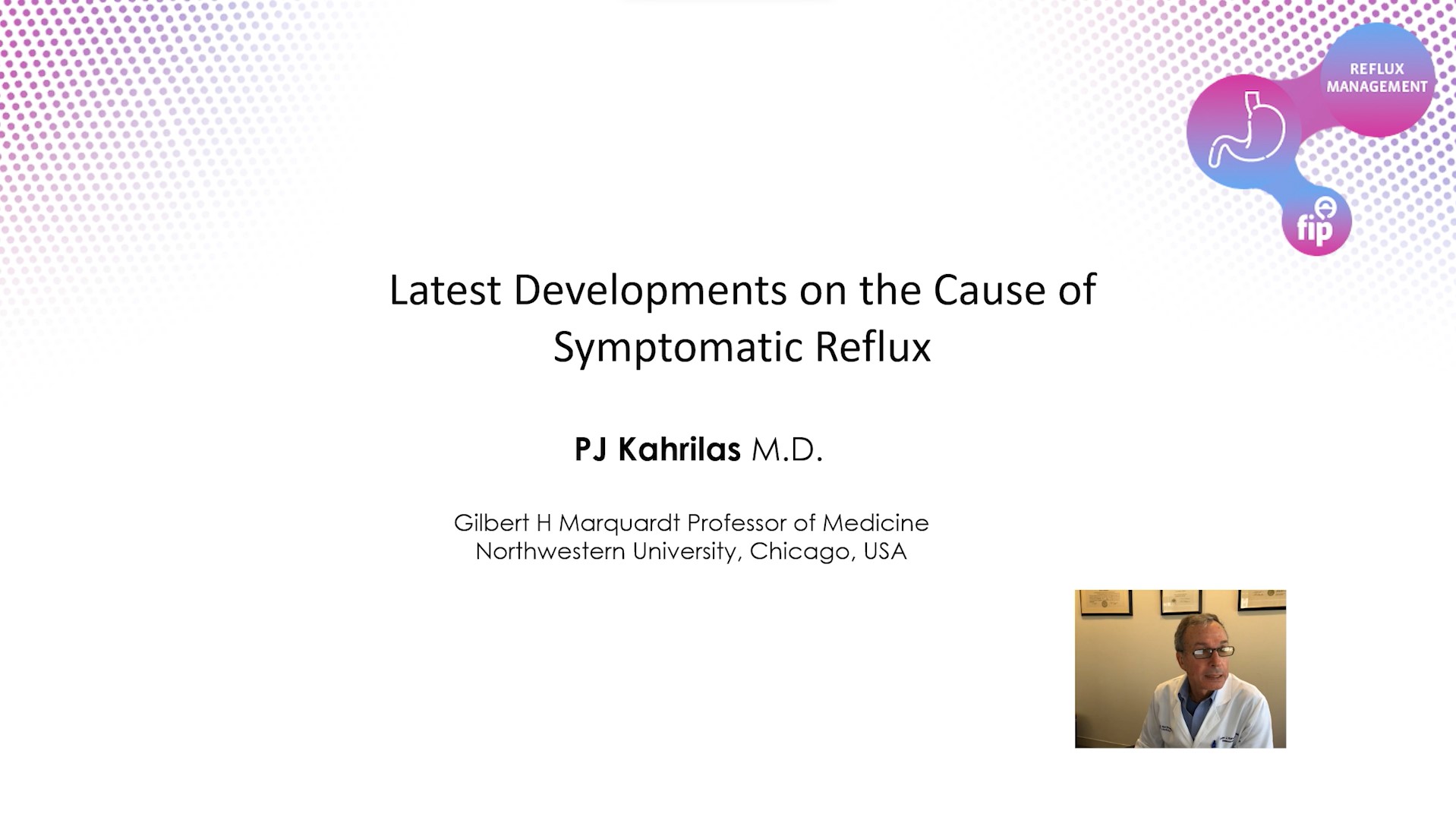
Latest developments on the causes of symptomatic reflux
This video discusses the pharmacological options for managing reflux. You will learn about the different types of medicines, their mechanisms of action, and some advantages and disadvantages of the traditional approaches to these symptoms.

Symptoms of gastro-oesophageal reflux disease
This video explores the treatment options for reflux, including lifestyle changes, dietary modifications, and the use of non-prescription medicines. It shows some considerations that can be useful when approaching patients with reflux symptoms
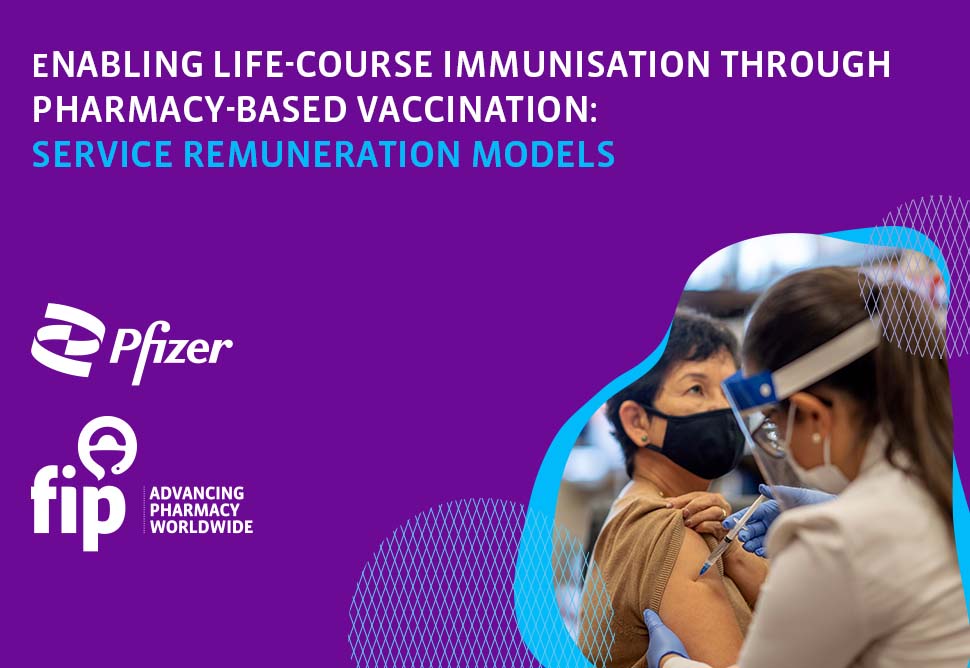
Enabling life-course immunisation through pharmacy-based vaccination: Service remuneration models

Older adults
This video highlights the main benefits of vaccination, and which vaccines are recommended for older adults.
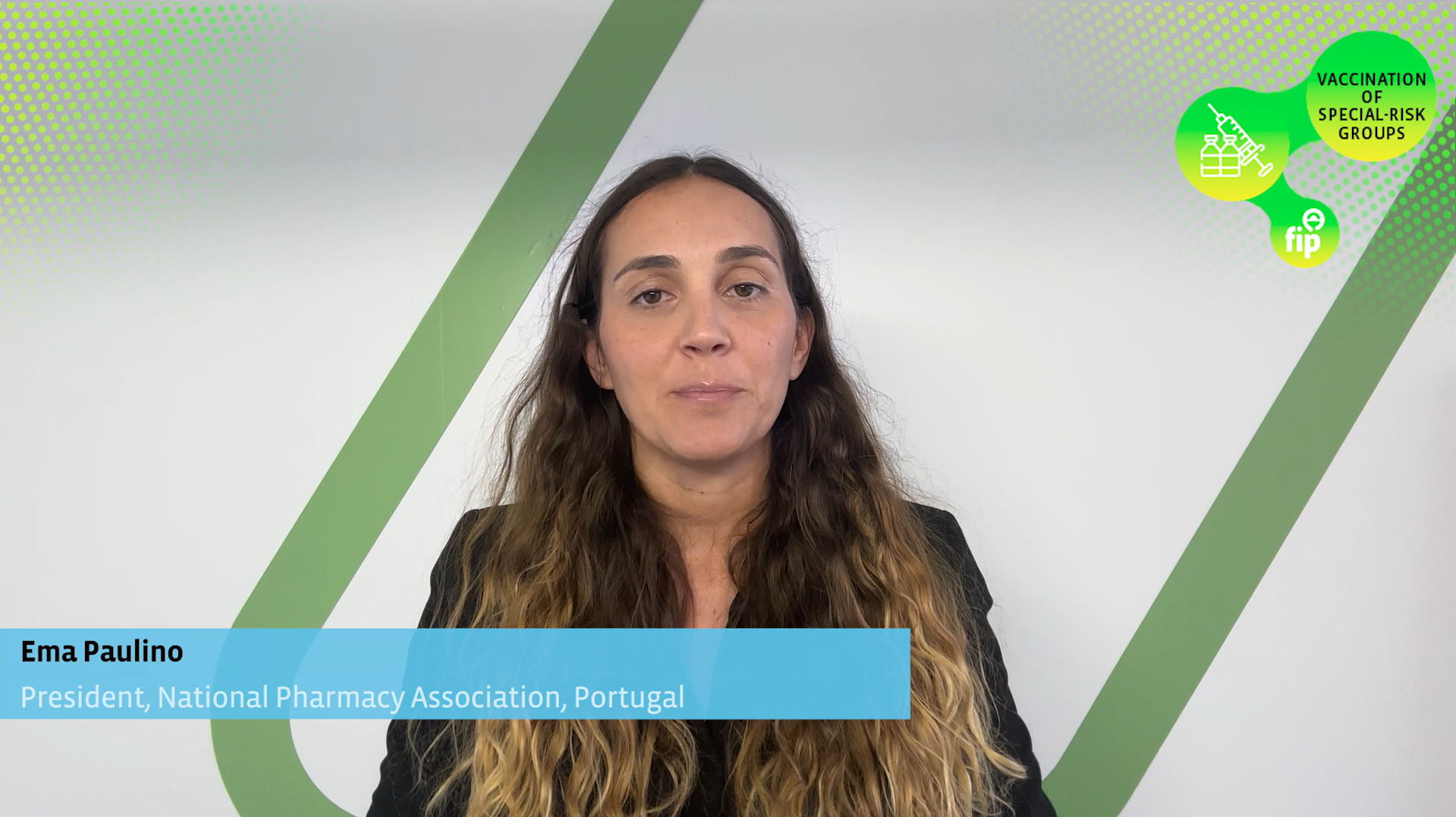
Chronic respiratory diseases
This video highlights the main benefits of vaccination, and which vaccines are recommended for people living with chronic respiratory conditions.
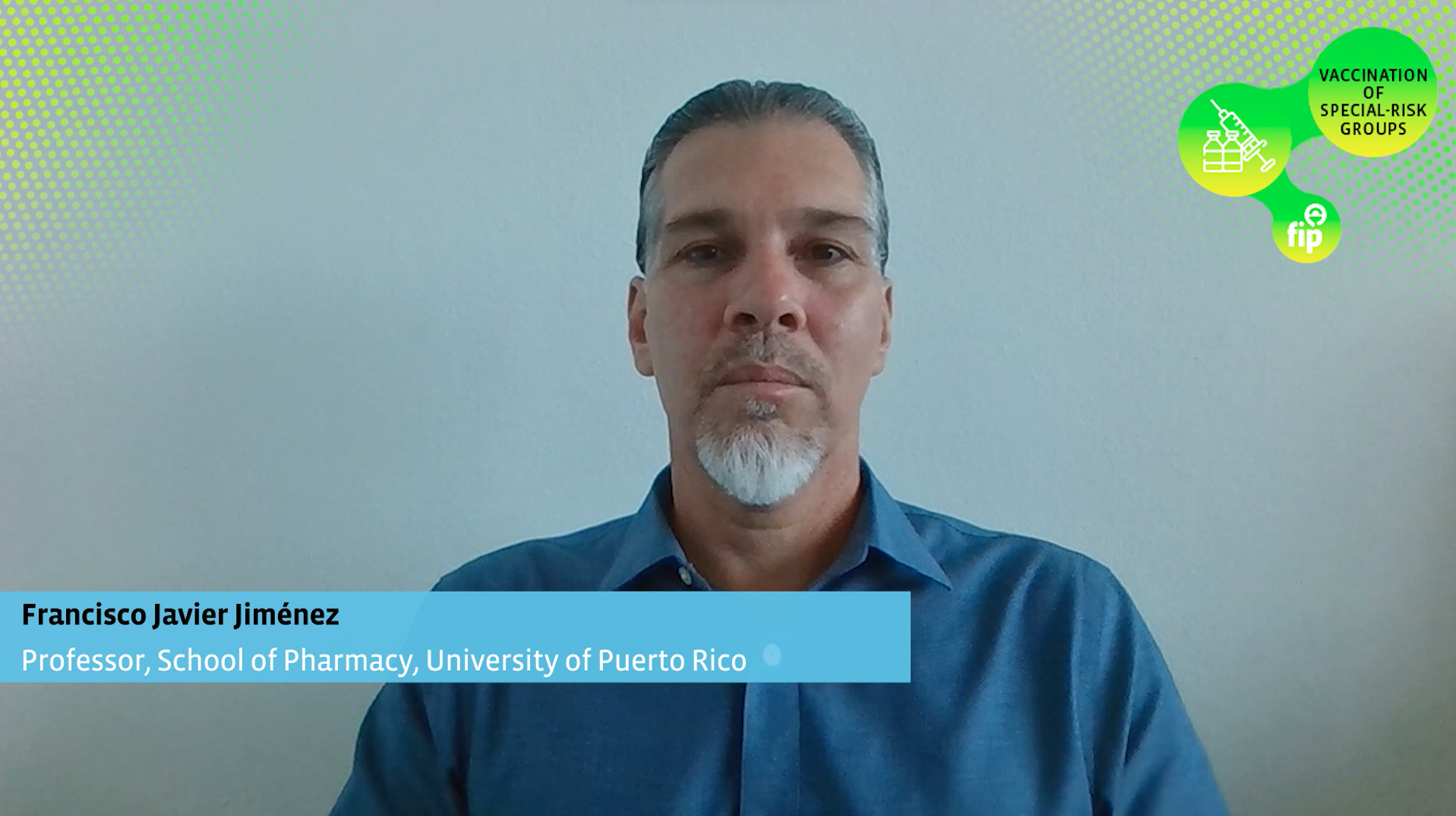
Cardiovascular diseases
This video highlights the main benefits of vaccination, and which vaccines are recommended for people living with cardiovascular diseases.
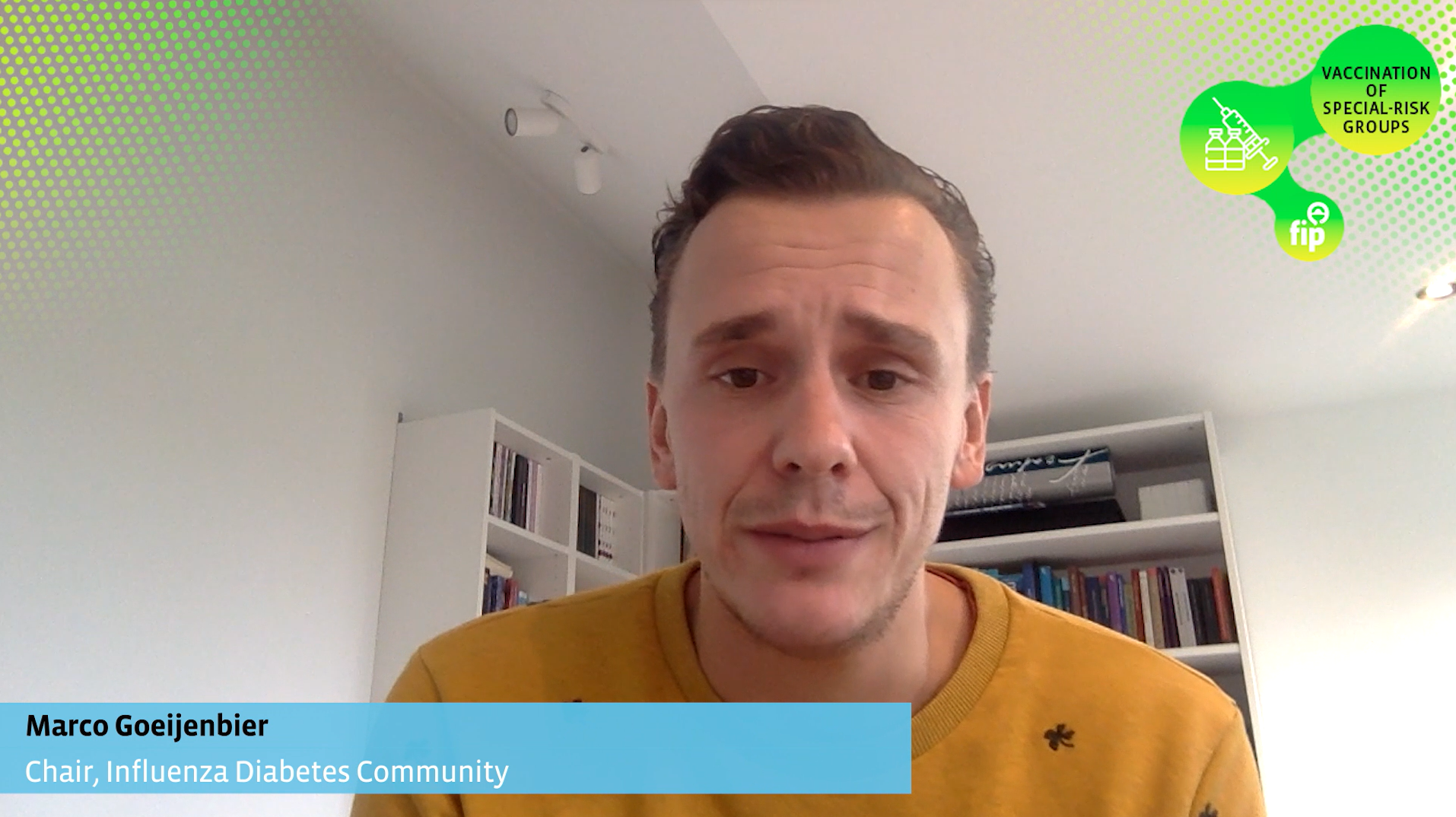
Diabetes
This video highlights the main benefits of vaccination, and which vaccines are recommended for people living with diabetes.

Patient's experience: Symptoms, progression and duration
This video highlights the most common clinical manifestations of sore throat and how it normally occurs. This includes the expected duration of symptoms and how these might evolve over time.

Triage (including POC testing) and decision-making, including referral
This video presents the most important questions that pharmacists should ask patients with sore throat, and highlights the importance of point-of-care testing as a triage tool and what can be done when those tests are not available.
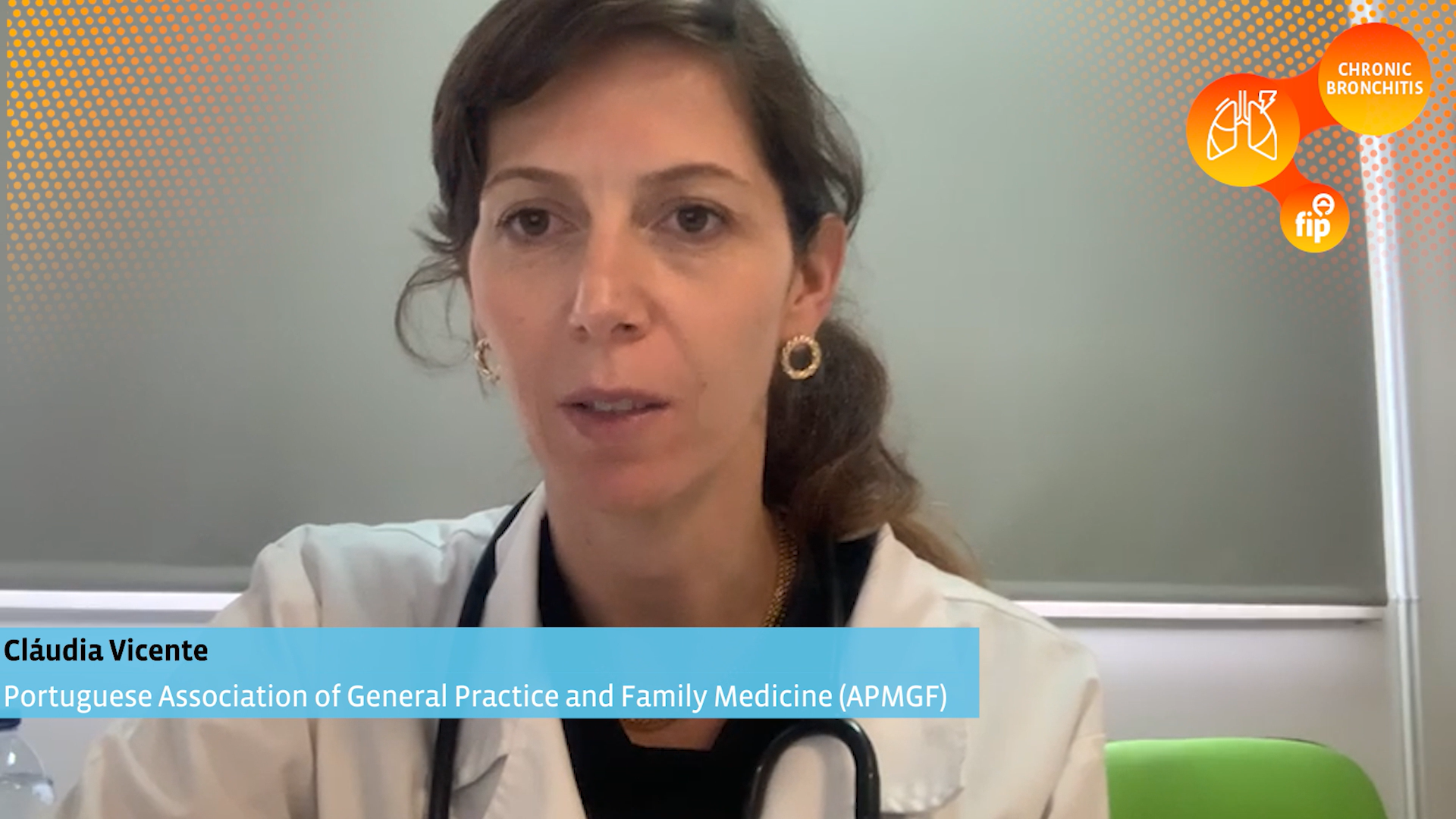
Definition, clinical manifestations and red flags for chronic bronchitis
In this video you may learn about the definition, clinical manifestations and red flag symptoms of chronic bronchitis.
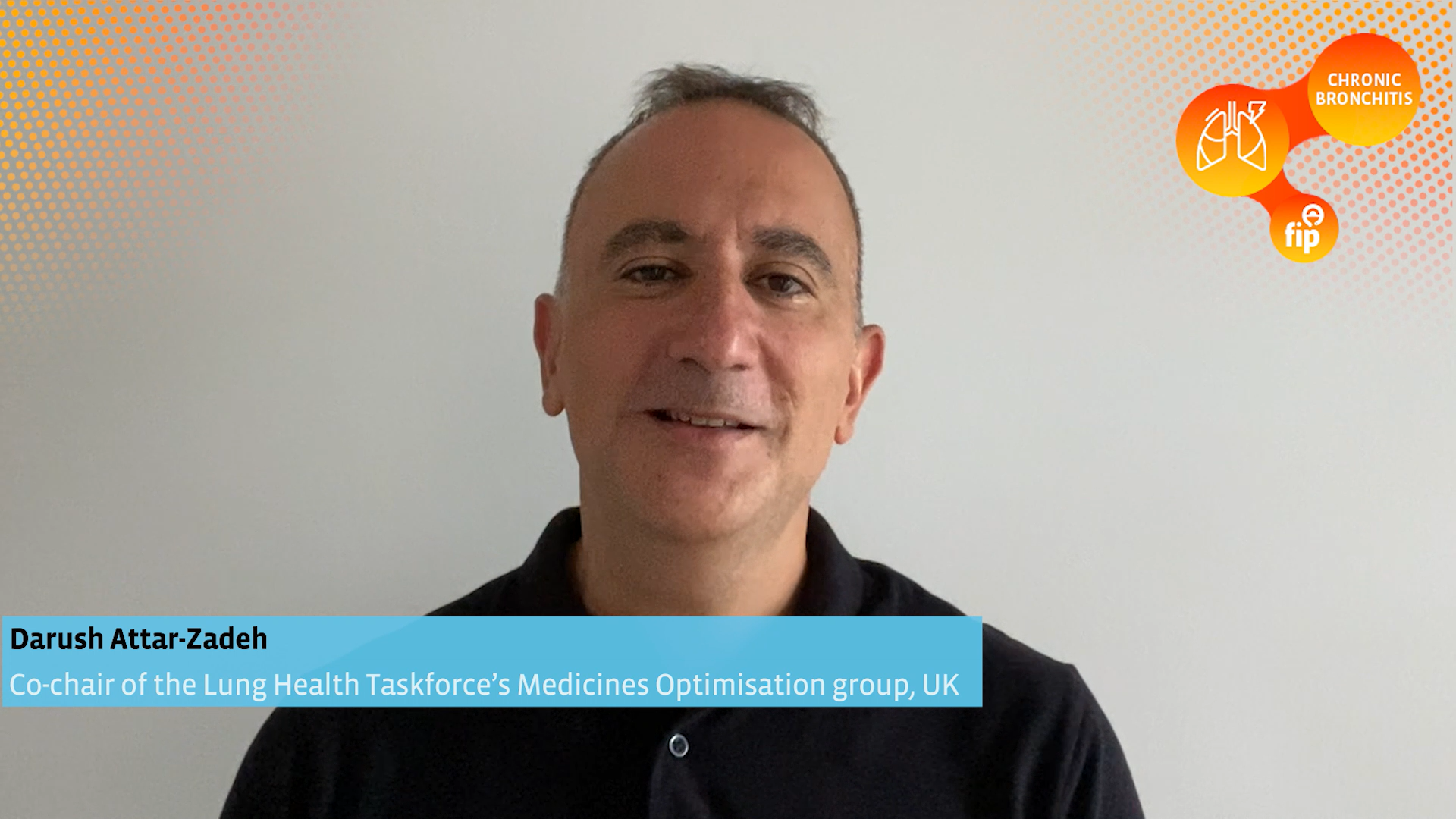
Non-pharmacological approaches and lifestyle changes to support patients’ self-care
In this video you may learn about the non-pharmacological approaches and lifestyle changes to support patients’ self-care
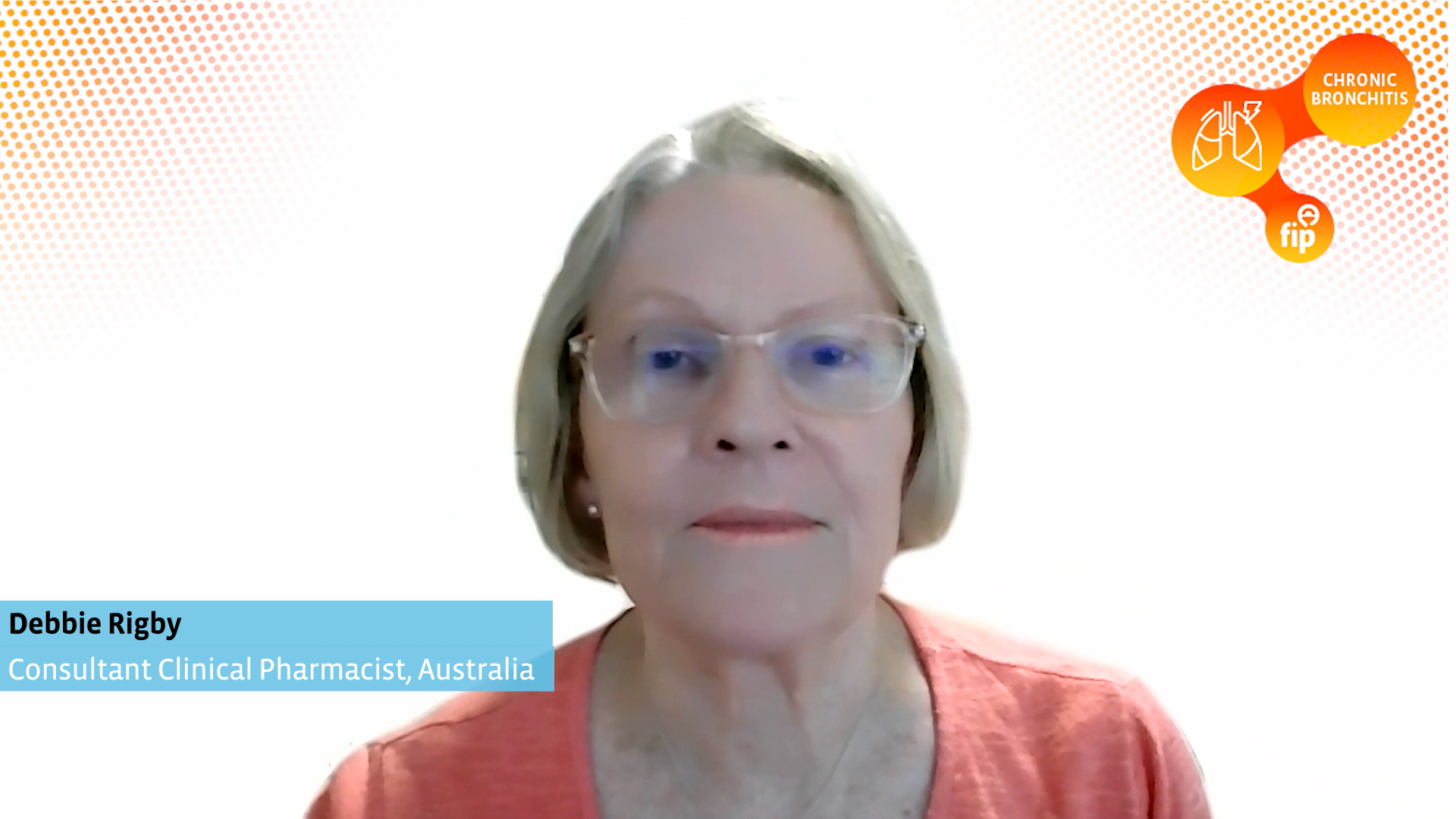
Pharmacological approaches and treatments for chronic bronchitis
In this video you may learn about pharmacological approaches and treatments for chronic bronchitis
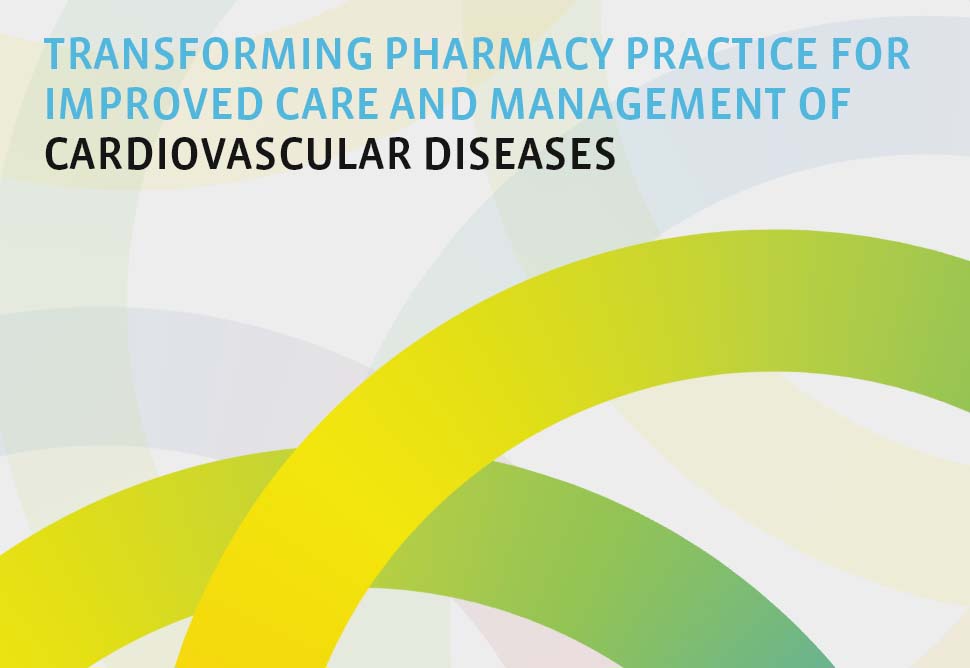
Transforming pharmacy practice for improved care and management of cardiovascular diseases
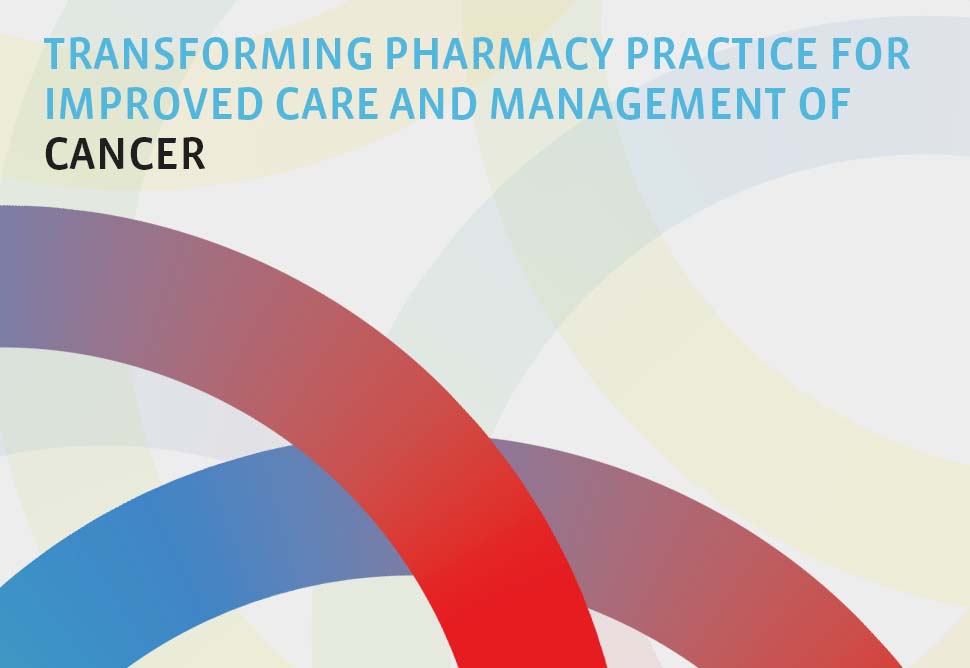
Transforming pharmacy practice for improved care and management of cancer
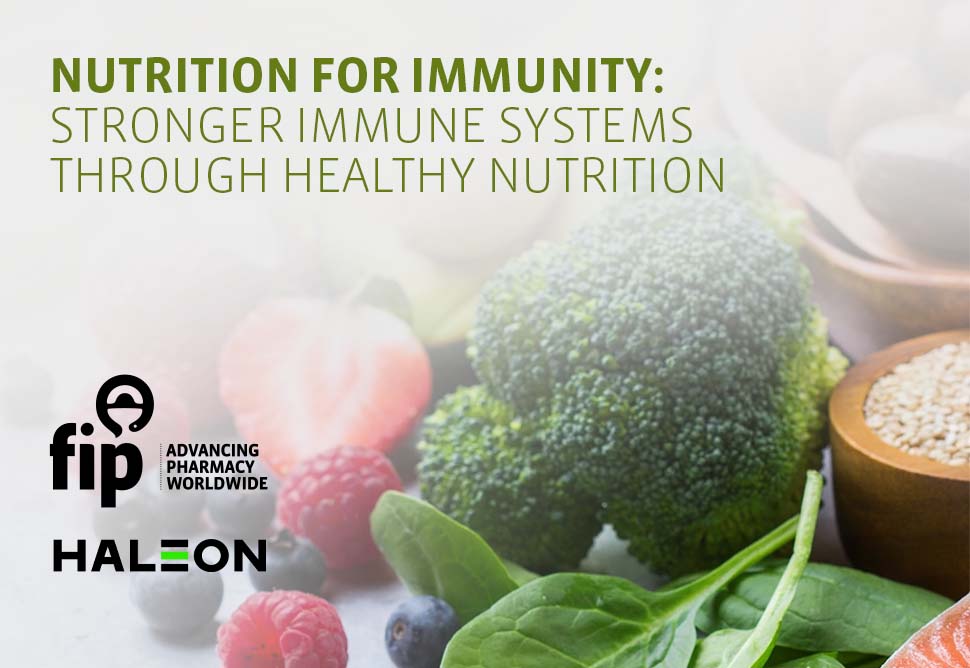
Nutrition for immunity: Stronger immune systems through healthy nutrition
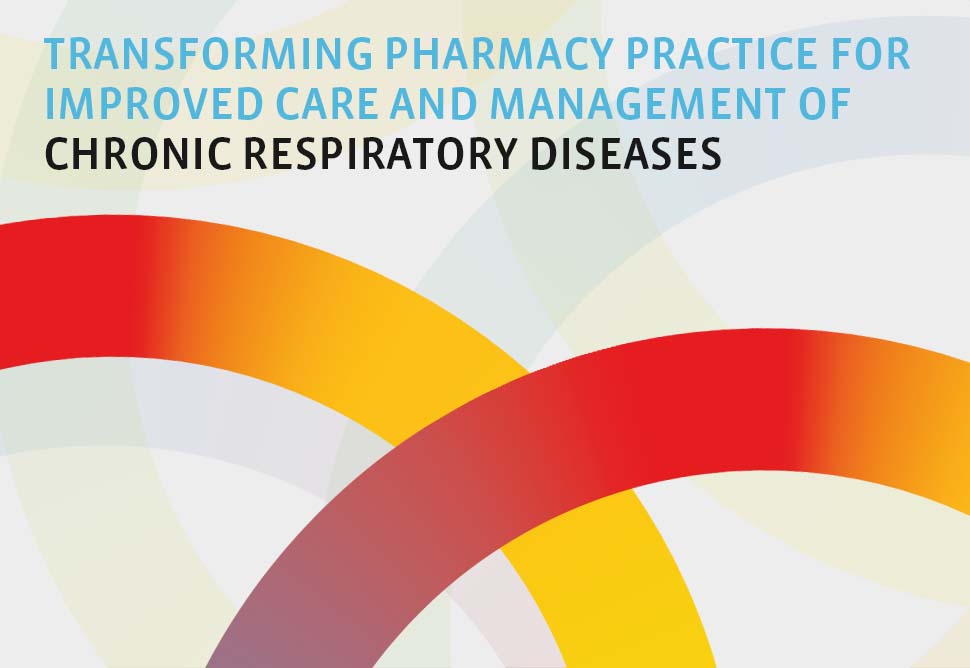
Transforming pharmacy practice for improved care and management of chronic respiratory diseases
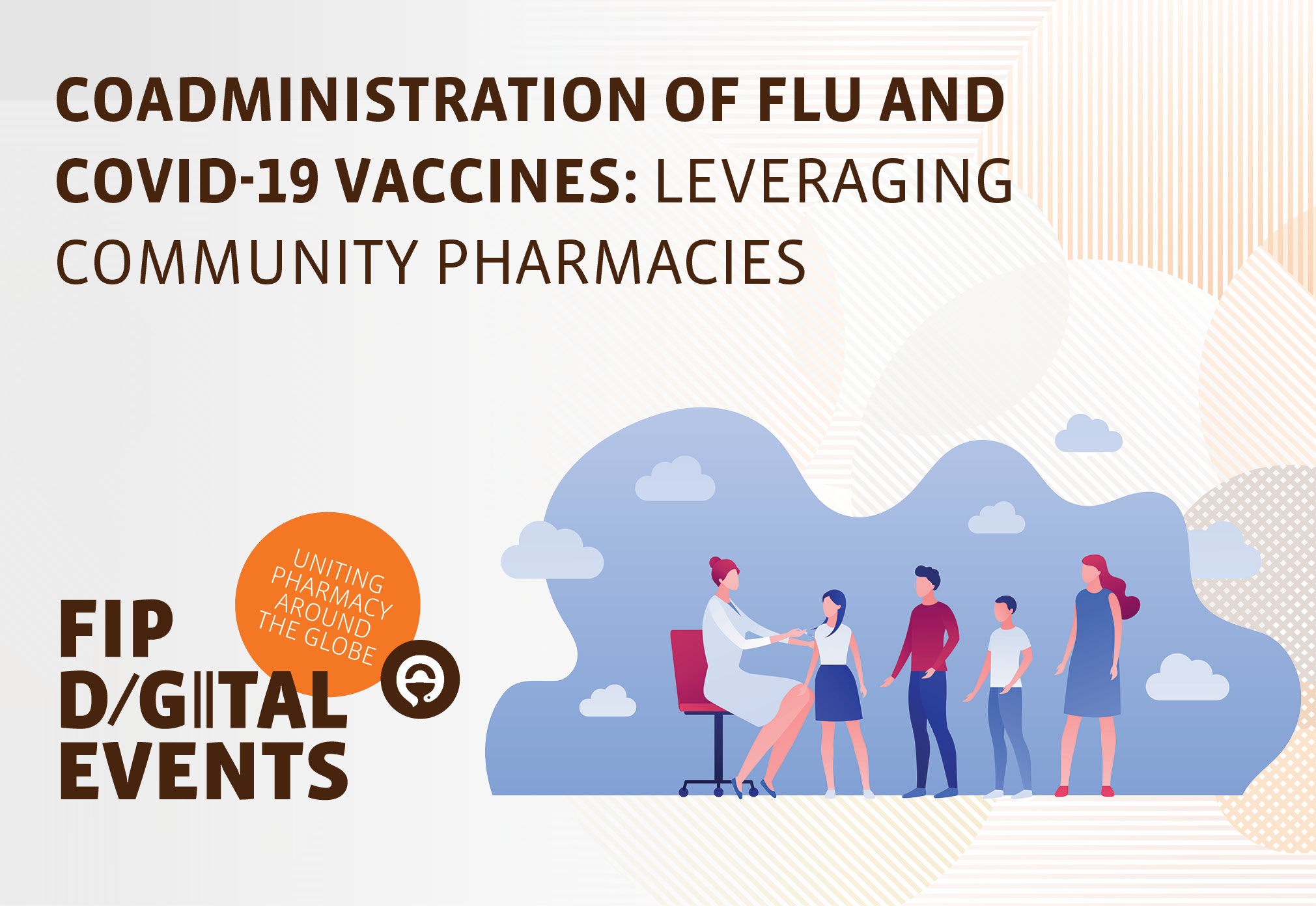
Co-administration of flu and COVID vaccines: Improving convenience and vaccination coverage
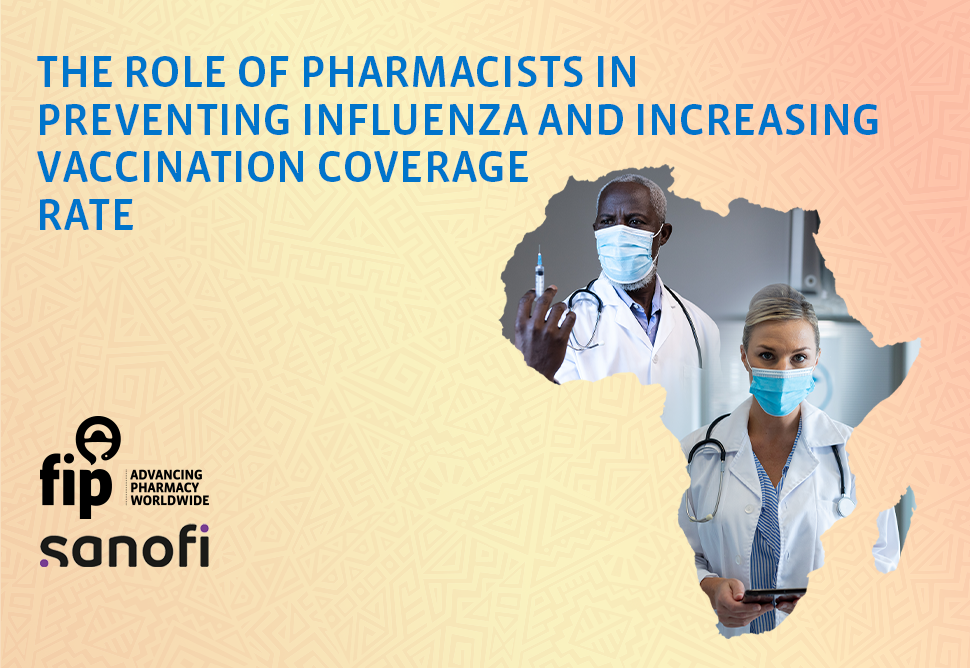
The role of pharmacists in preventing influenza and increasing vaccination coverage rate
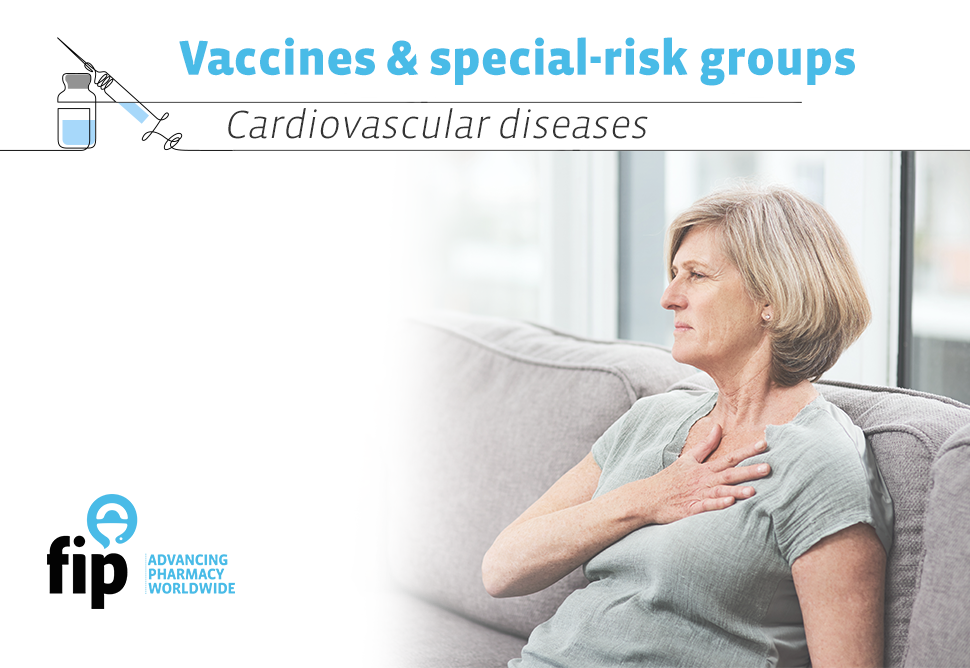
Vaccines & special-risk groups: Cardiovascular diseases (French translation)
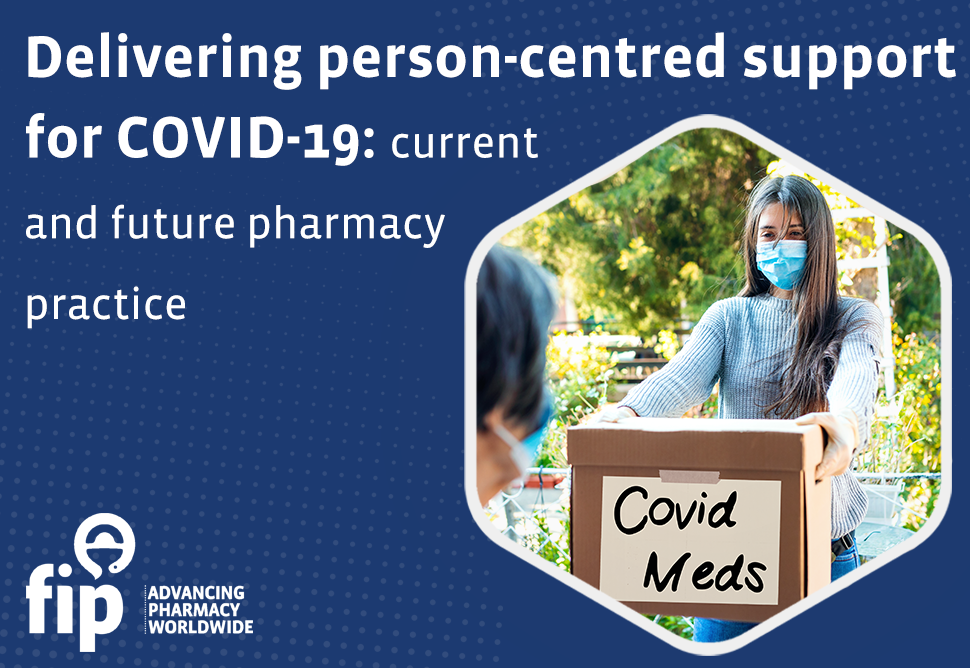
Delivering person-centred support for COVID-19: current and future pharmacy practice
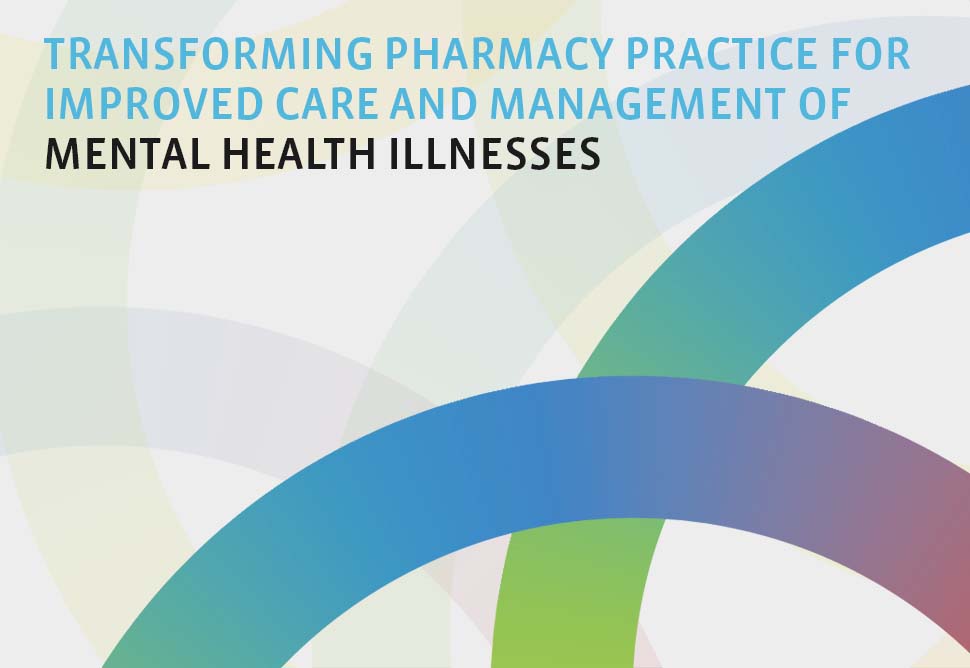
Transforming pharmacy practice for improved care and management of mental health illnesses
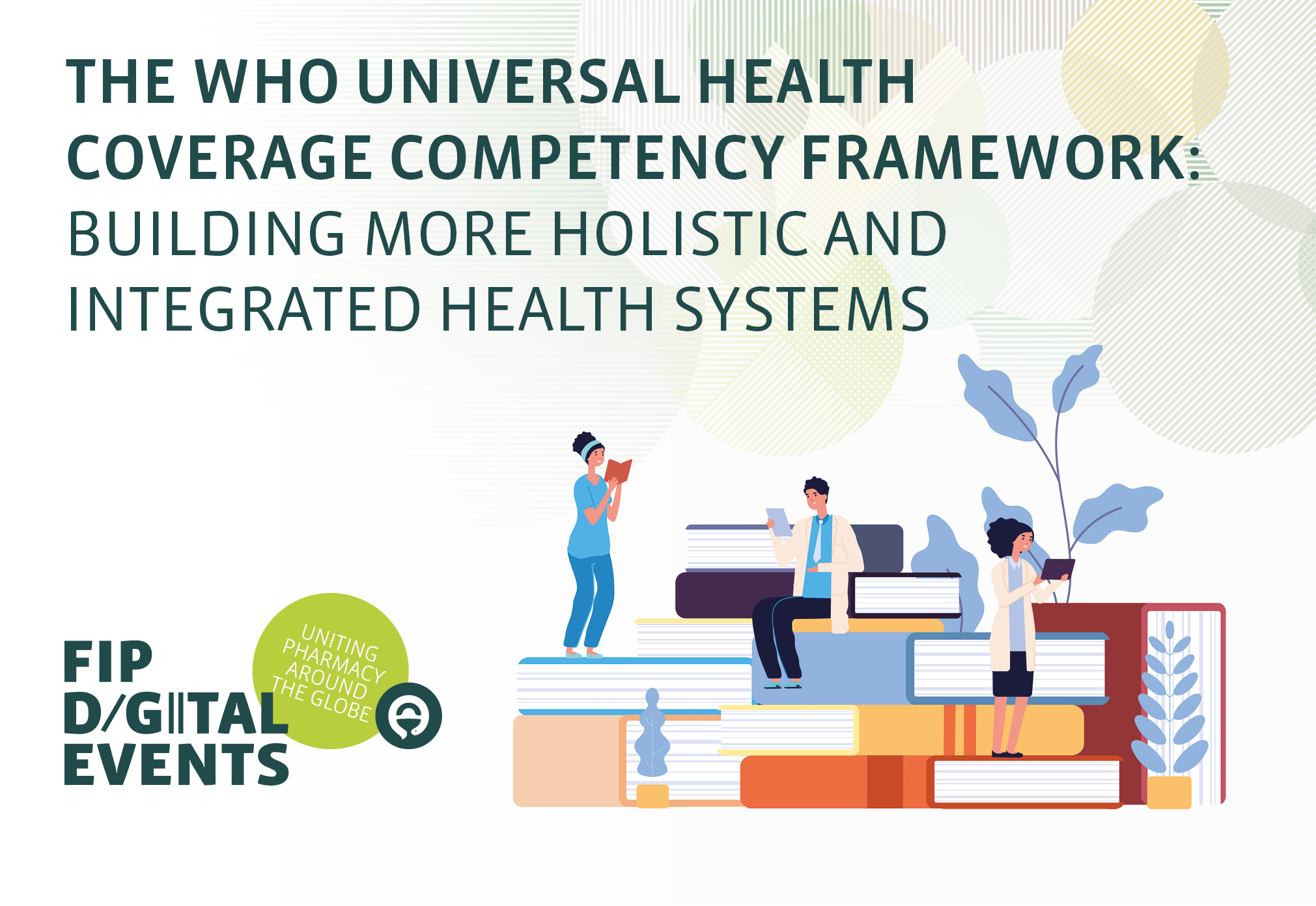
The WHO Universal Health Coverage Competency Framework: Building more holistic and integrated health systems.
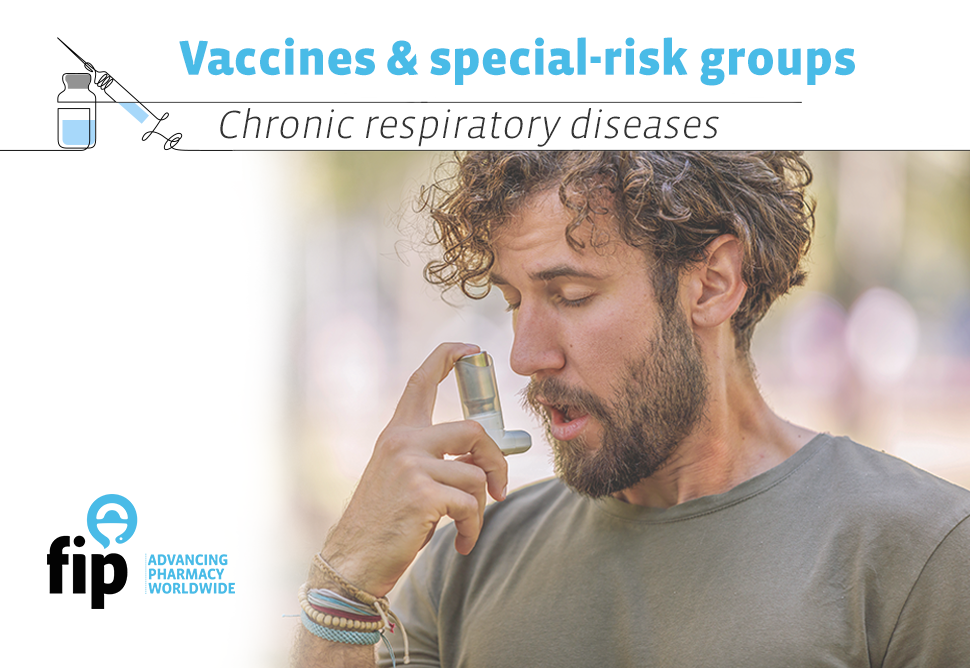
Vaccines & special-risk groups: Chronic Respiratory Conditions (French translation)
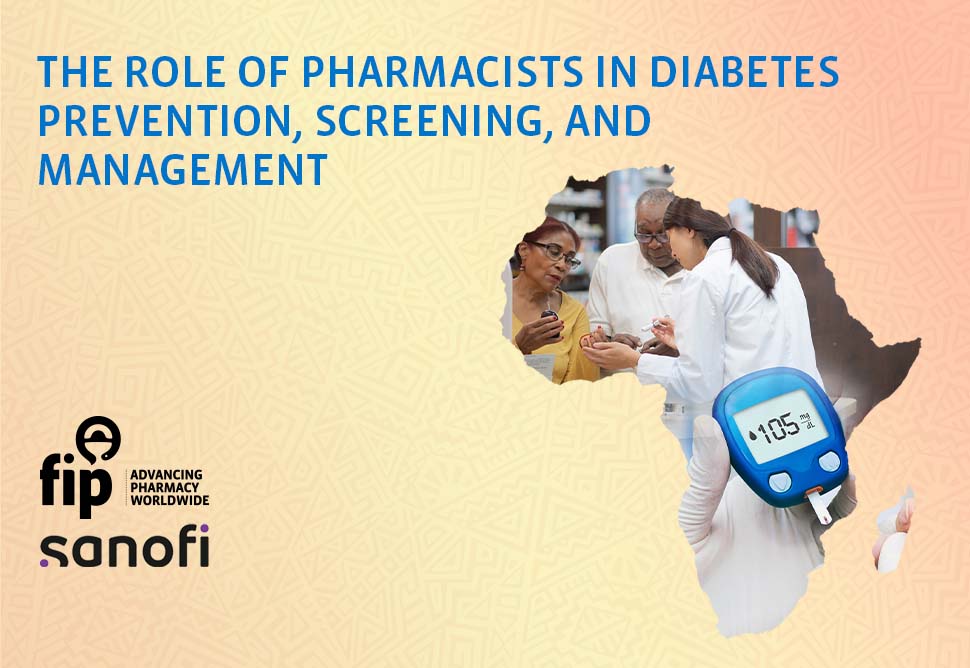
The role of pharmacists in diabetes prevention, screening, and management (French translation)
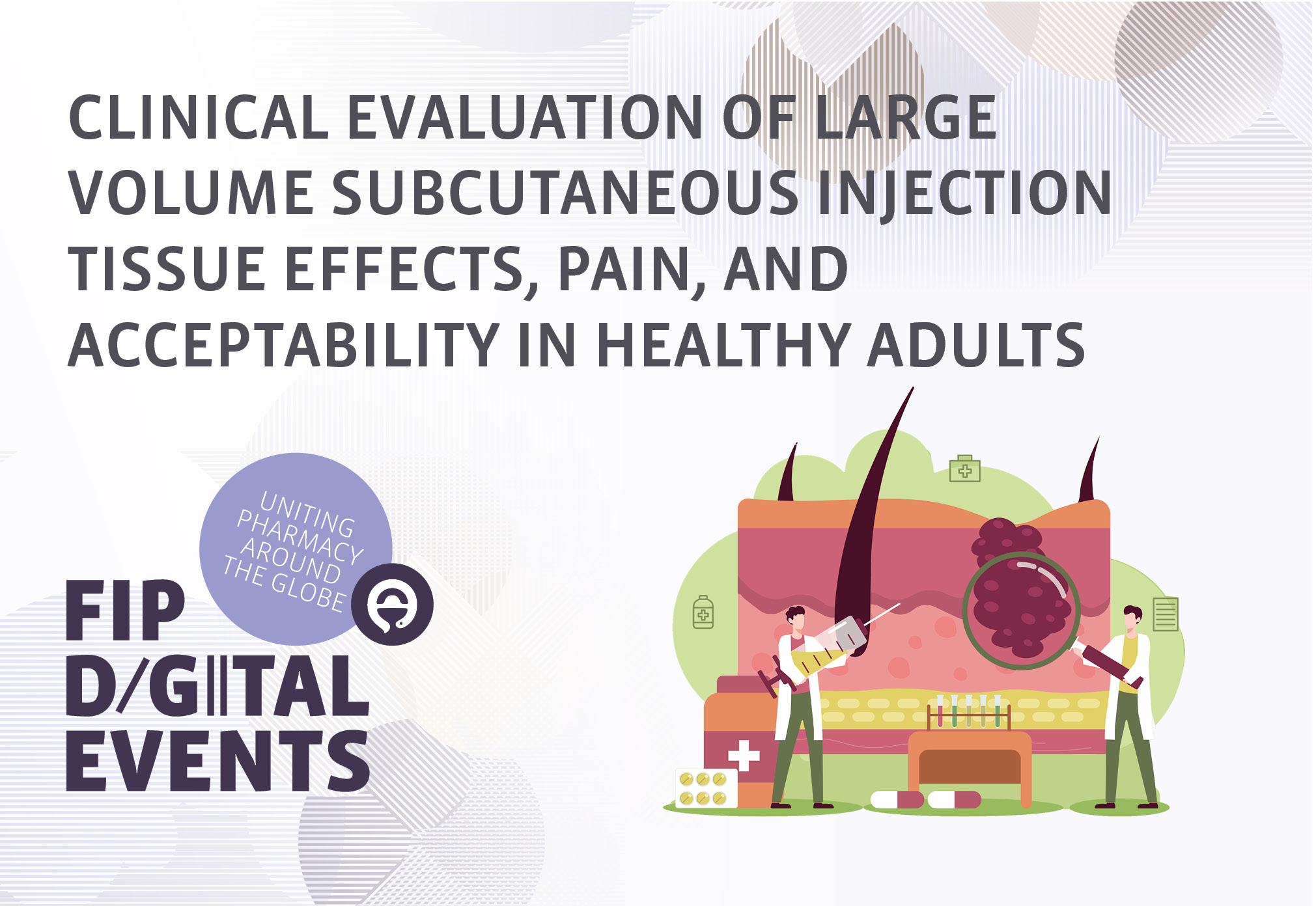
Clinical evaluation of large volume subcutaneous injection tissue effects, pain, and acceptability in healthy adults
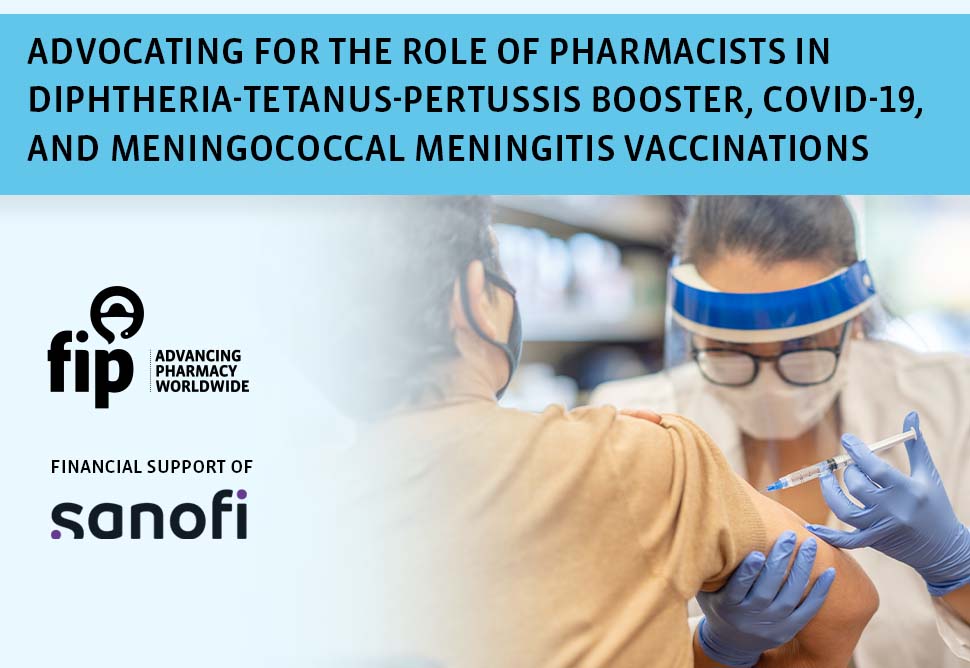
Advocating for the role of pharmacists in diphtheria-tetanus-pertussis booster, COVID-19, and meningococcal meningitis vaccinations
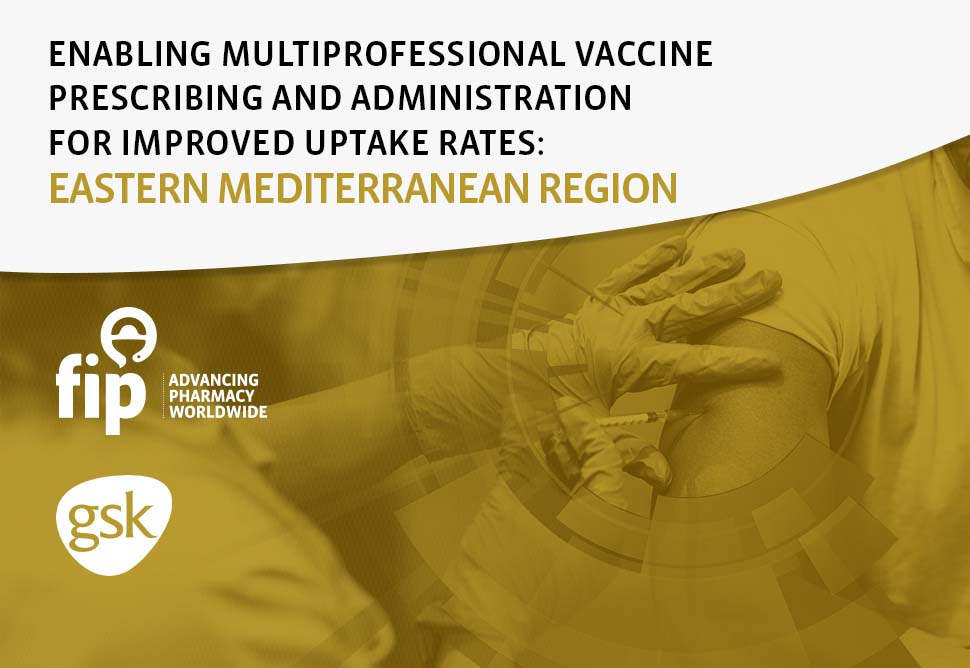
Enabling multiprofessional vaccine prescribing and administration for improved uptake rates: Eastern Mediterranean Region
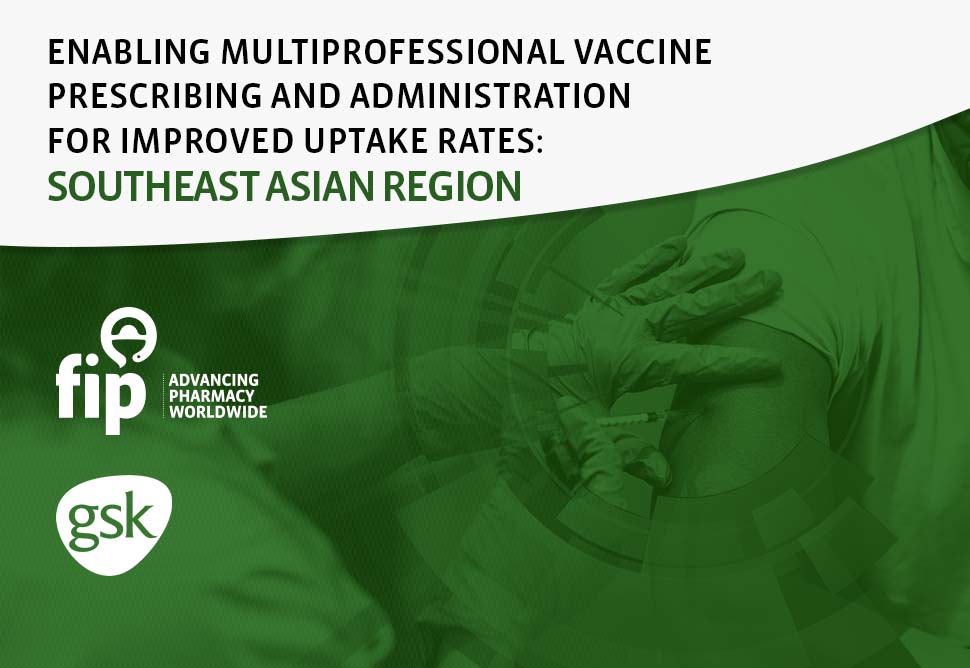
Enabling multiprofessional vaccine prescribing and administration for improved uptake rates: Southeast Asian Region
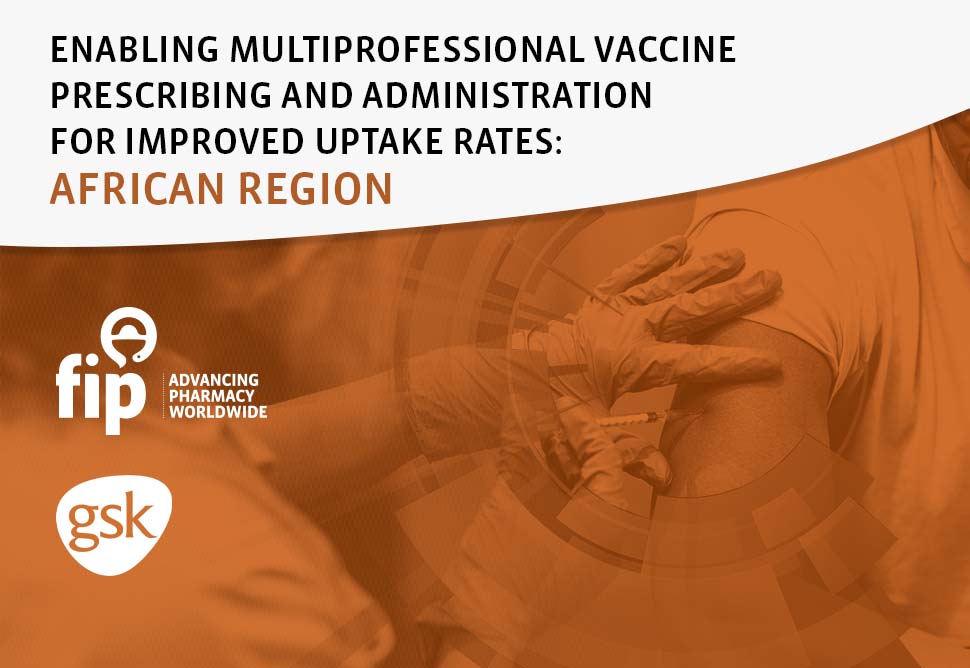
Enabling multiprofessional vaccine prescribing and administration for improved uptake rates: African Region
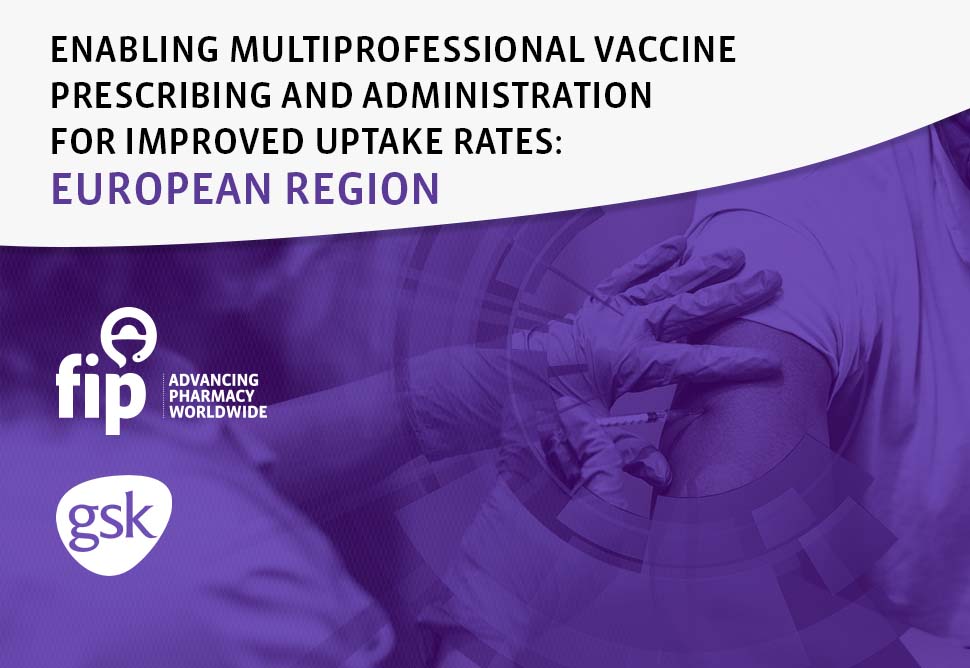
Enabling multiprofessional vaccine prescribing and administration for improved uptake rates: European Region
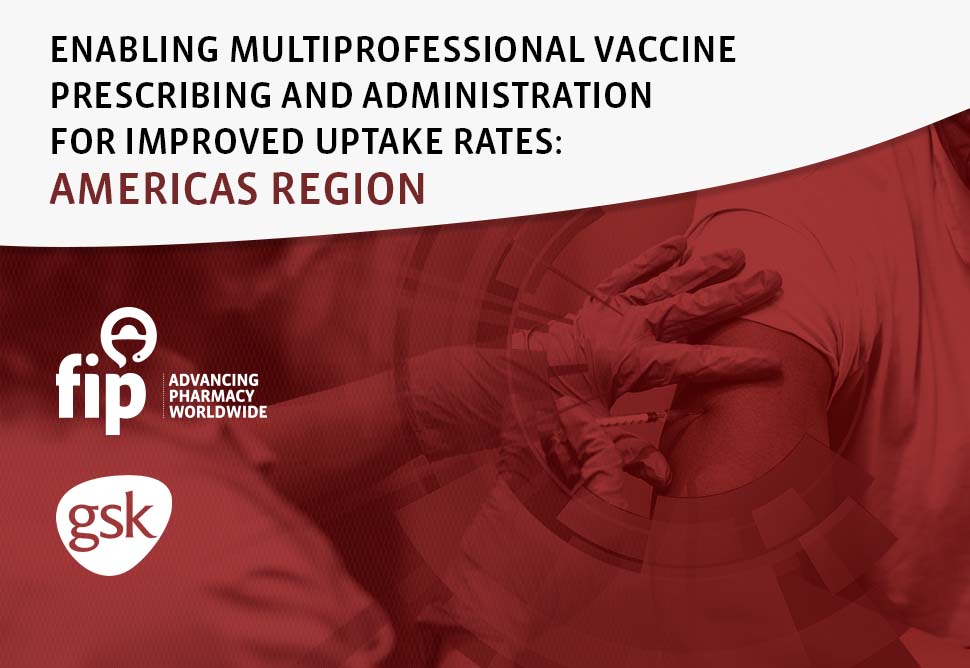
Enabling multiprofessional vaccine prescribing and administration for improved uptake rates: Americas Region

Permitir la prescripción y administración multiprofesional de vacunas para mejorar las tasas de vacunación: Región de las Américas
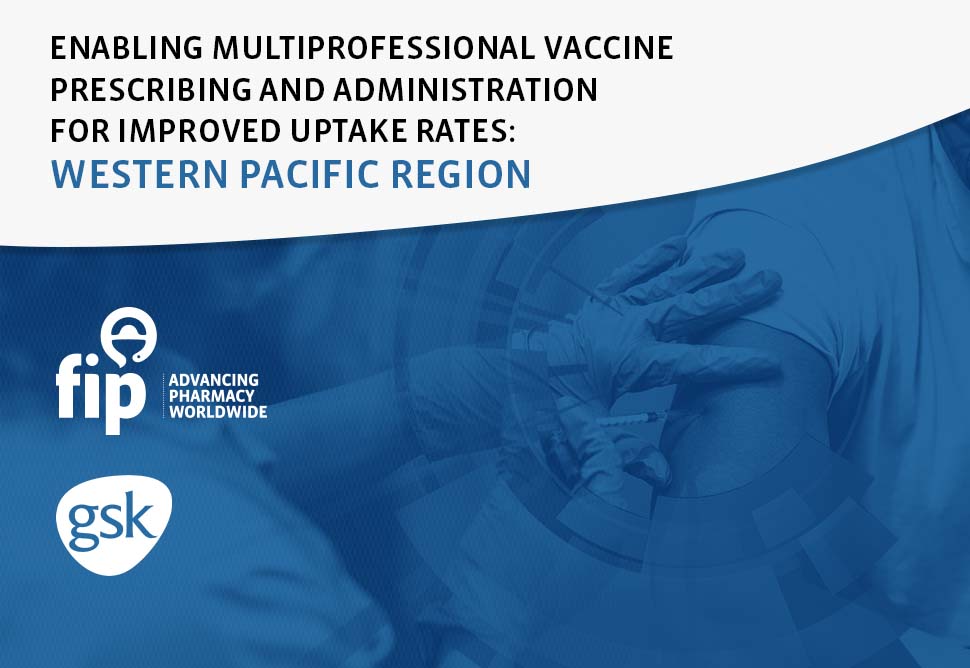
Enabling multiprofessional vaccine prescribing and administration for improved uptake rates: Western Pacific Region
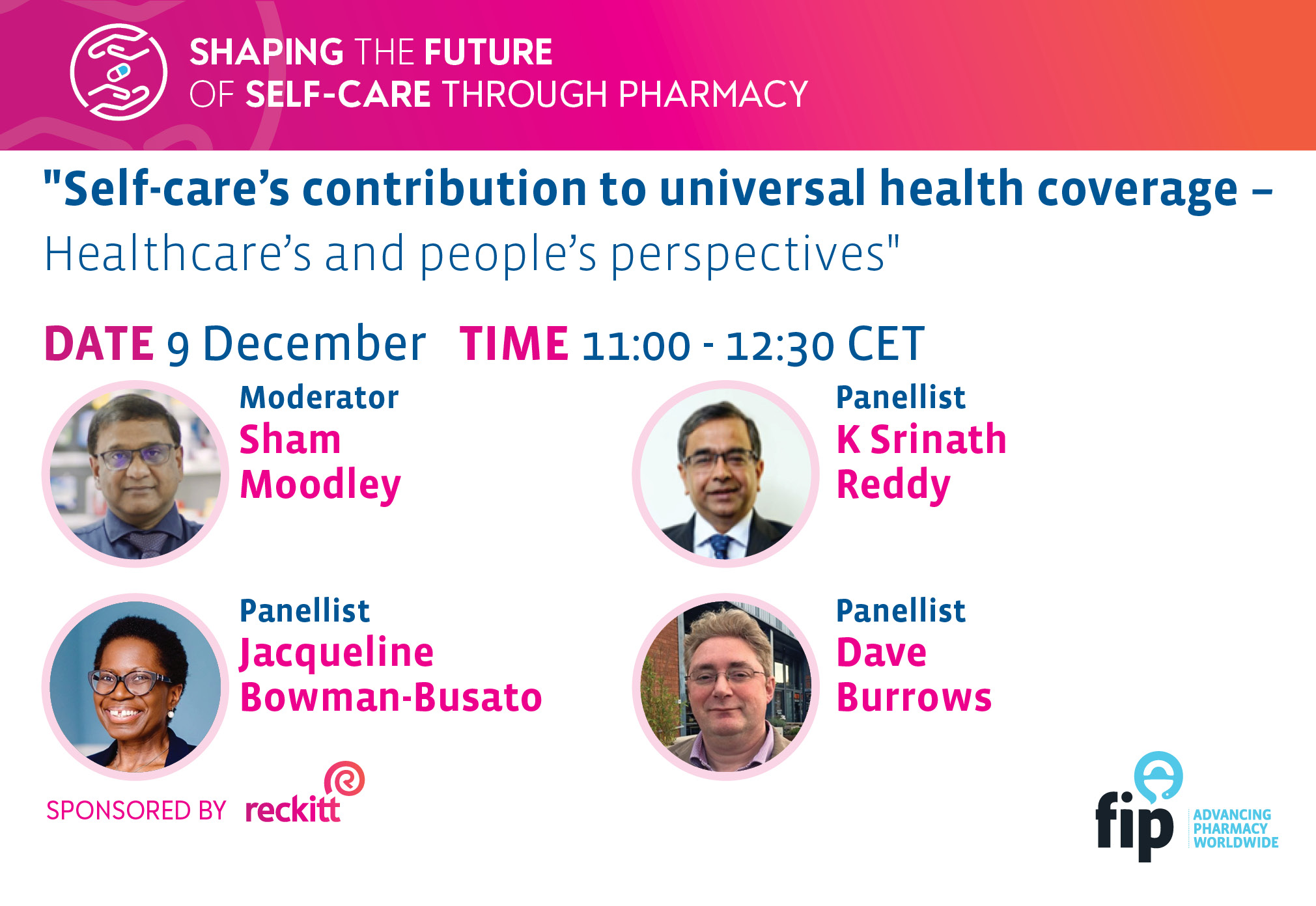
Self-care’s contribution to universal health coverage – Healthcare’s and people’s perspectives
Transforming pharmacy practice for improved care and management of diabetes
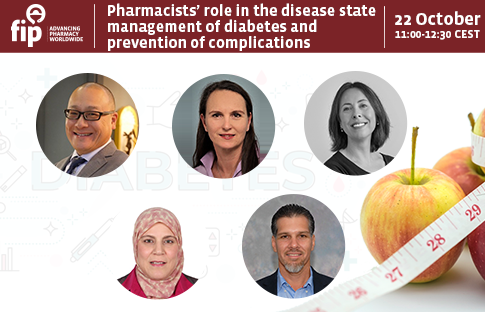
Pharmacists’ role in the disease state management of diabetes and prevention of complications
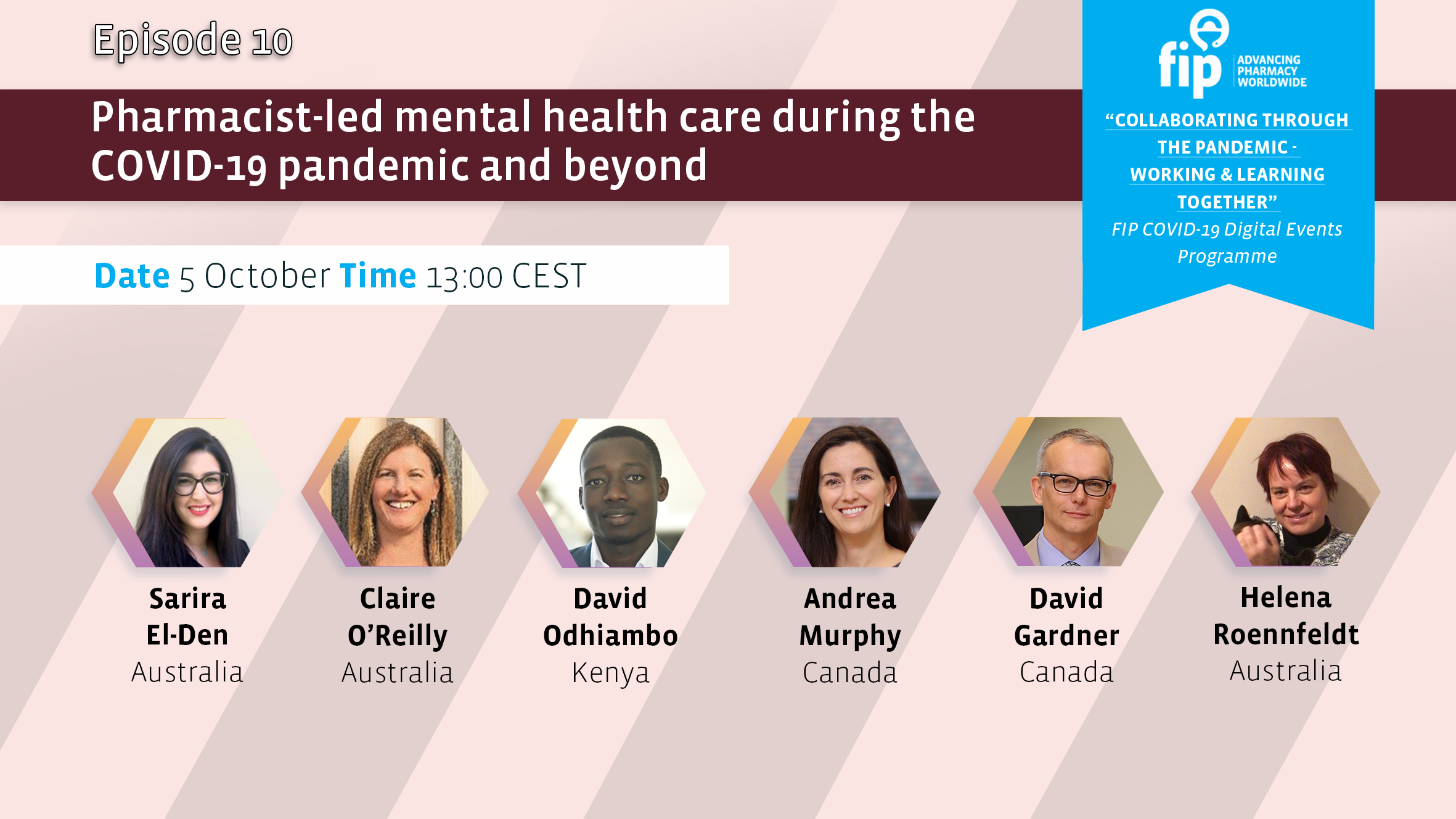
Pharmacist-led mental health care during the COVID-19 pandemic and beyond
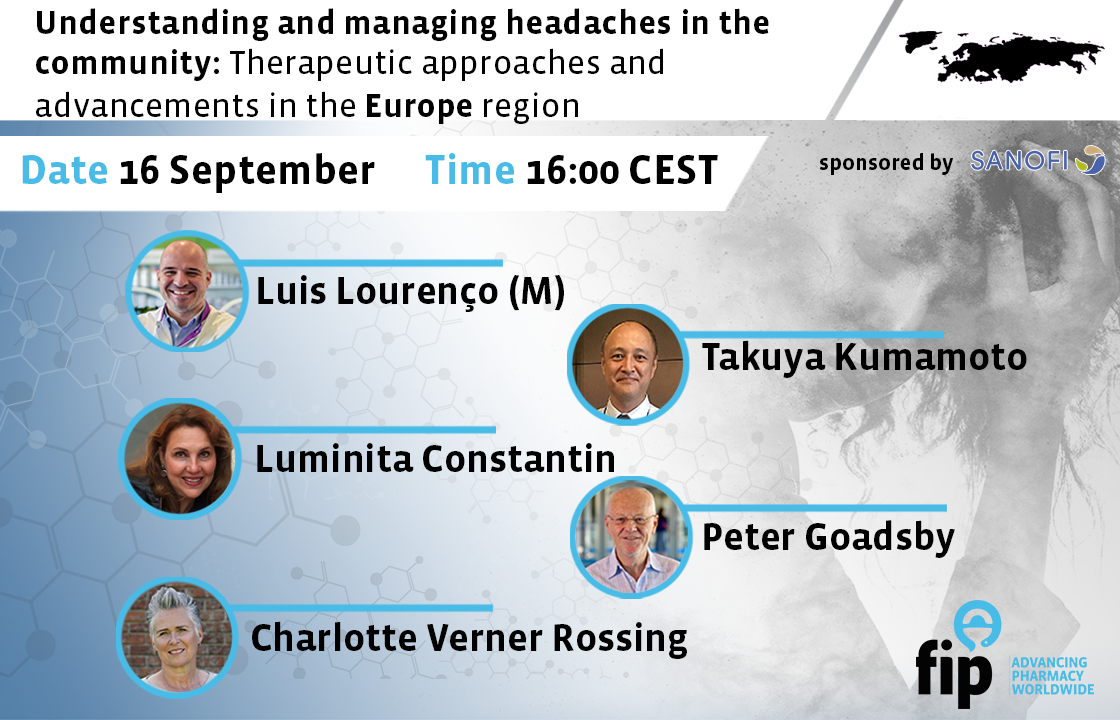
Understanding and managing headaches in the community: Therapeutic approaches and advancements in the Europe region
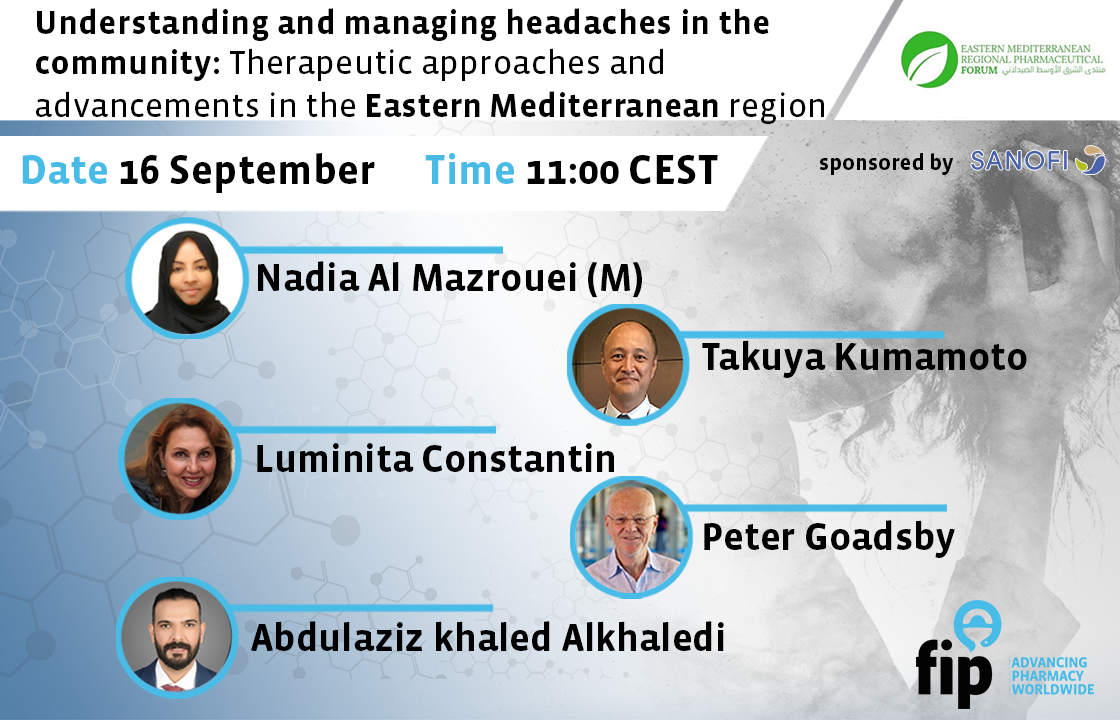
Understanding and managing headaches in the community: Therapeutic approaches and advancements in the Eastern Mediterranean Region
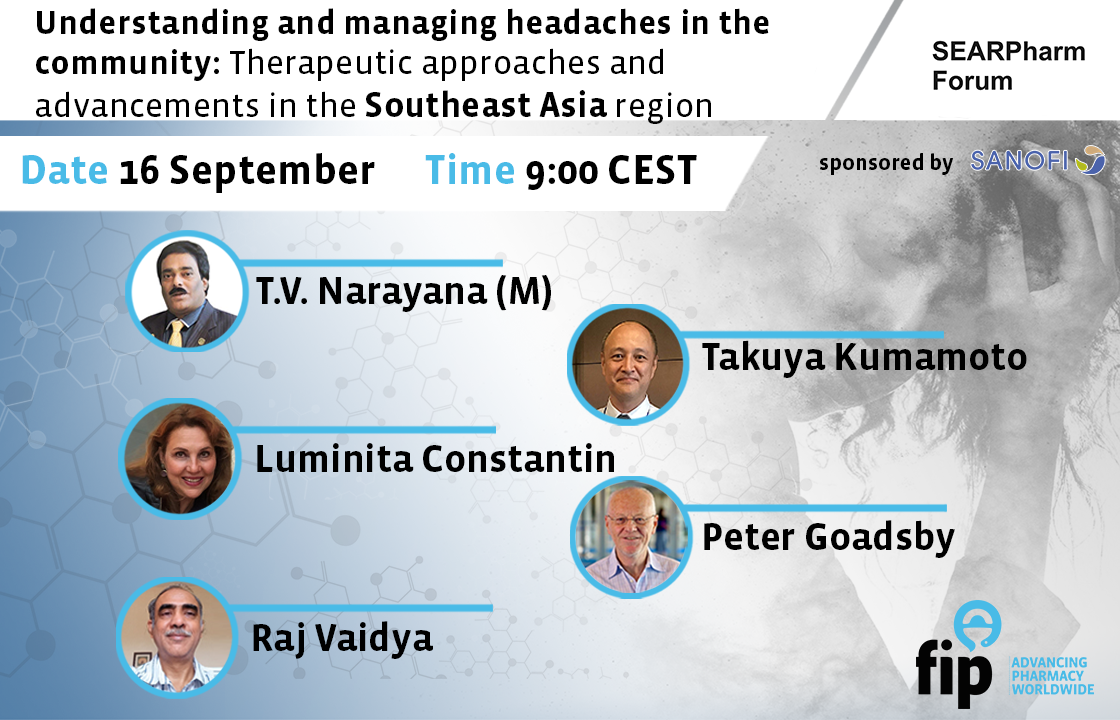
Understanding and managing headaches in the community: Therapeutic approaches and advancements in the Southeast Asia region
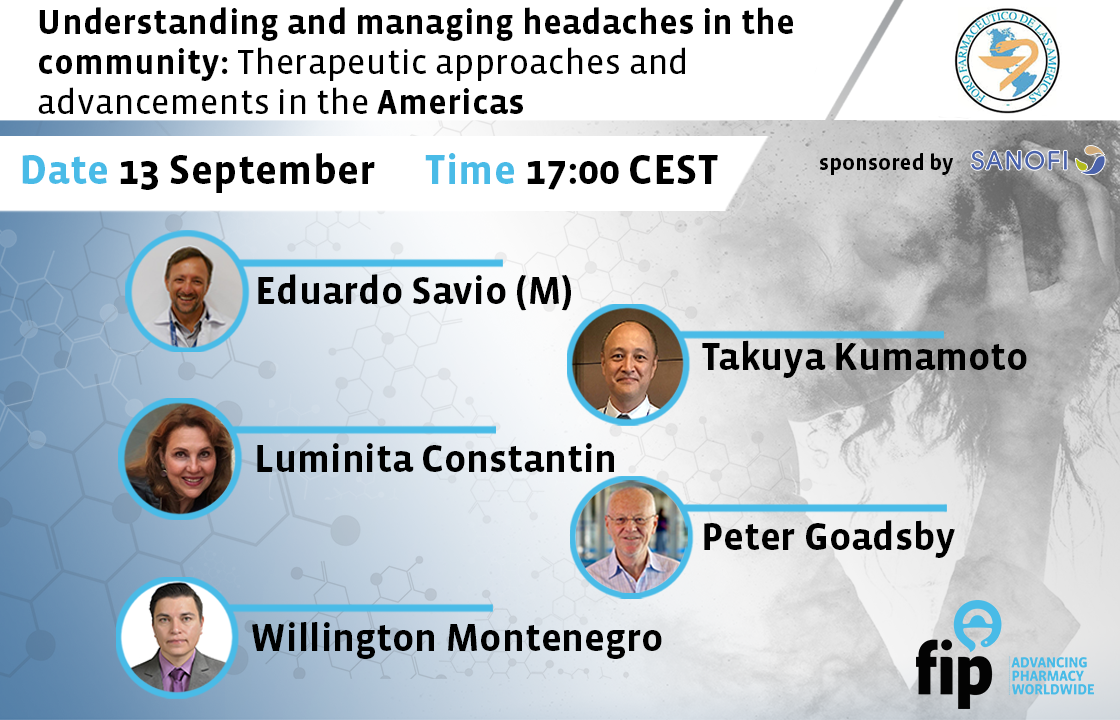
Understanding and managing headaches in the community: Therapeutic approaches and advancements in the Americas
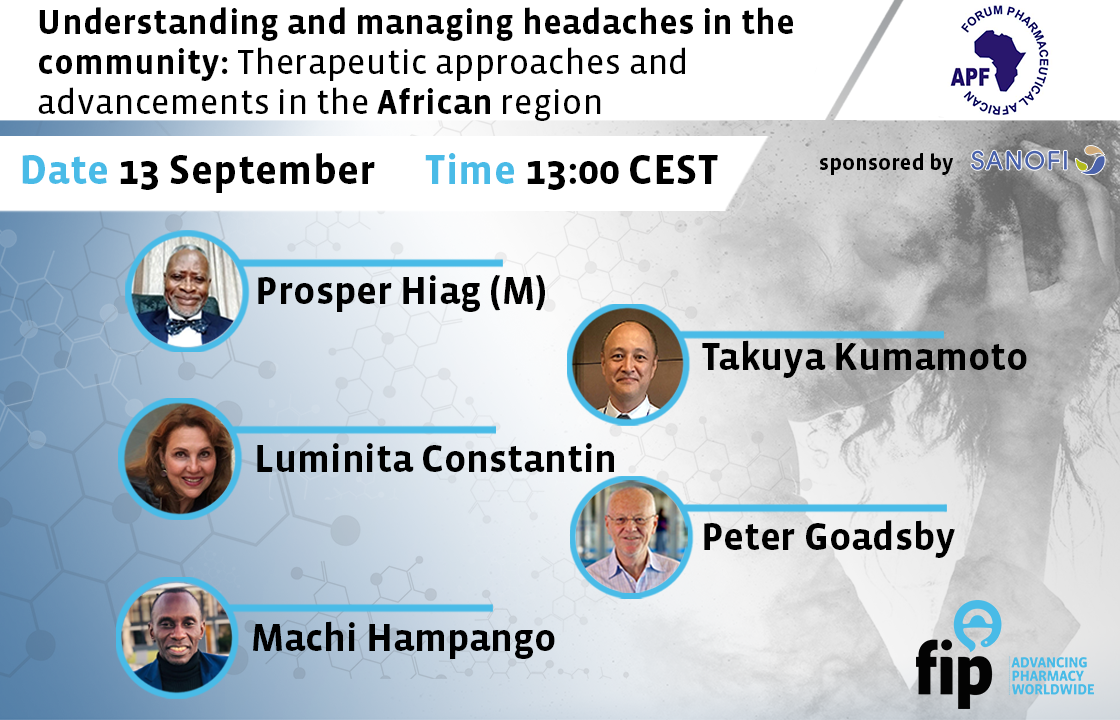
Understanding and managing headaches in the community: Therapeutic approaches and advancements in the African region
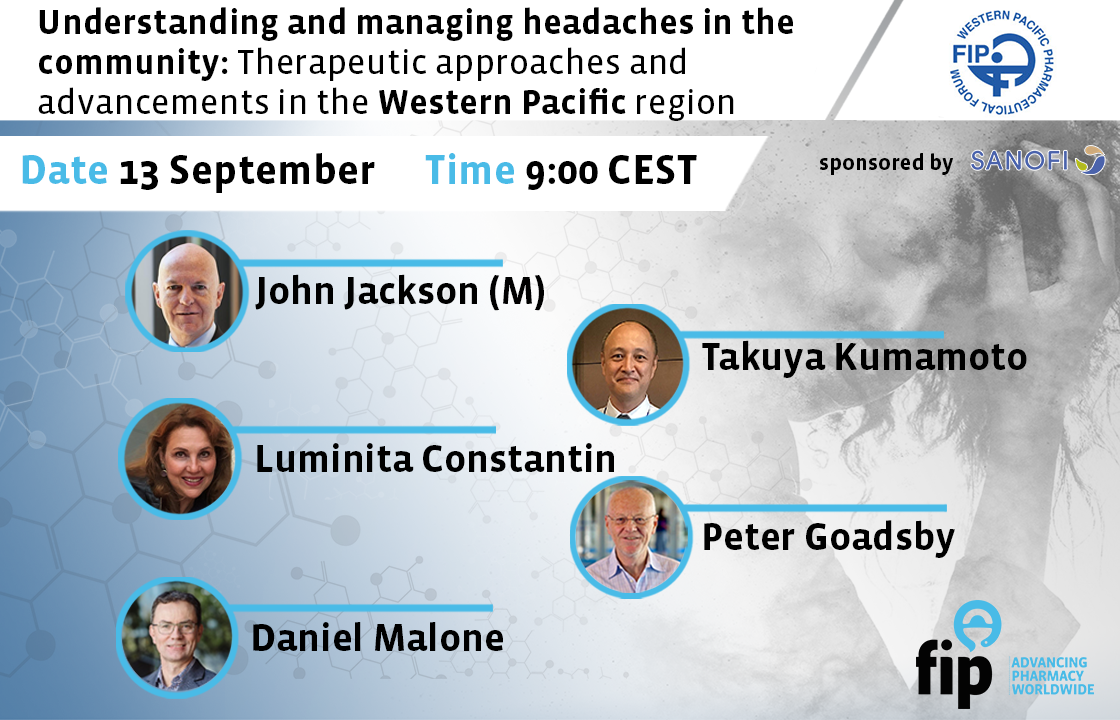
Understanding and managing headaches in the community: Therapeutic approaches and advancements in the Western Pacific region
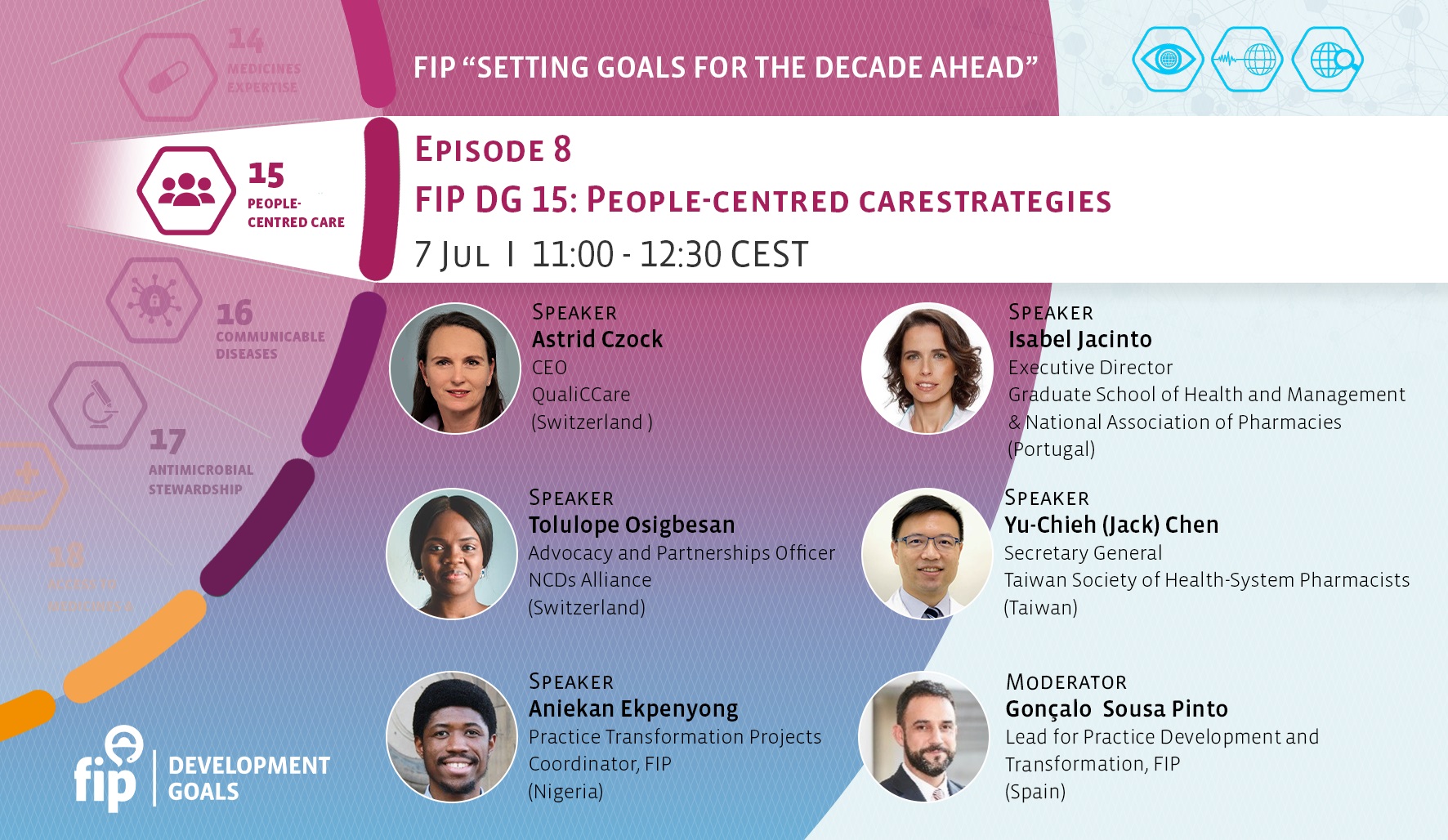
FIP “Setting goals for the decade ahead” | Episode 8 | FIP DG 15: People-centred care

Let's get Clinical - What do you know about PN symptoms, causes and management?
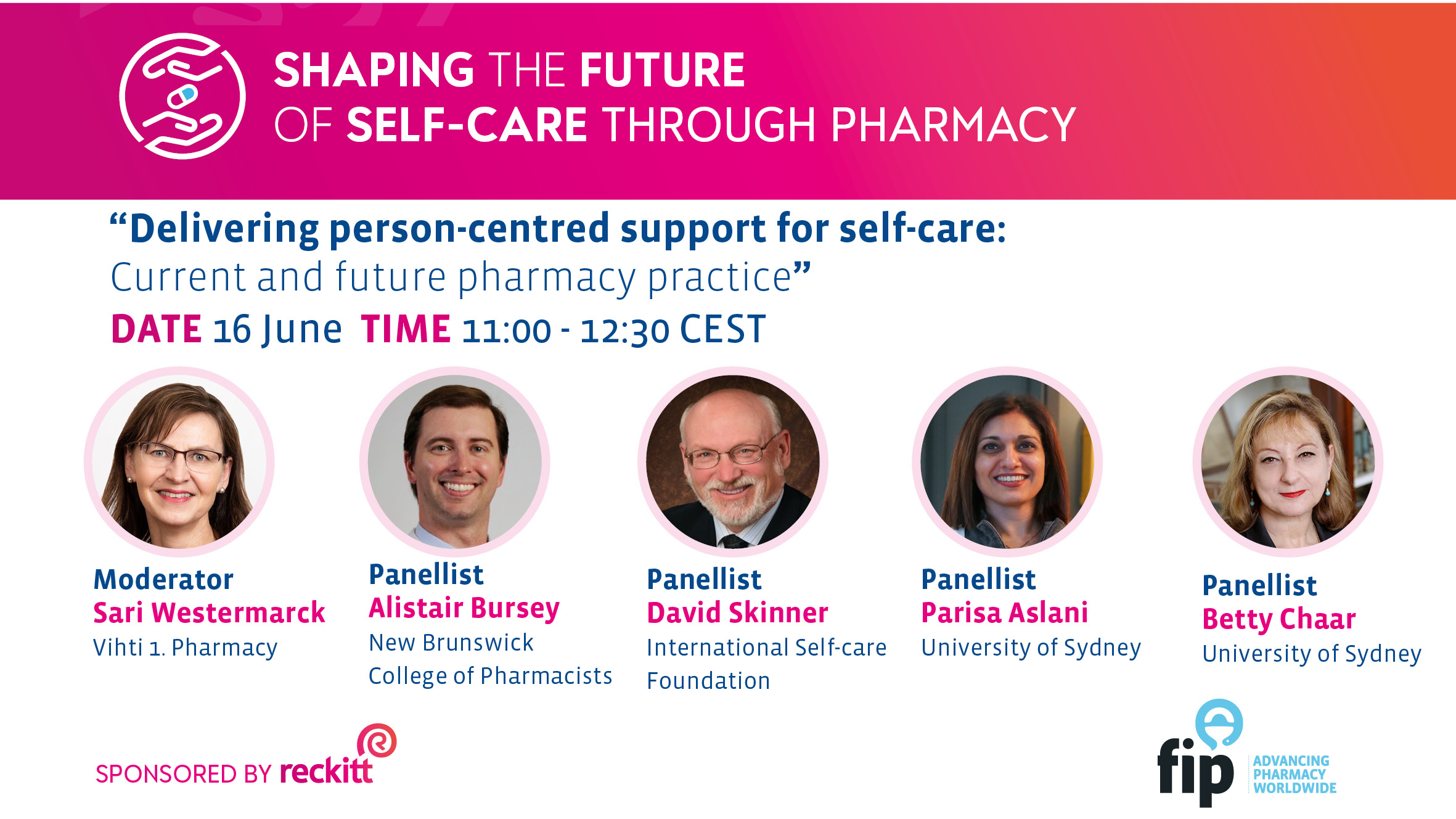
Delivering person-centred support for self-care: current and future pharmacy practice
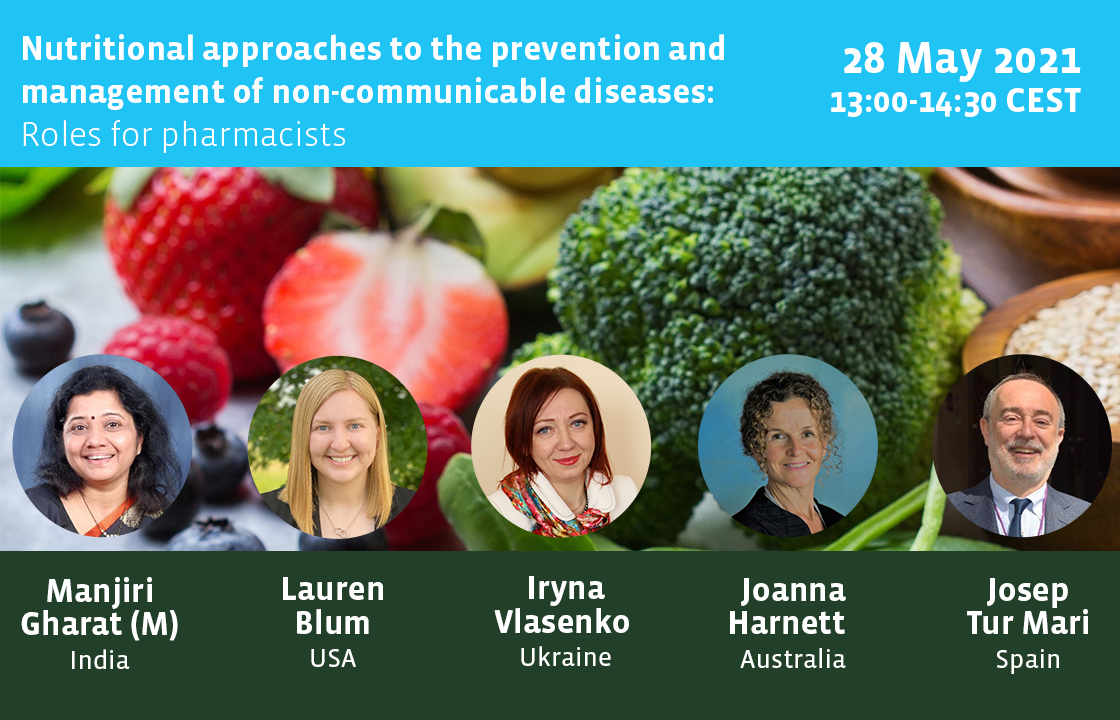
Nutritional approaches to the prevention and management of non-communicable diseases: Roles for pharmacists

Pharmacists' involvement in COVID-19 vaccination: Addressing regulatory needs
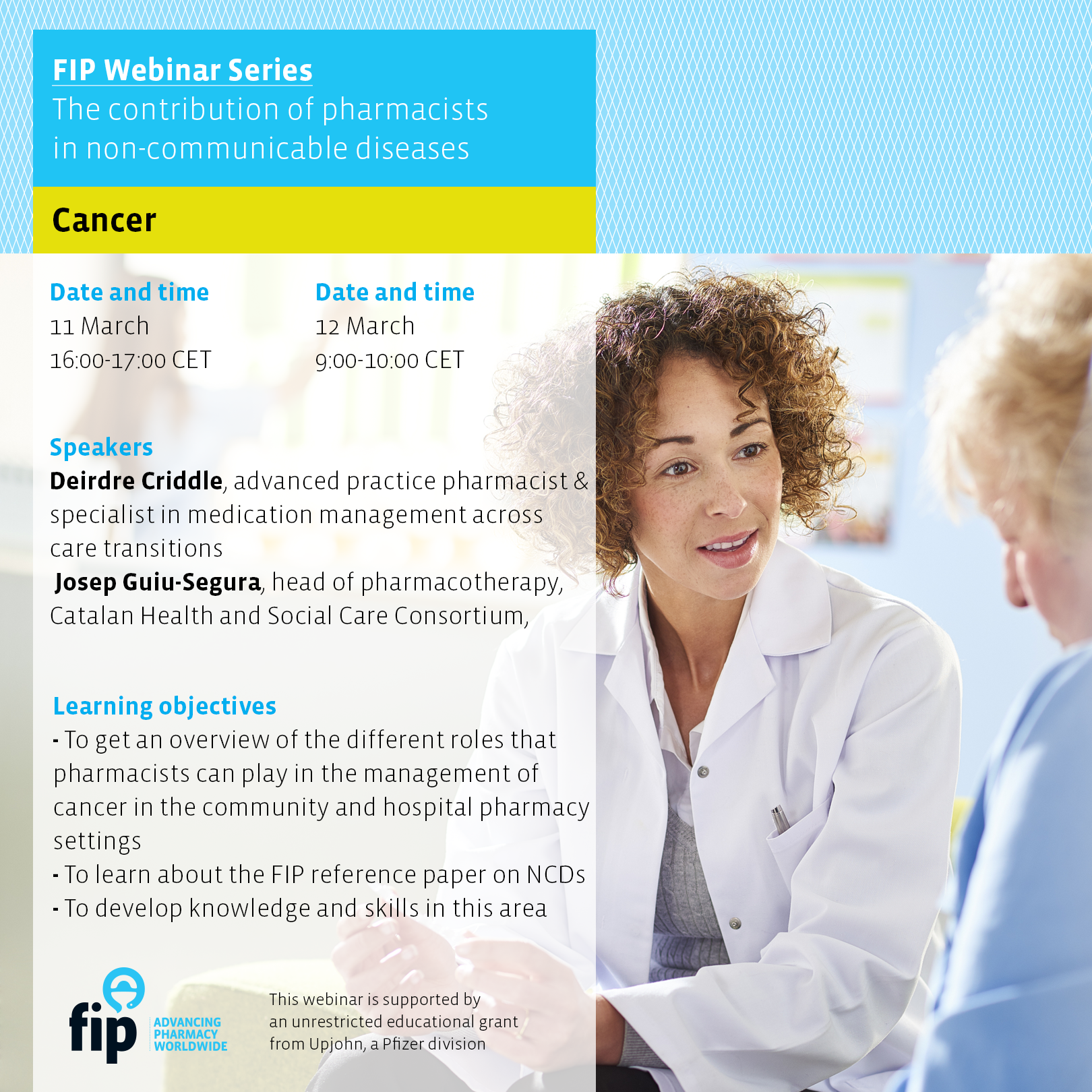
The contribution of pharmacists in non communicable diseases - Cancer
Panelists: Pep Guiu, Deirdre Criddle.
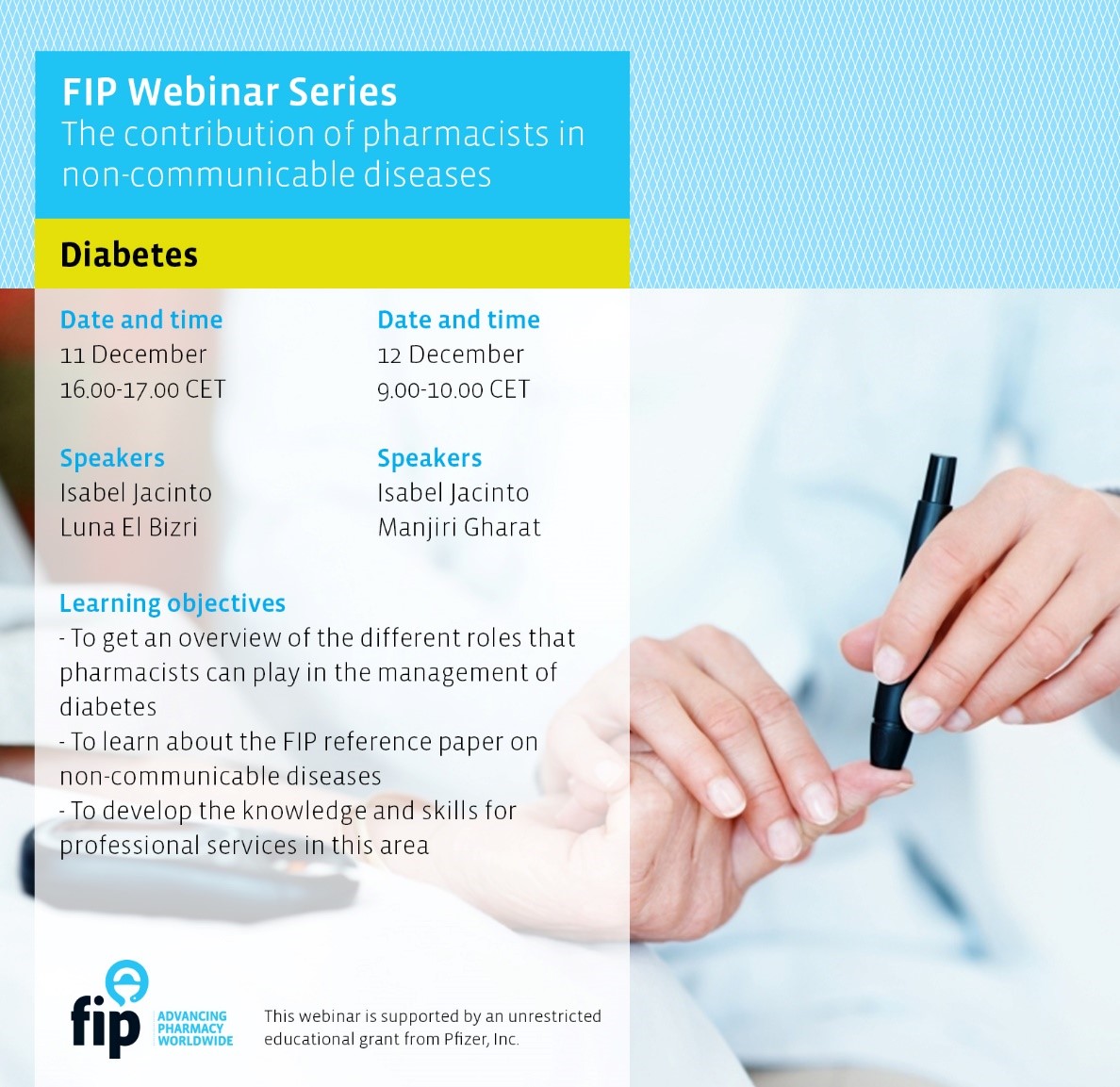
The contribution of pharmacists in non-communicable diseases: Diabetes
Speakers: Isabel Jacinto, Luna El Bizri
The following FIP programmes of work and structures support the implementation of this Goal:
FIP Board of Pharmaceutical Practice and sections
